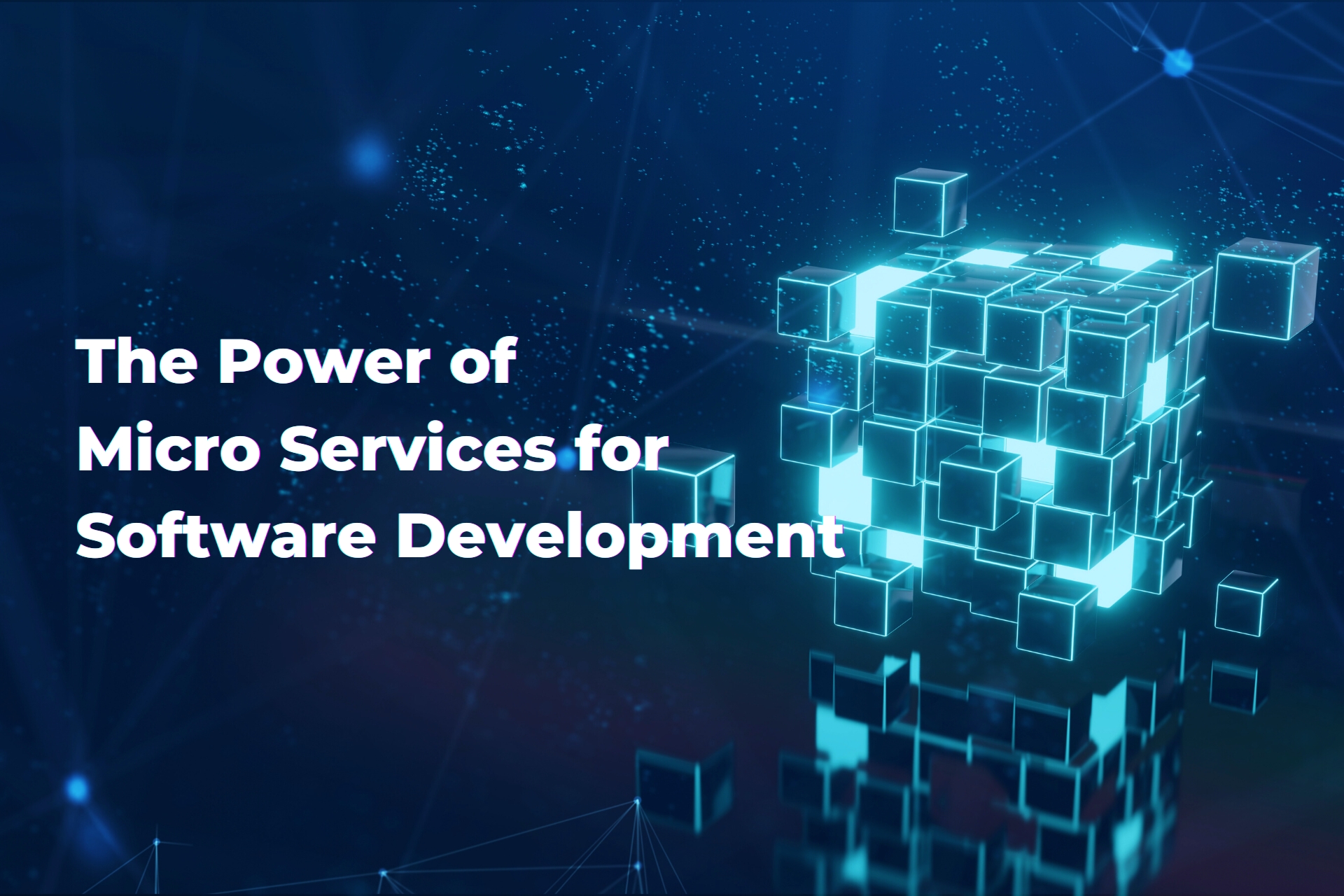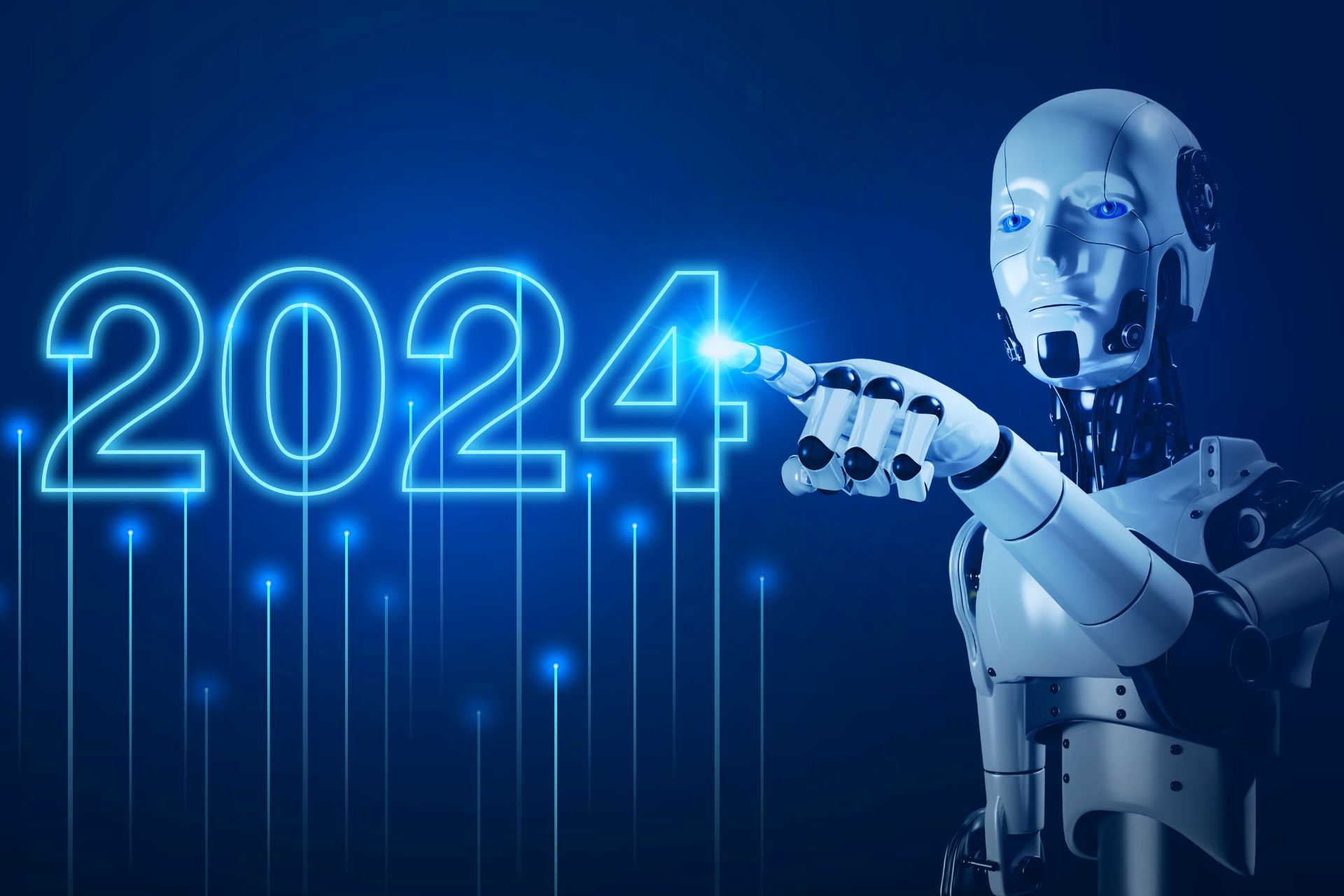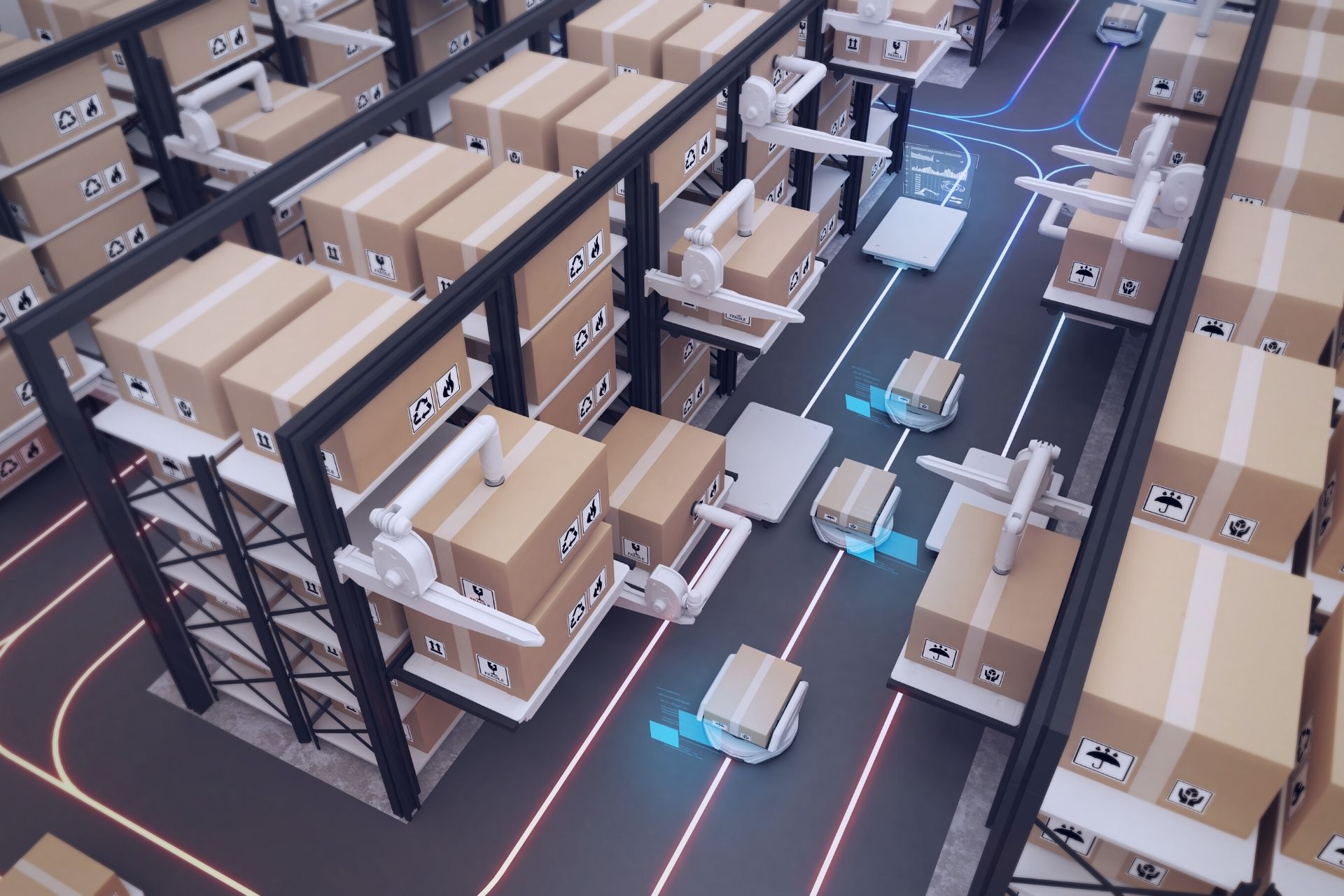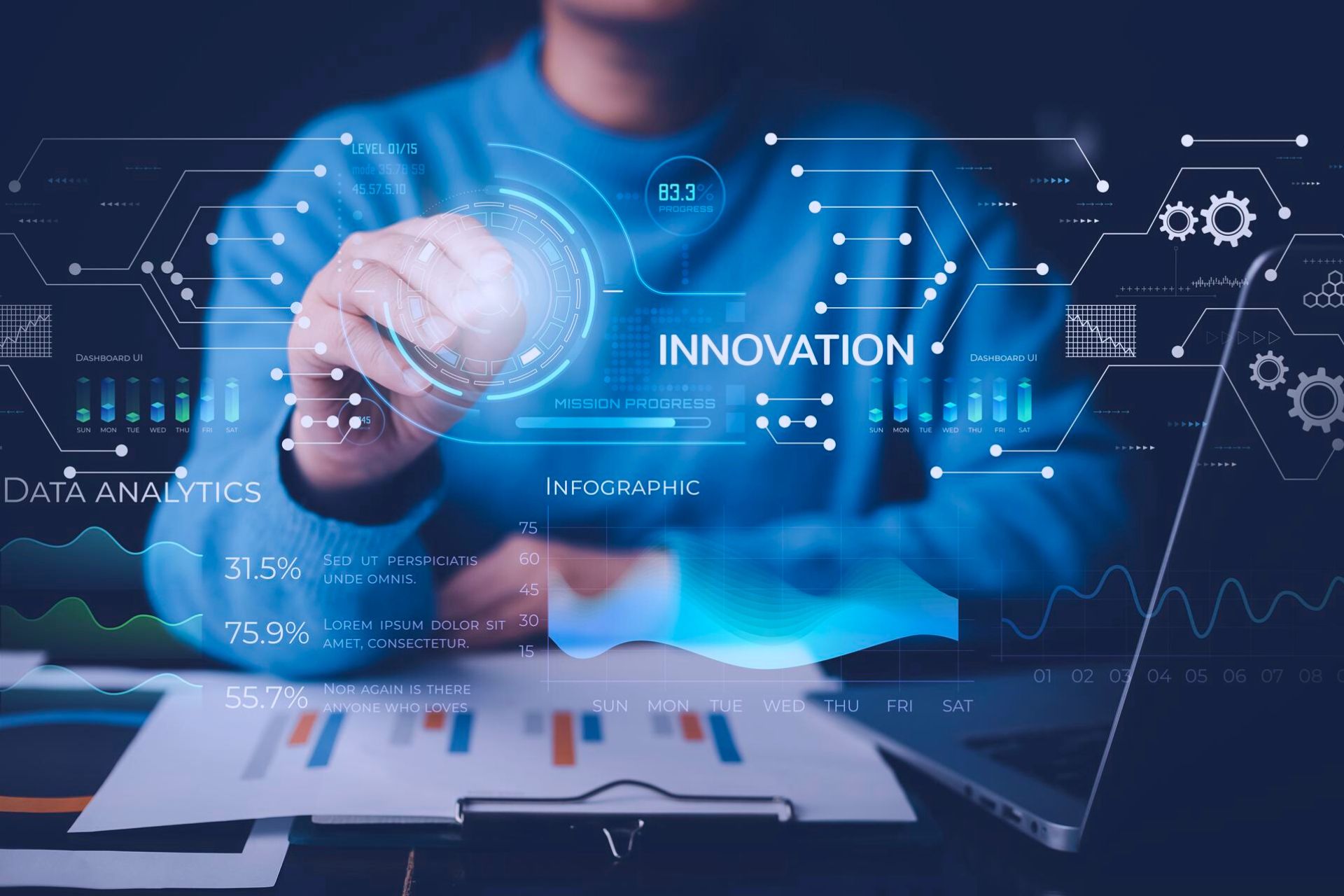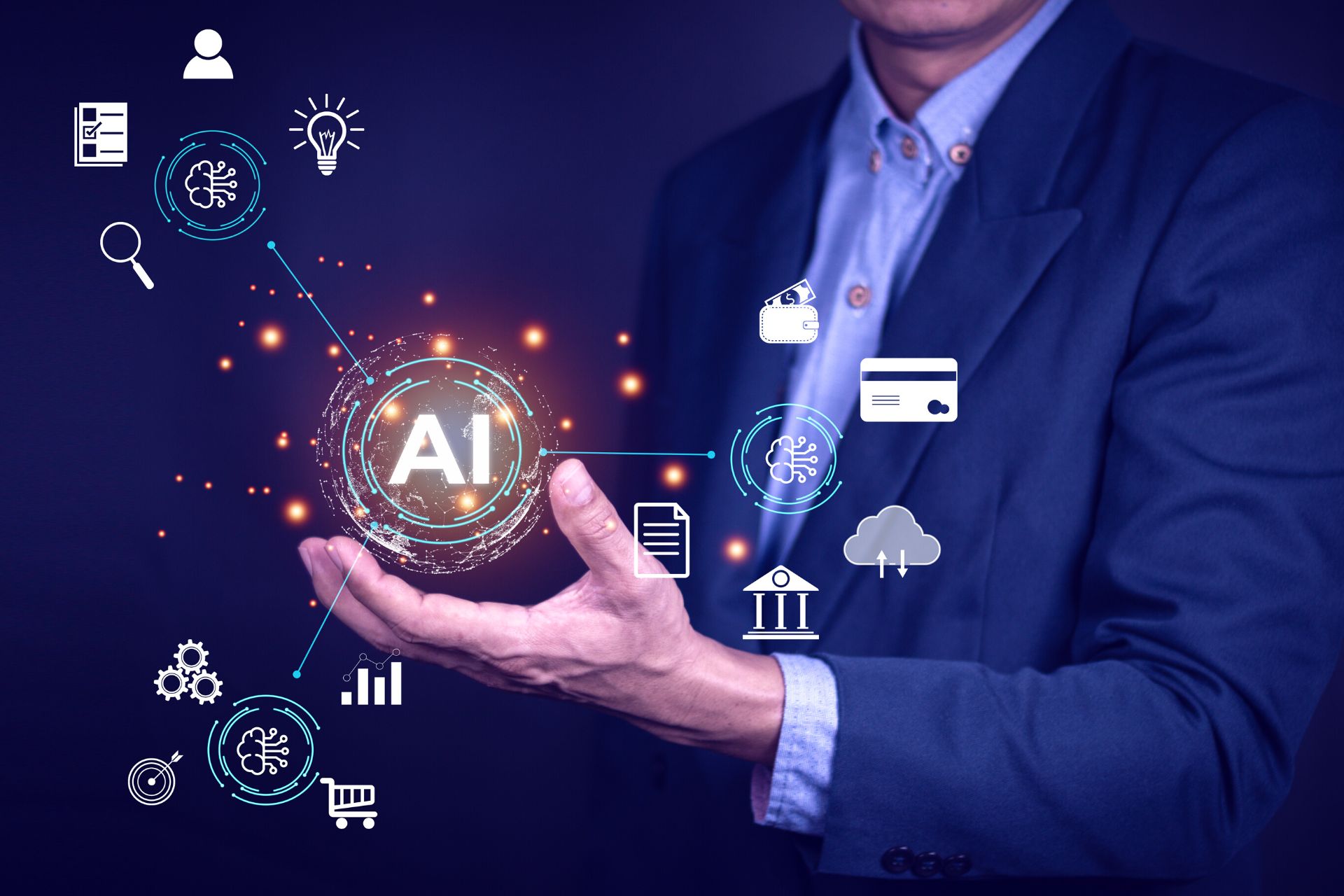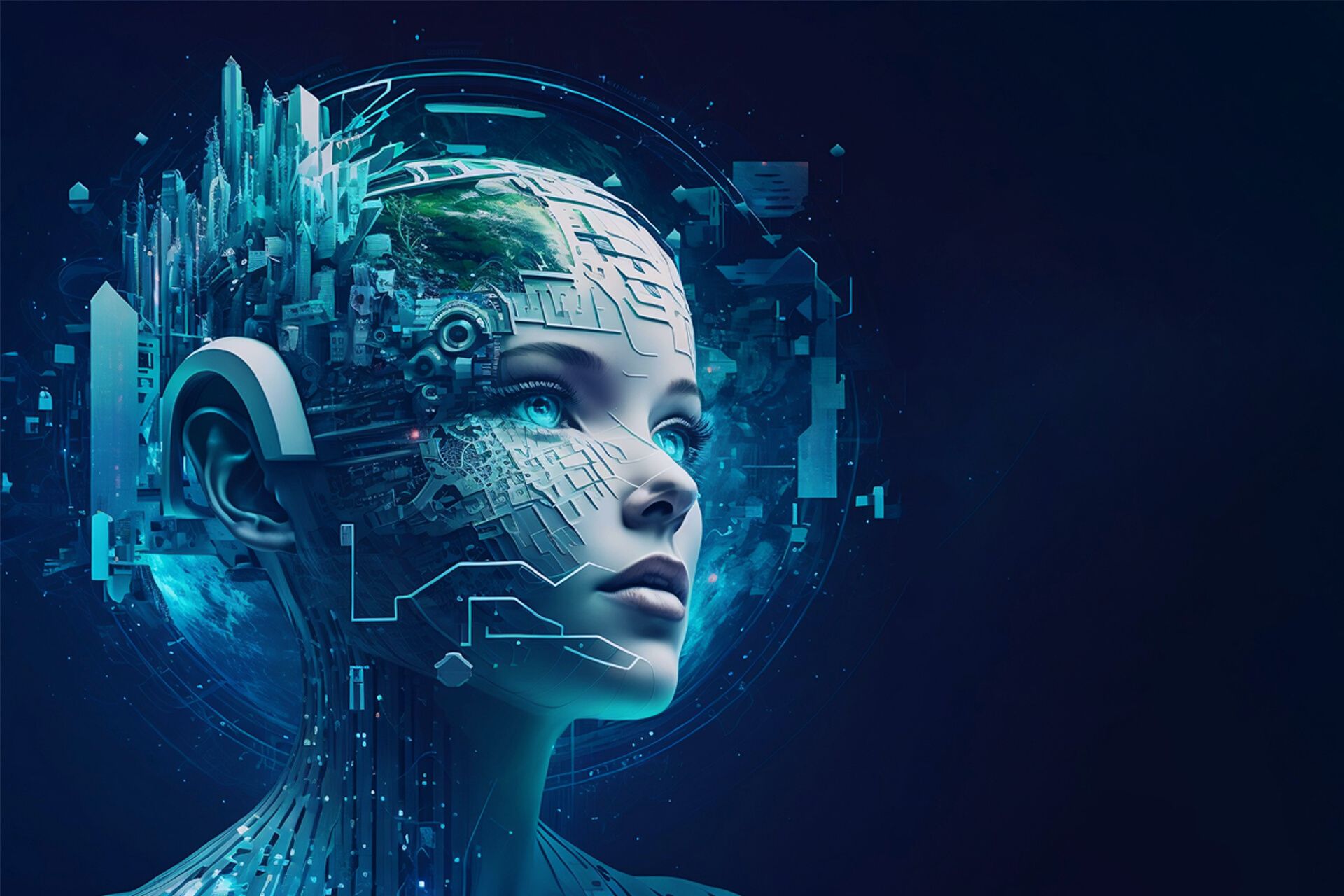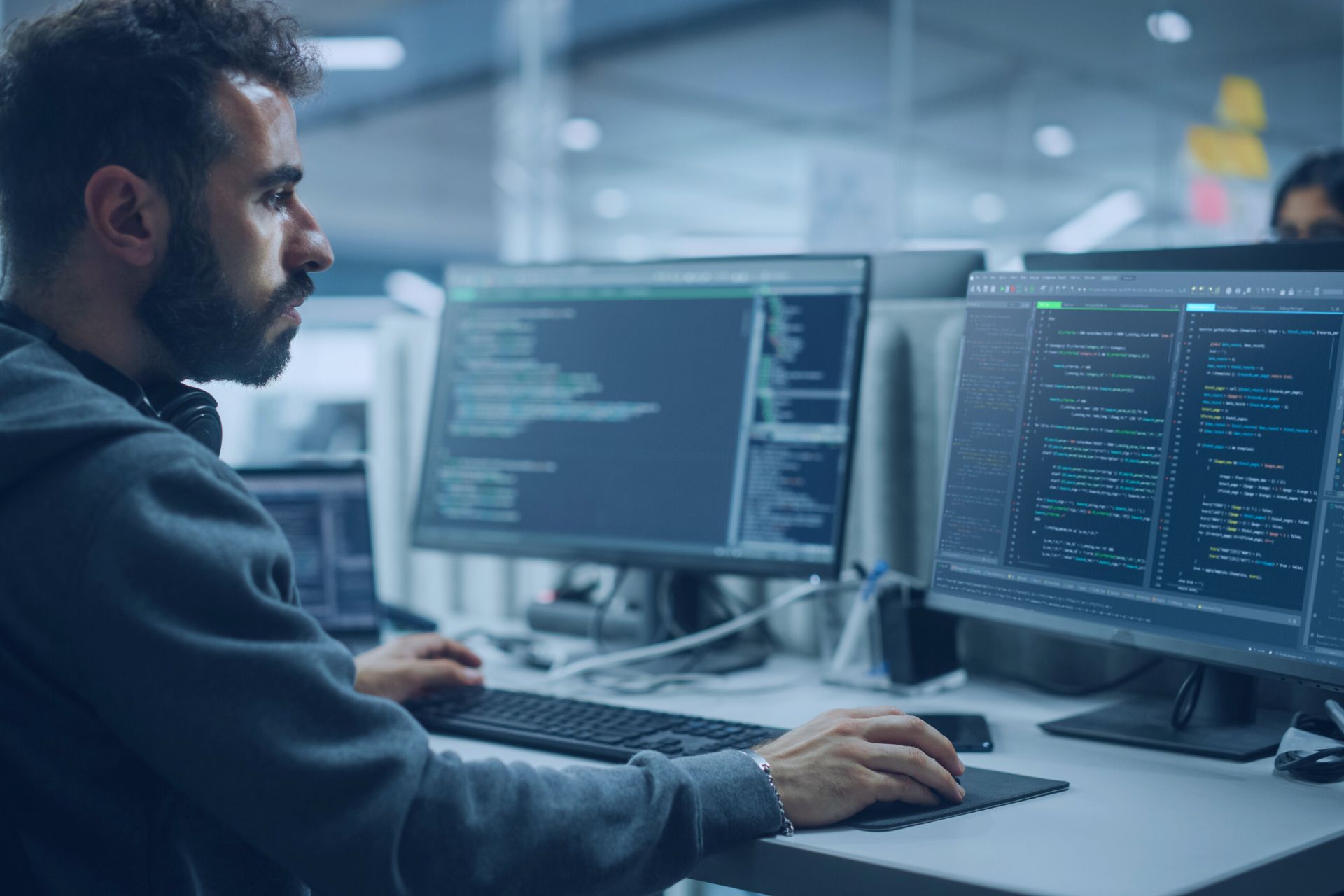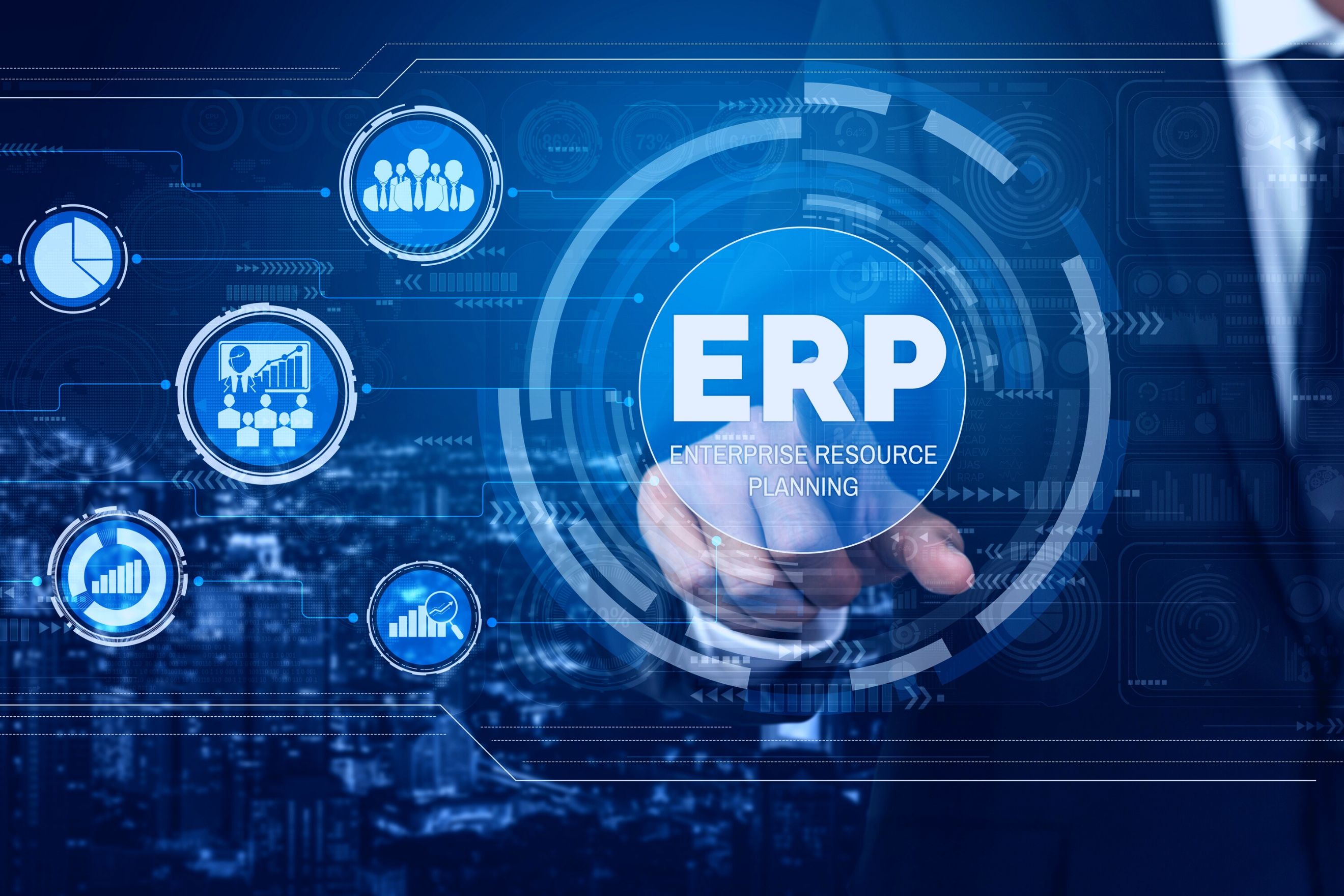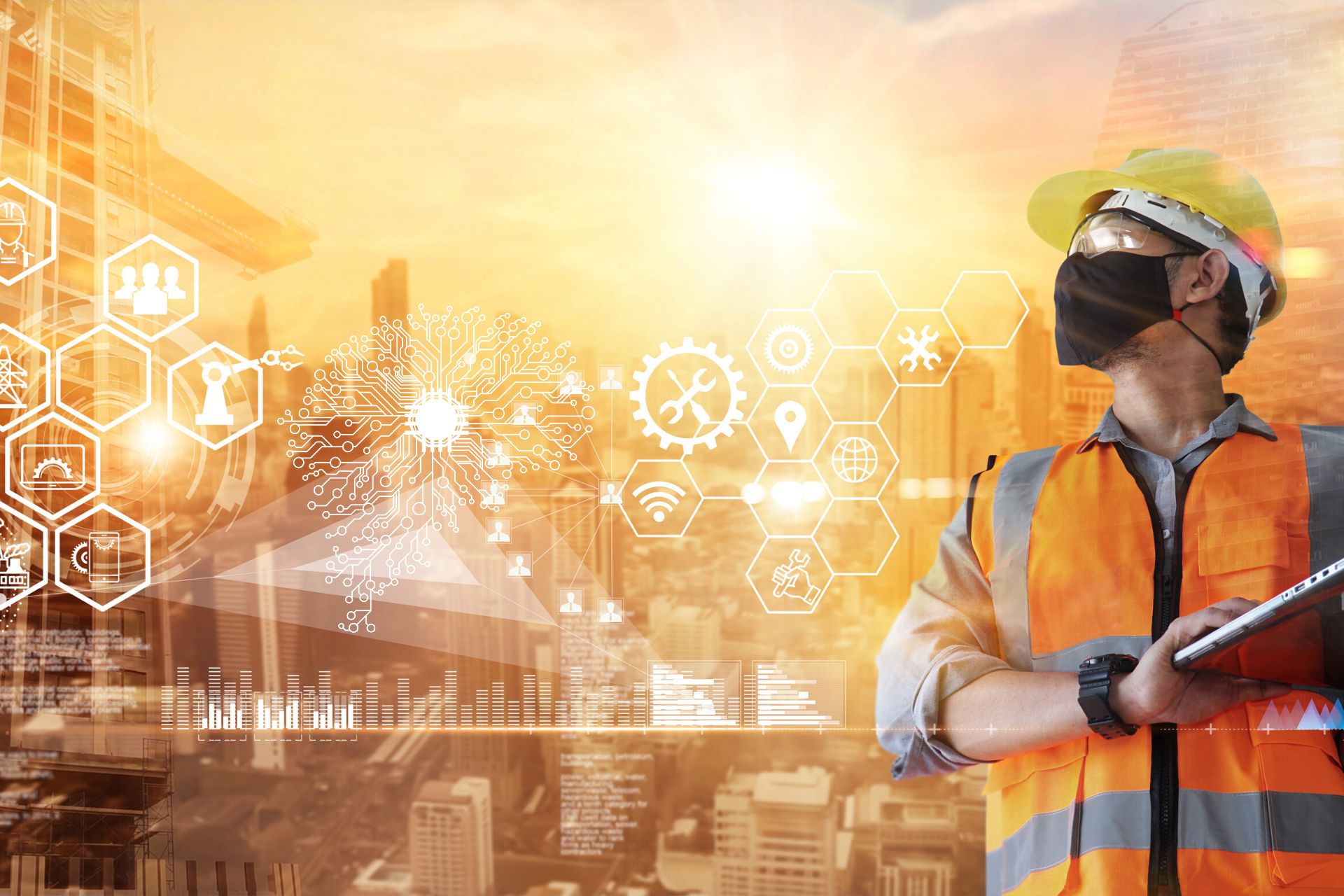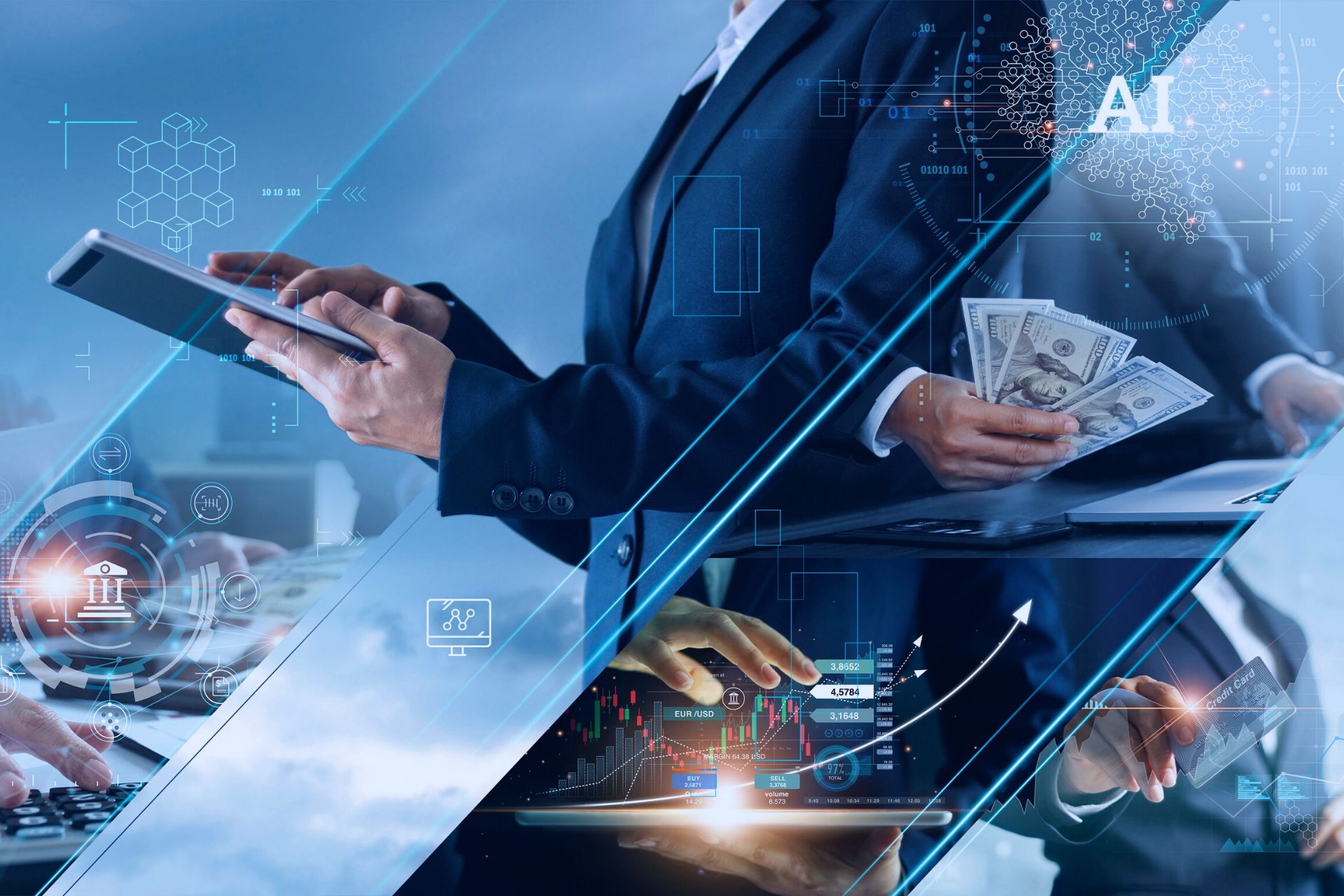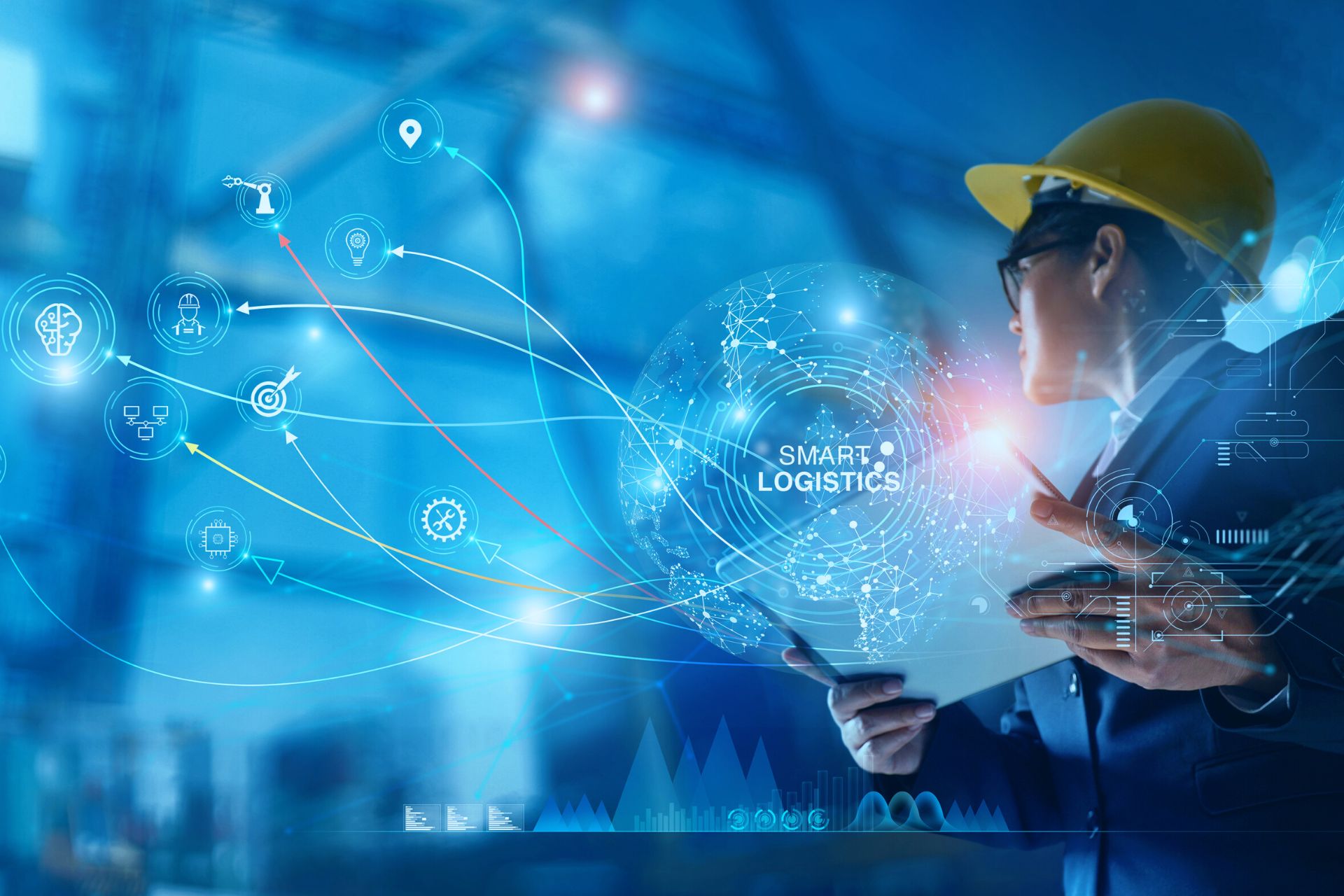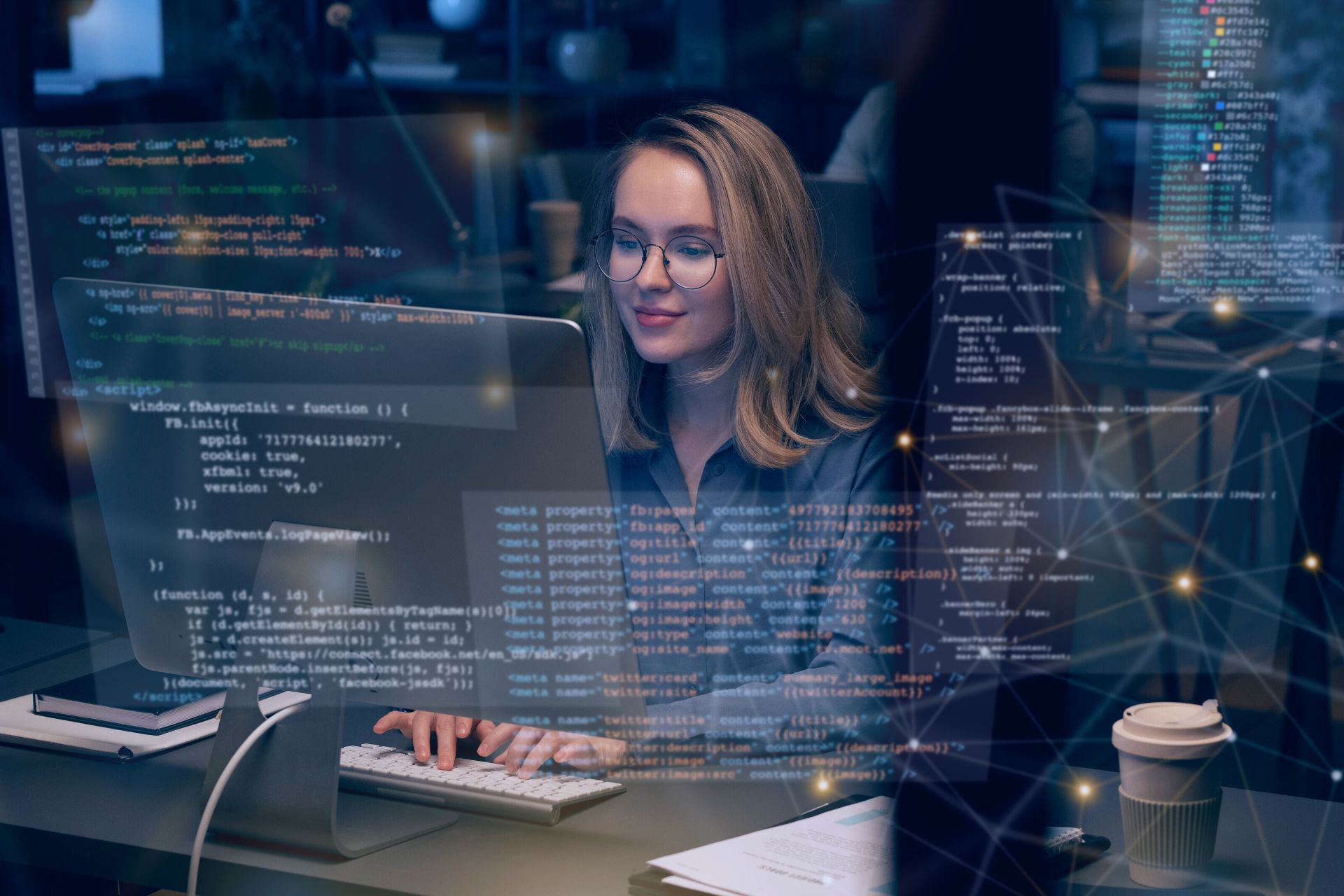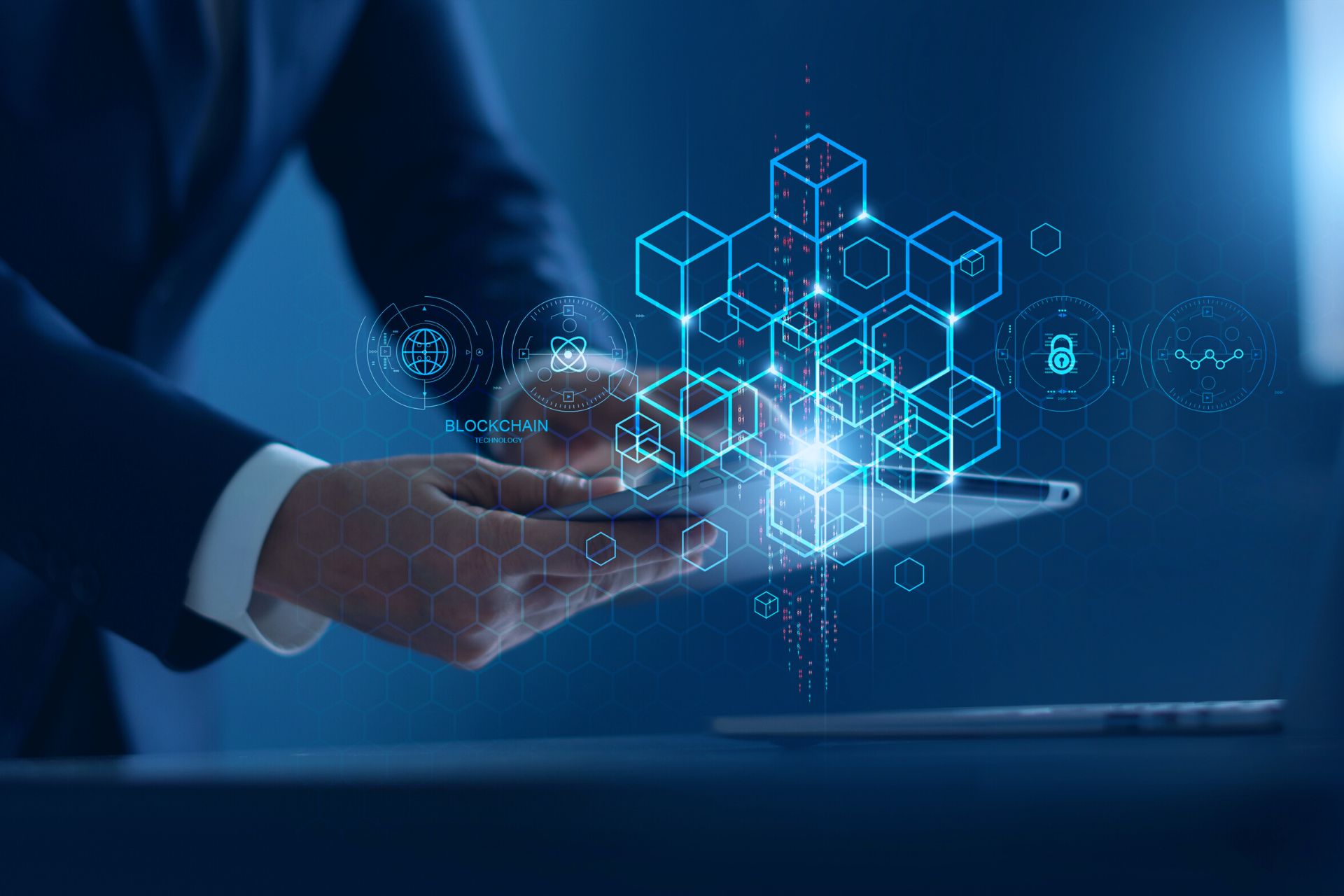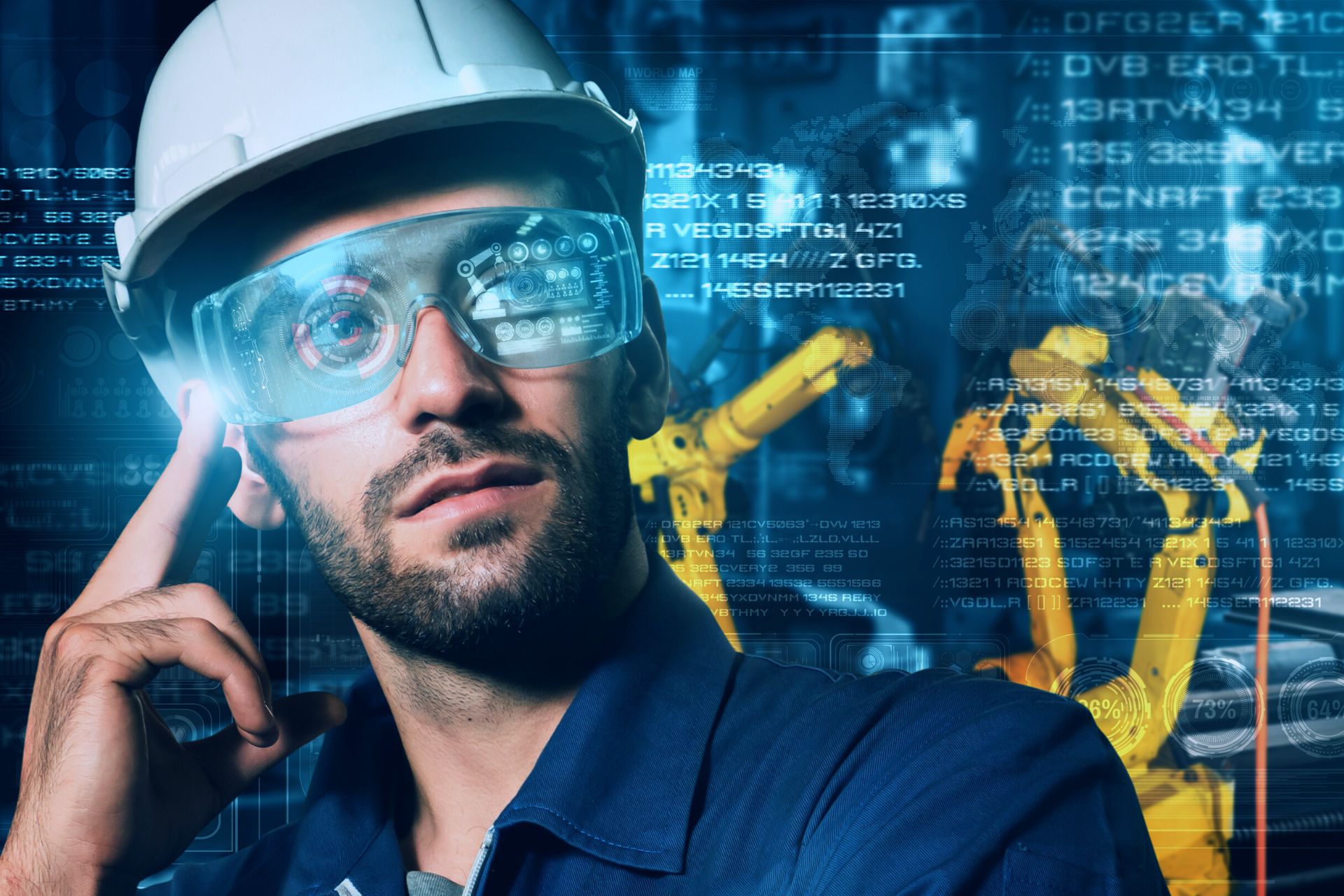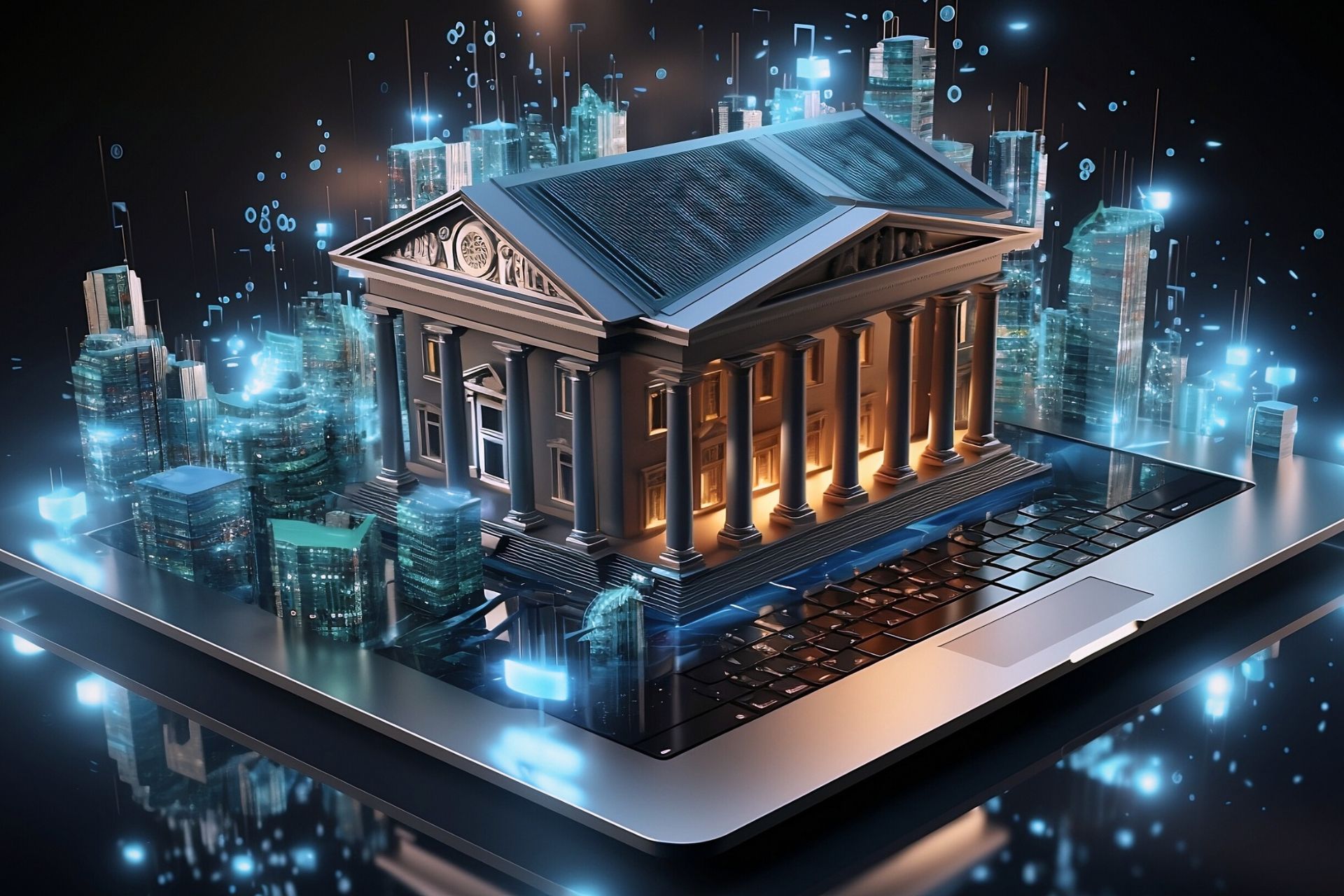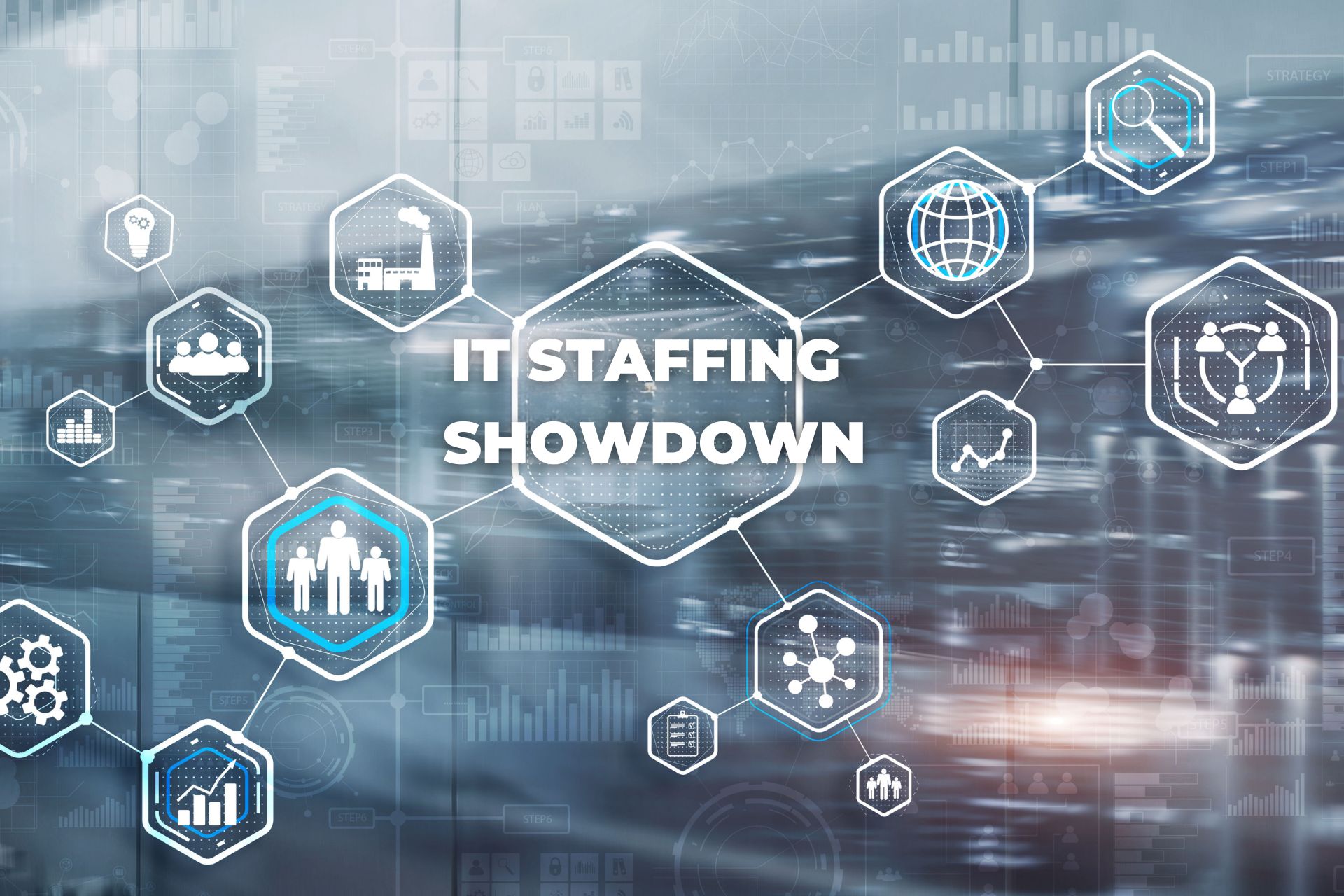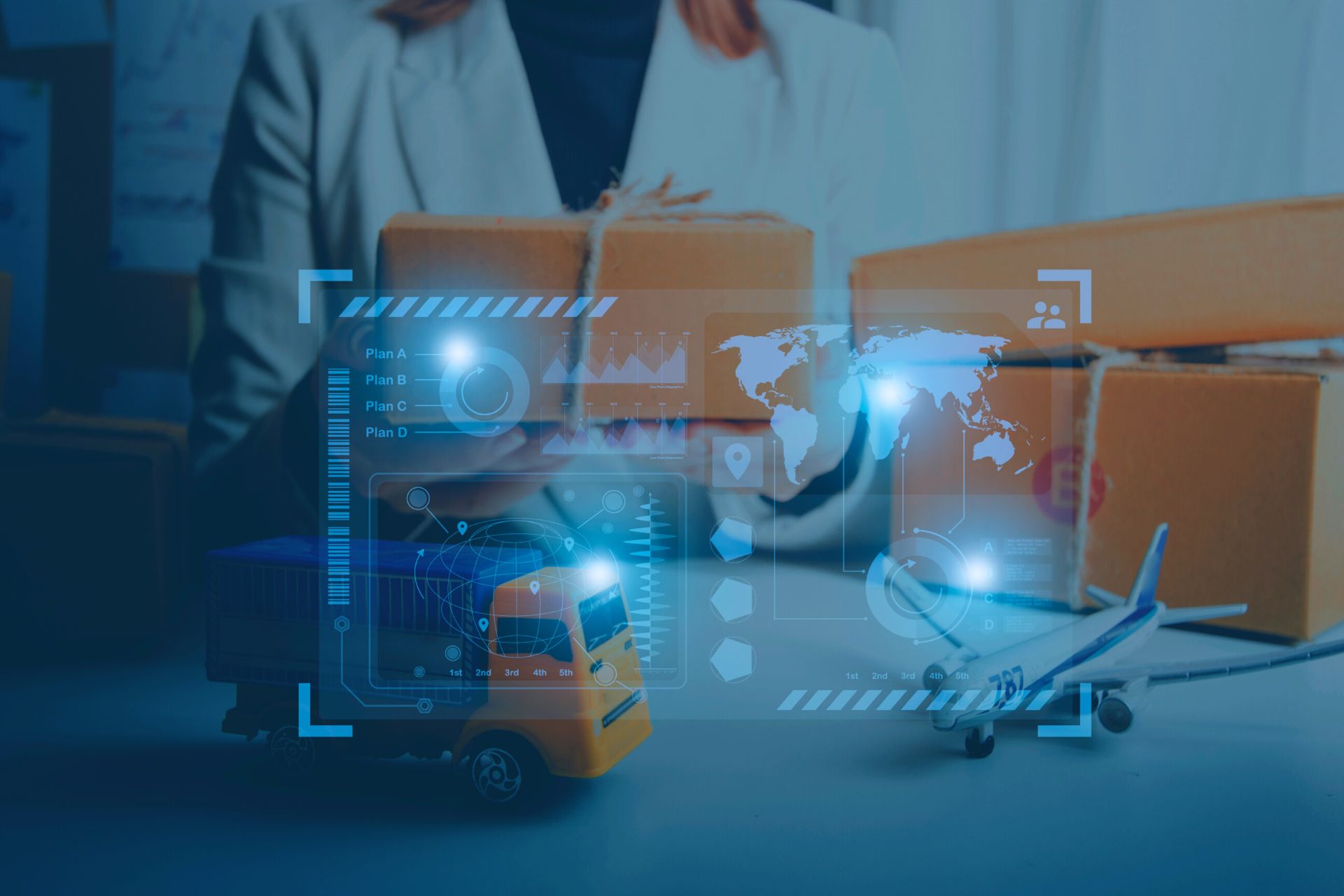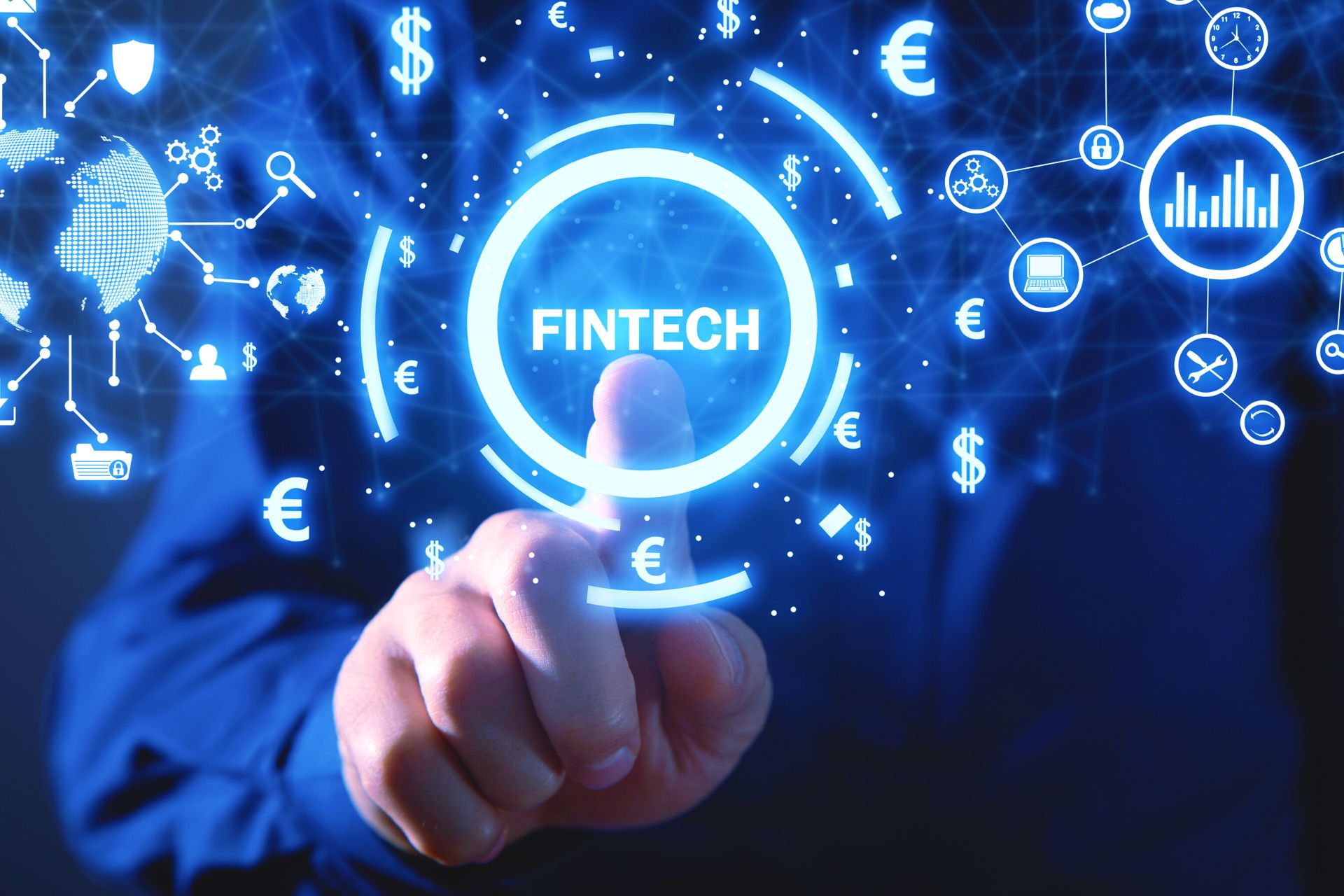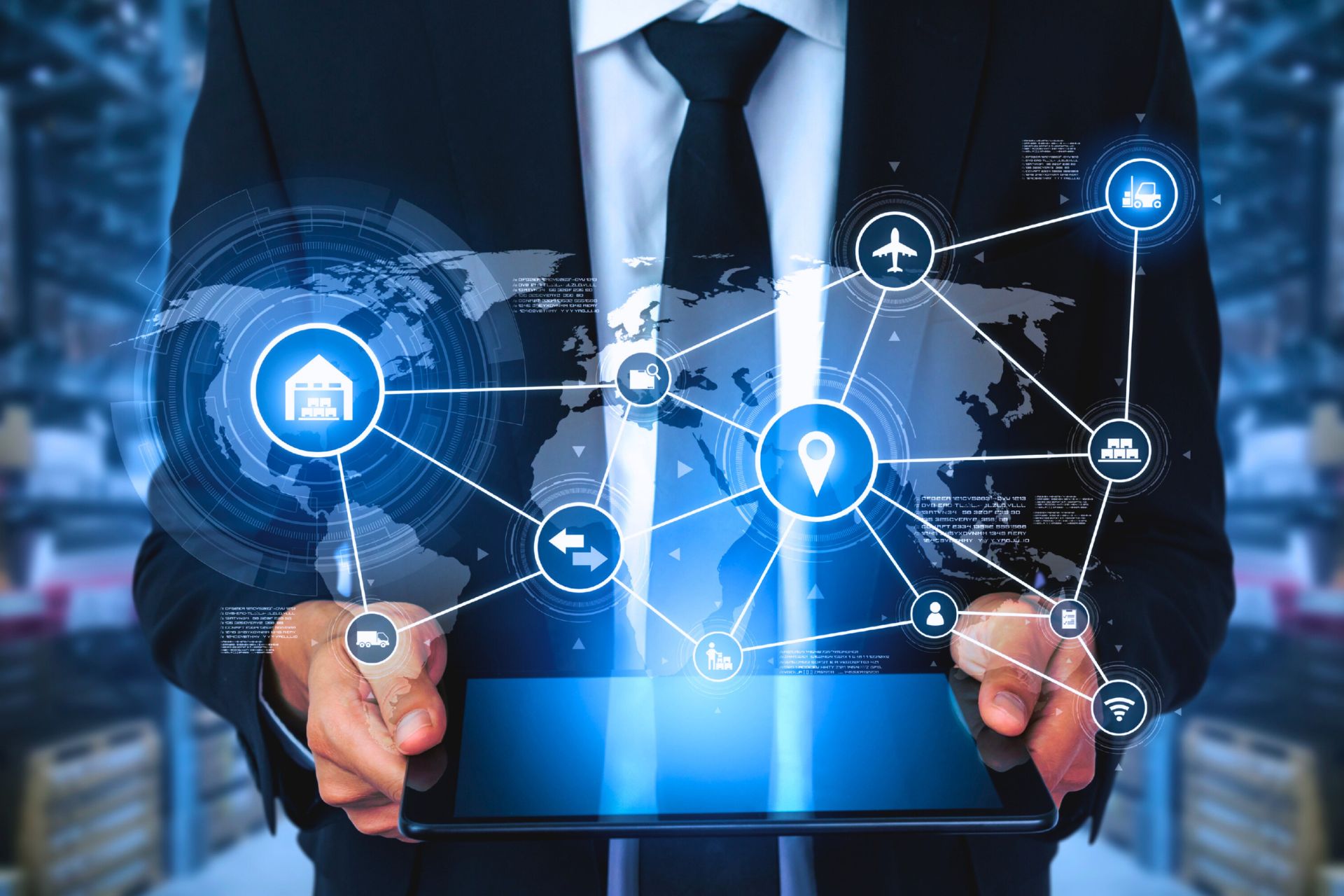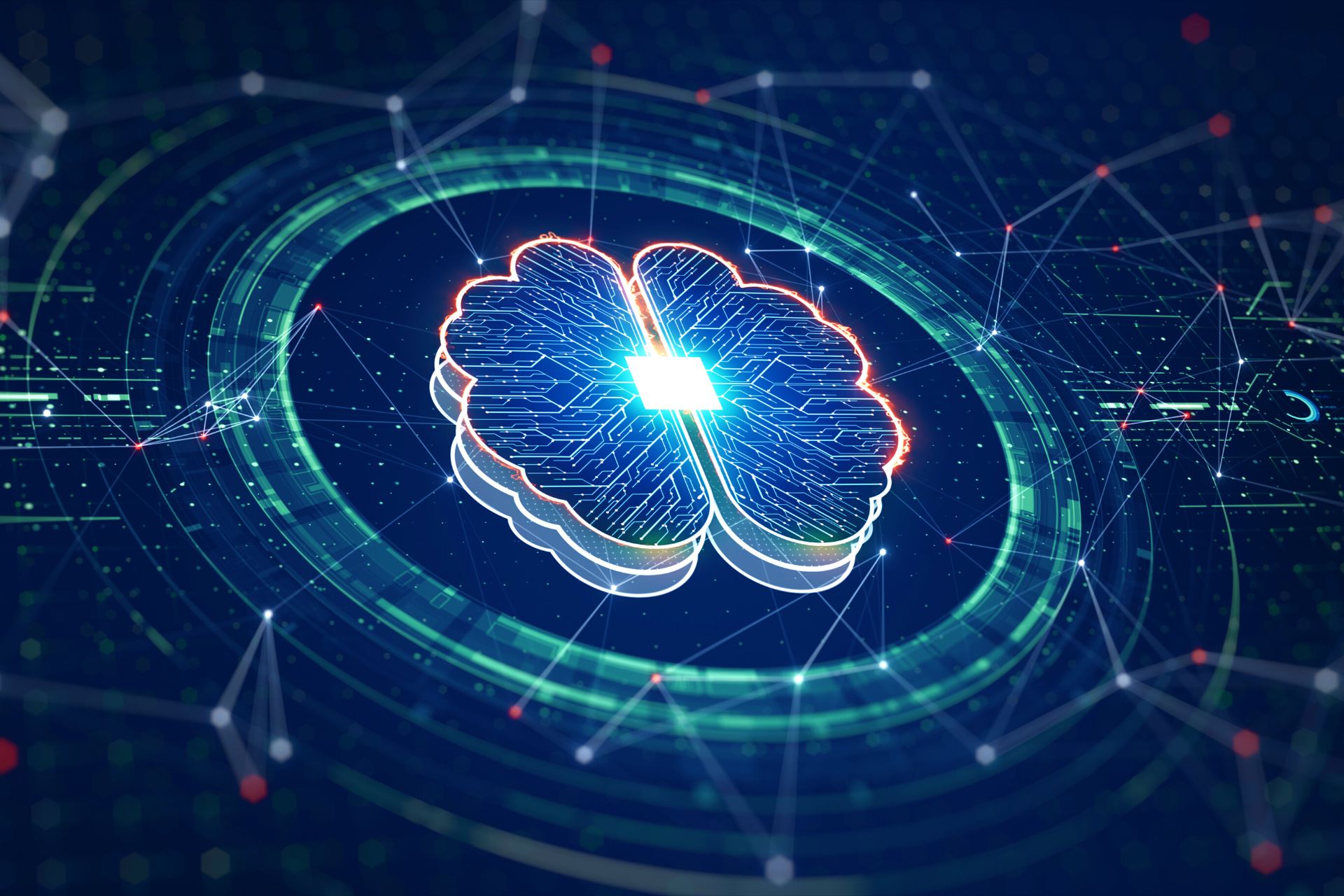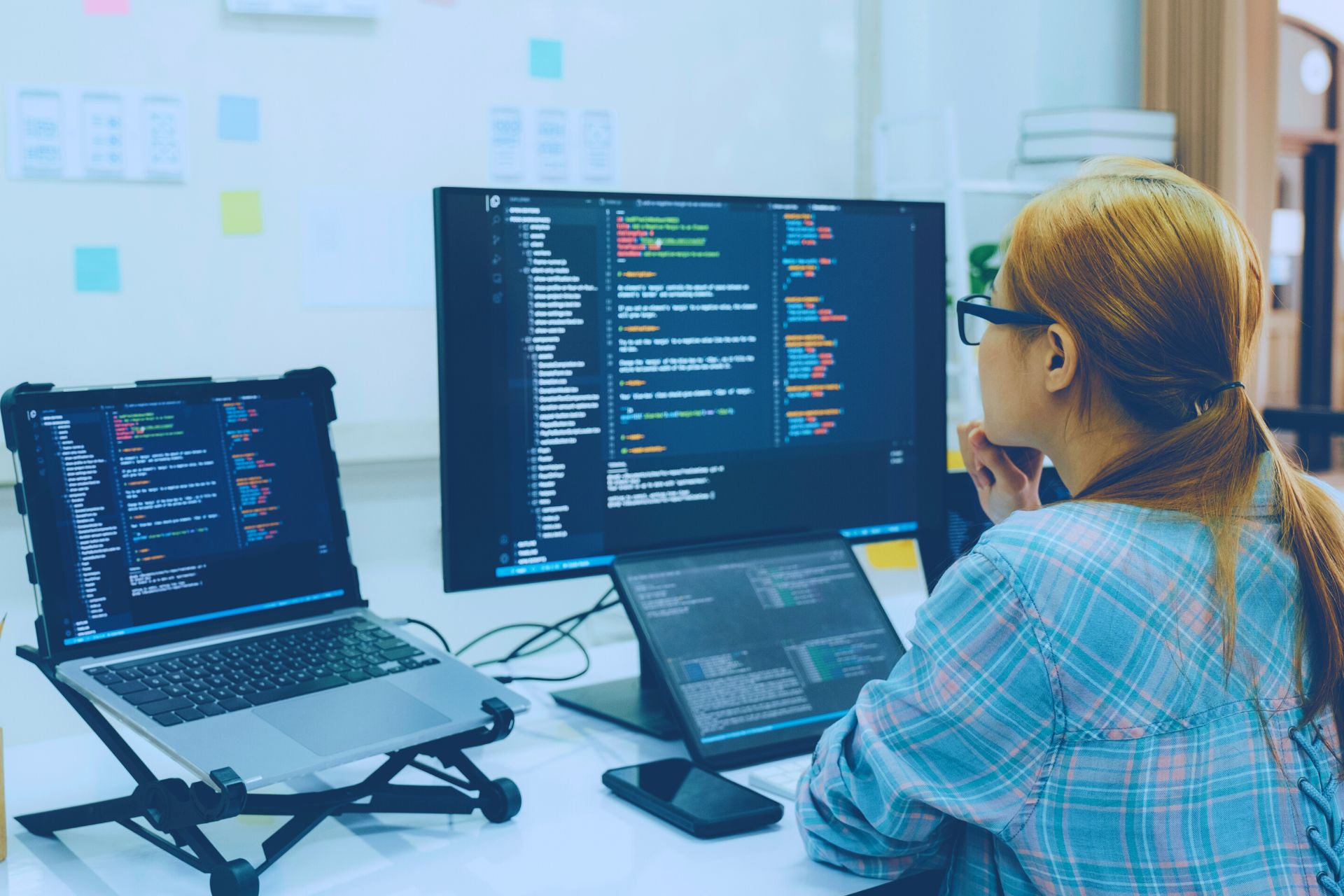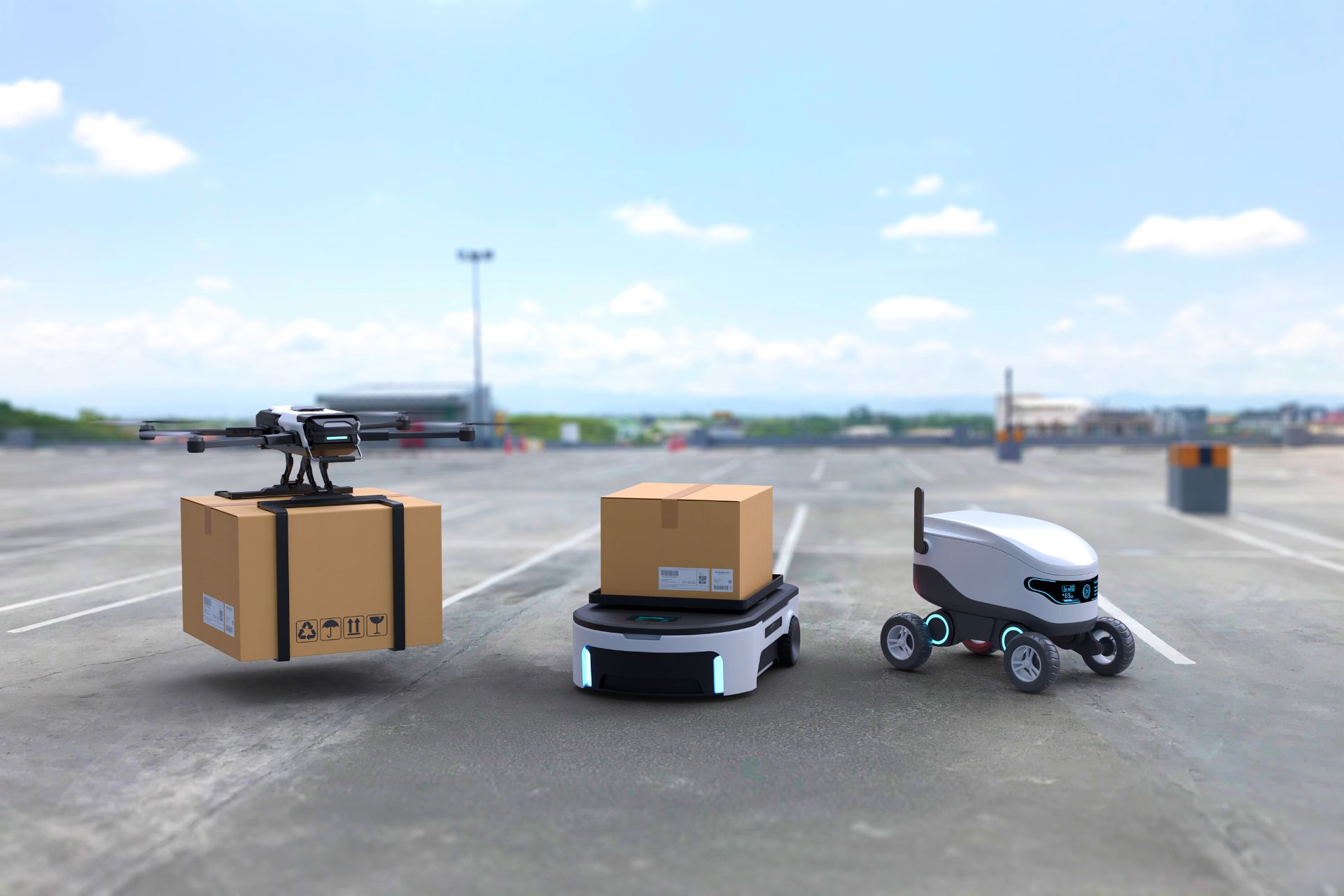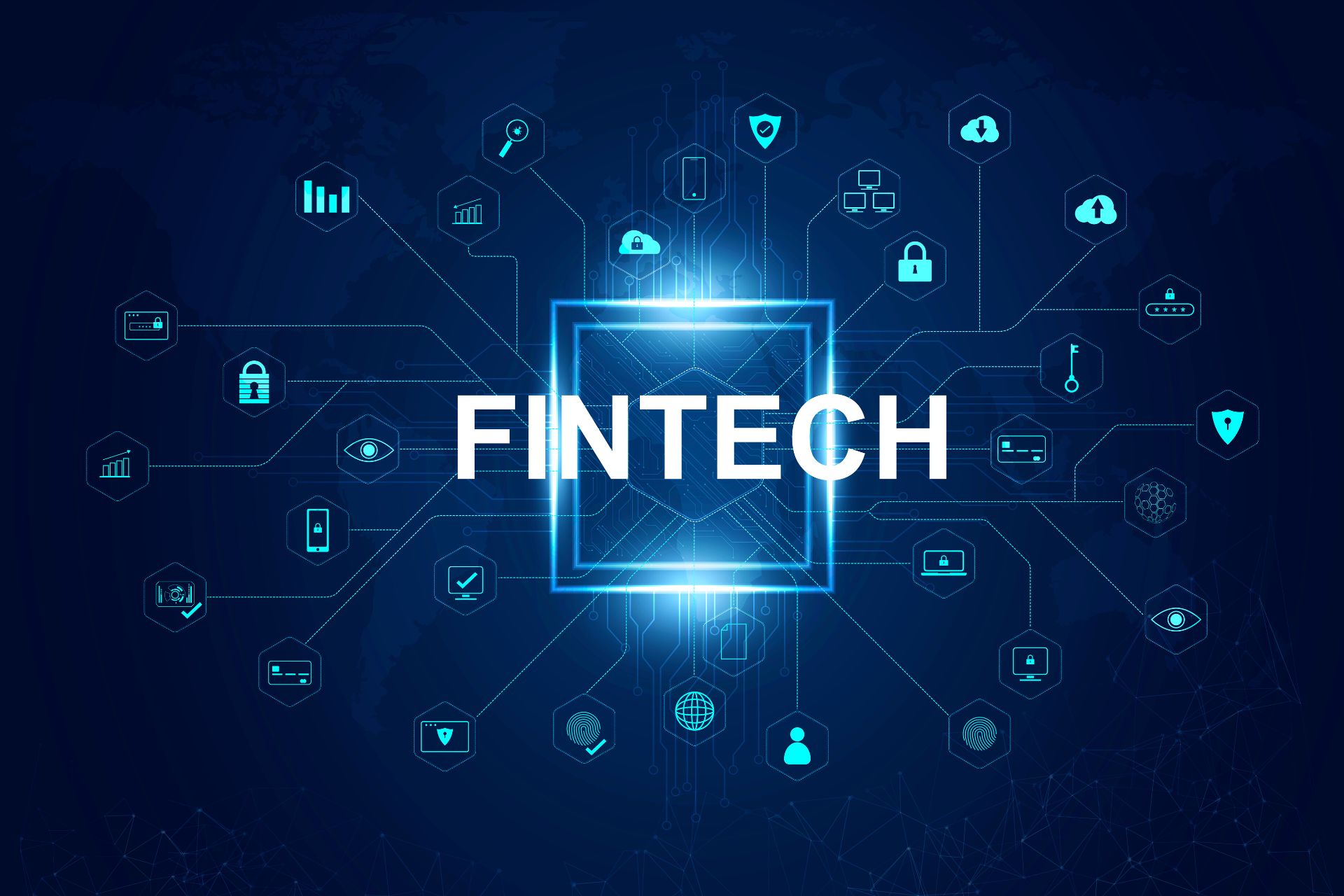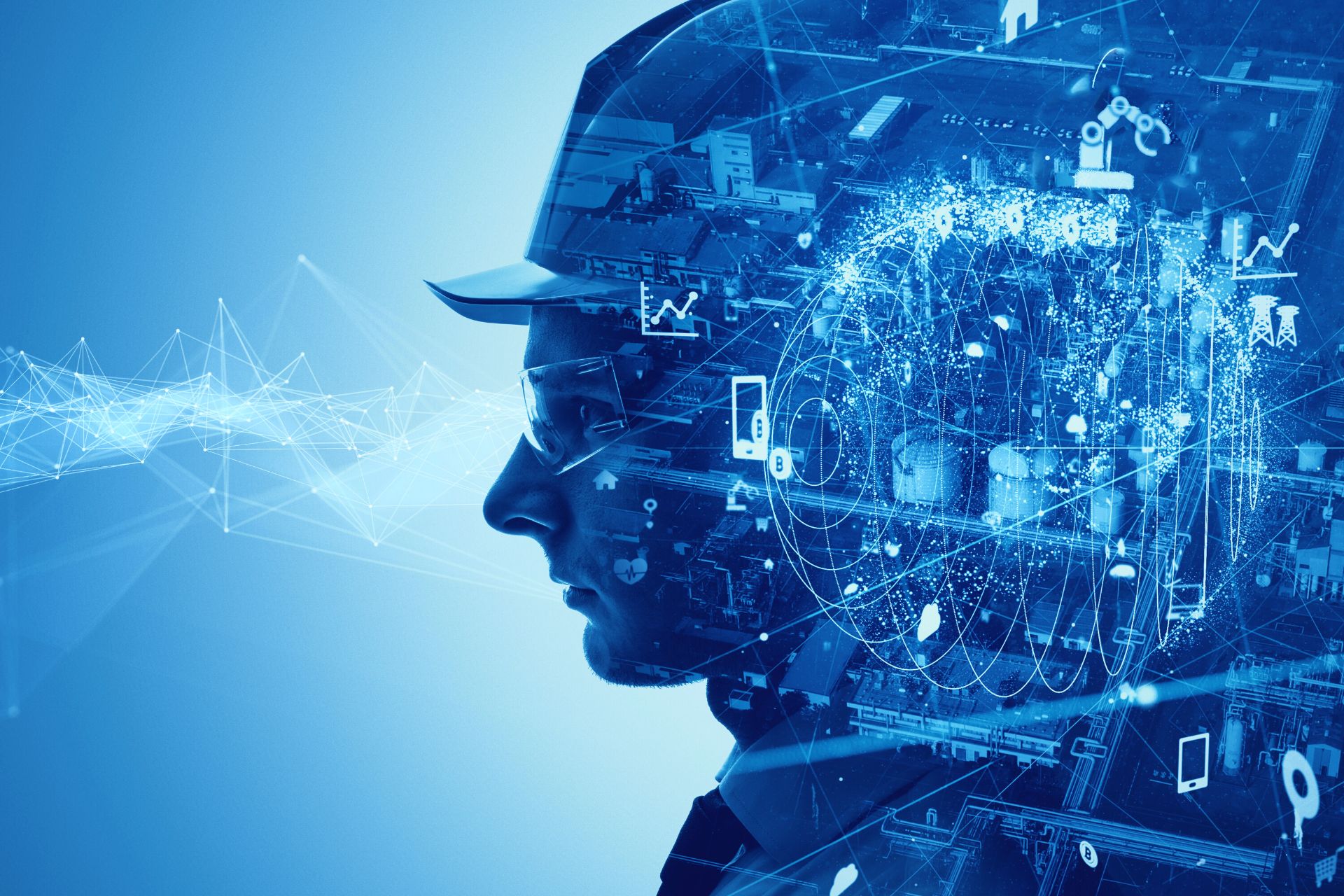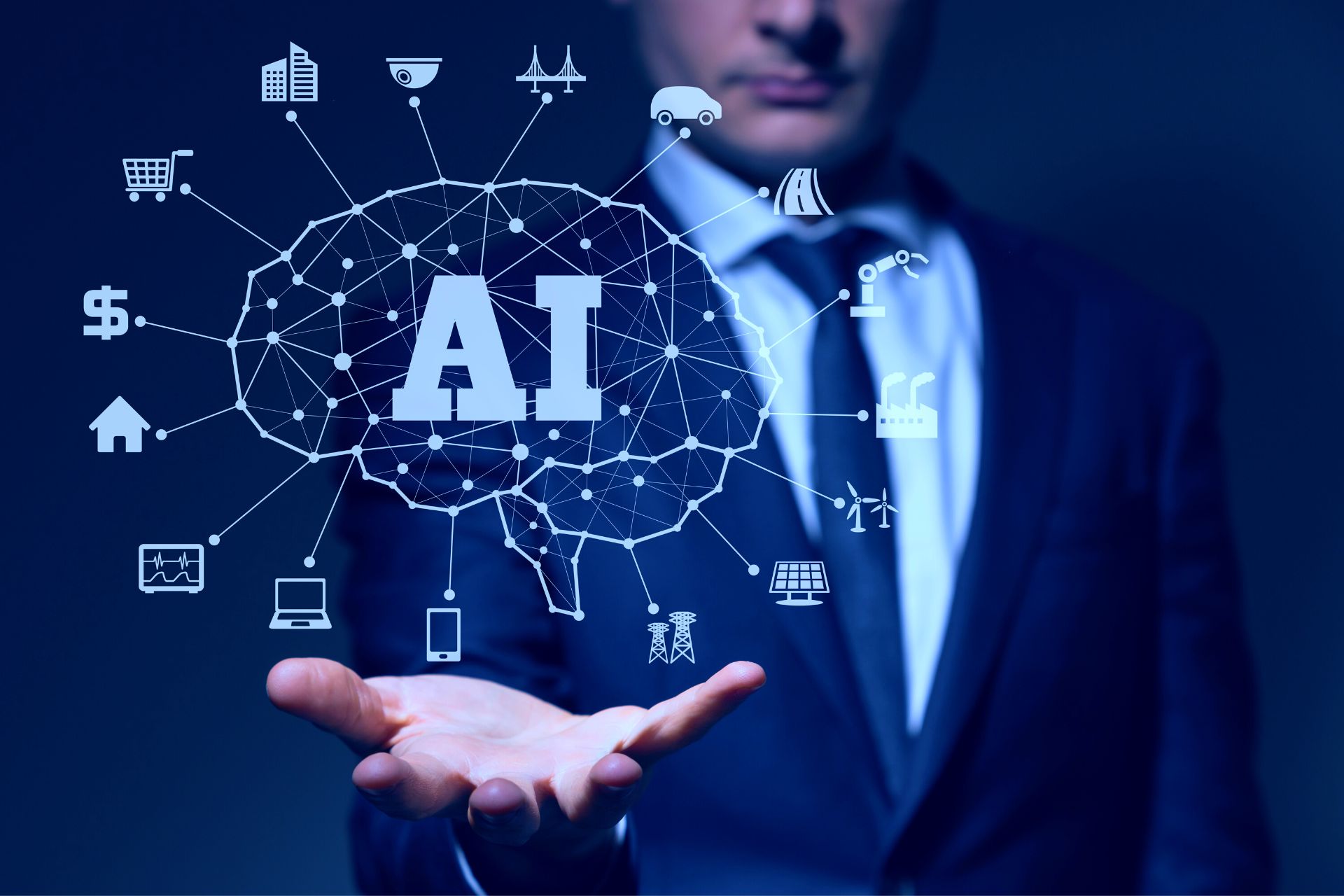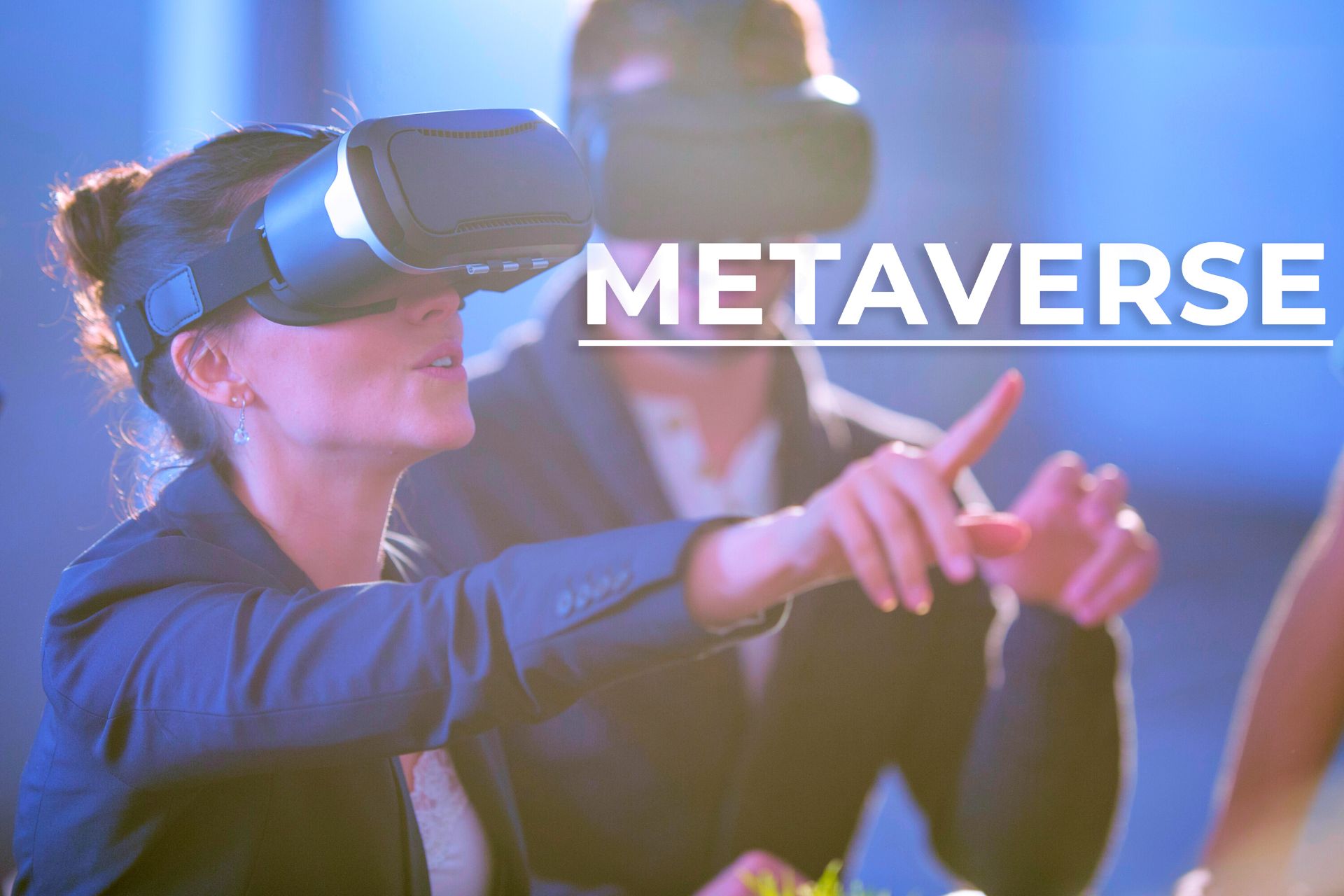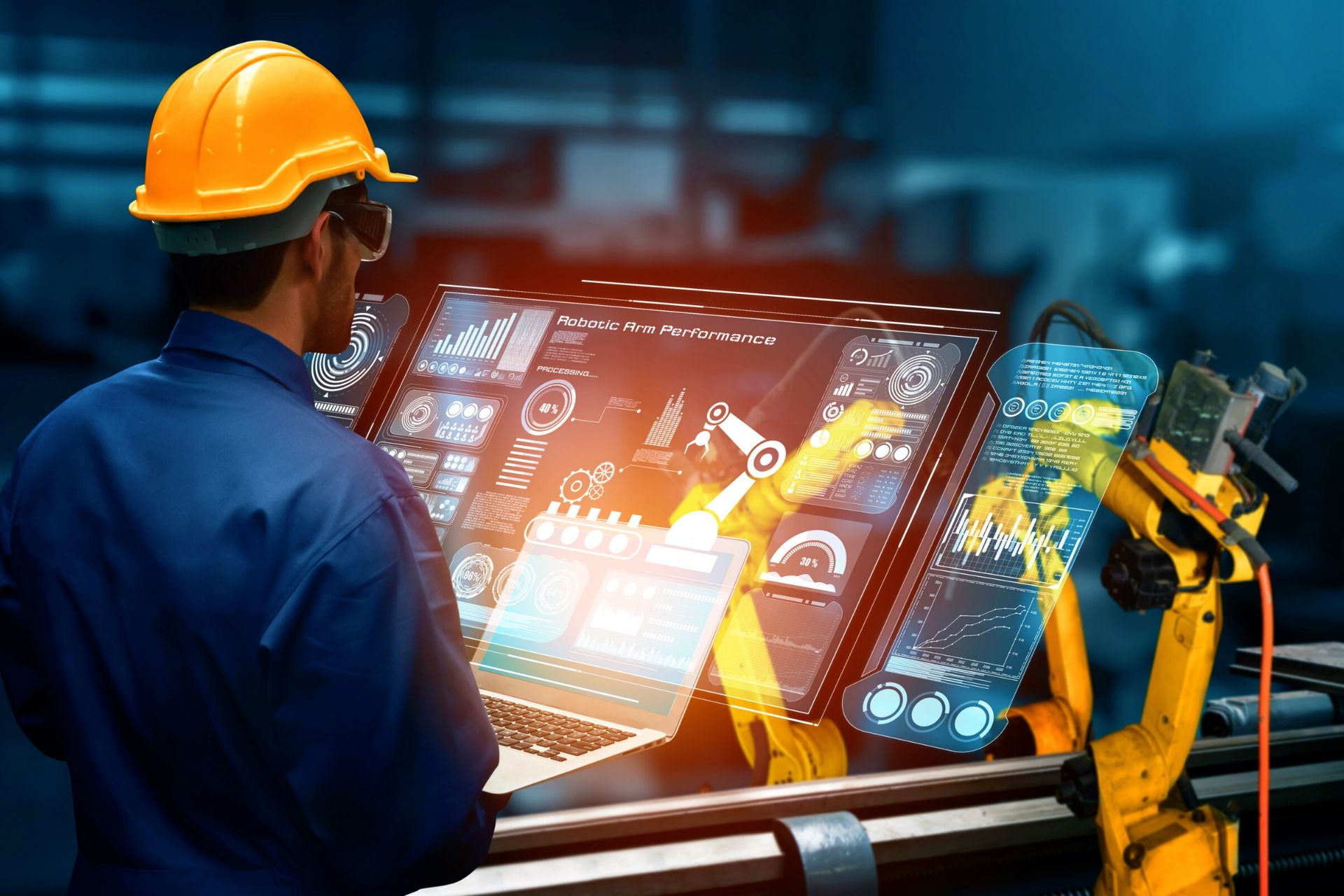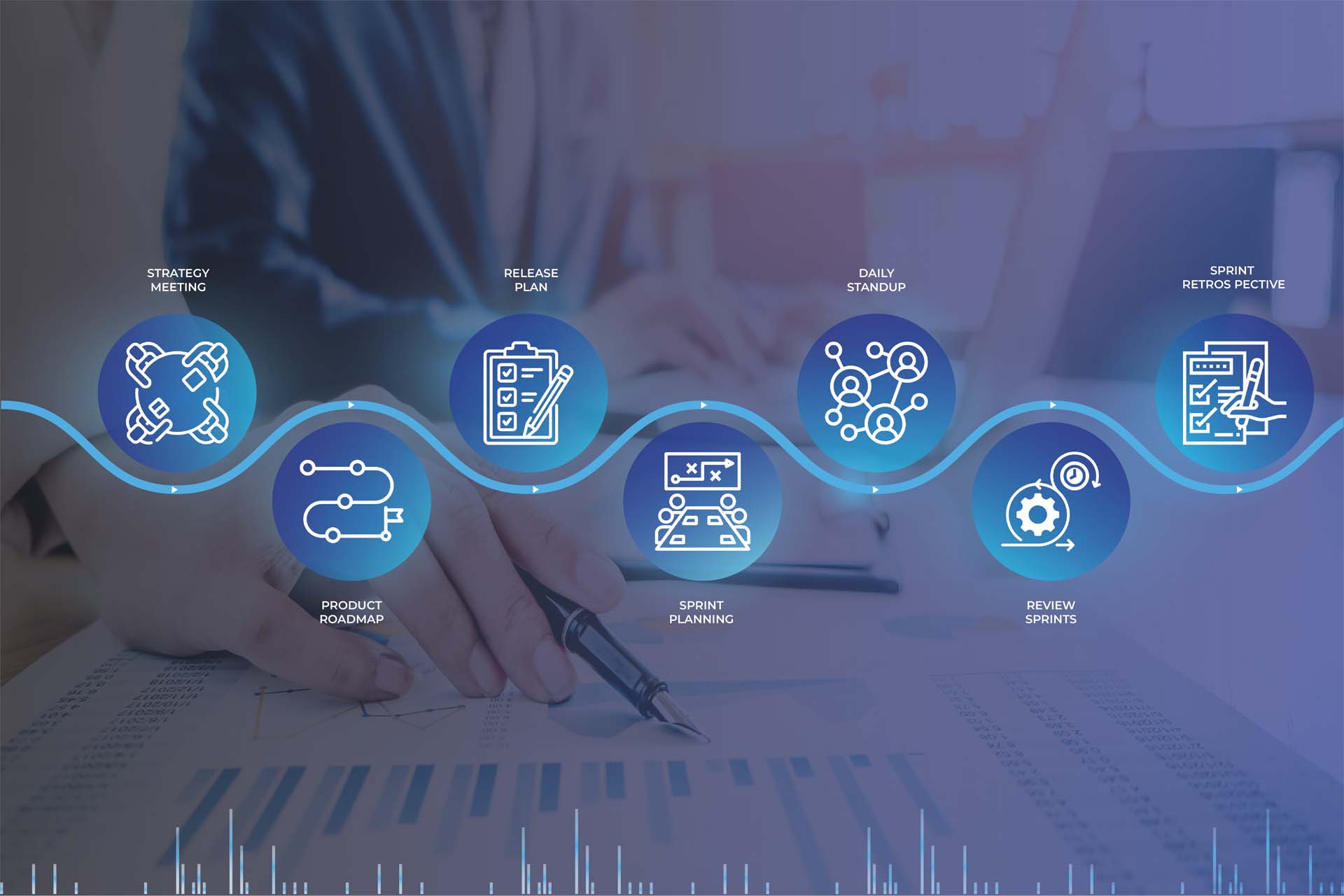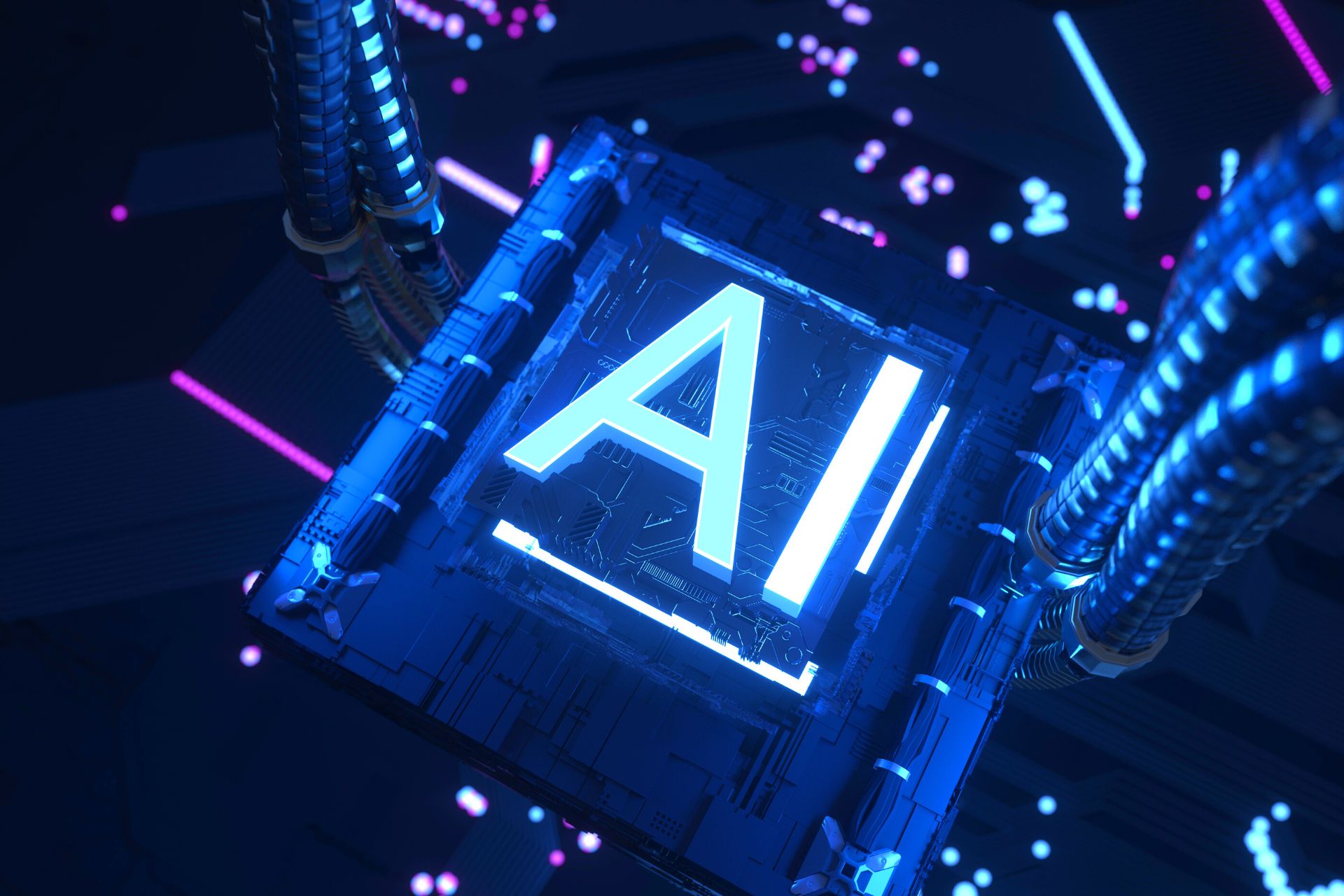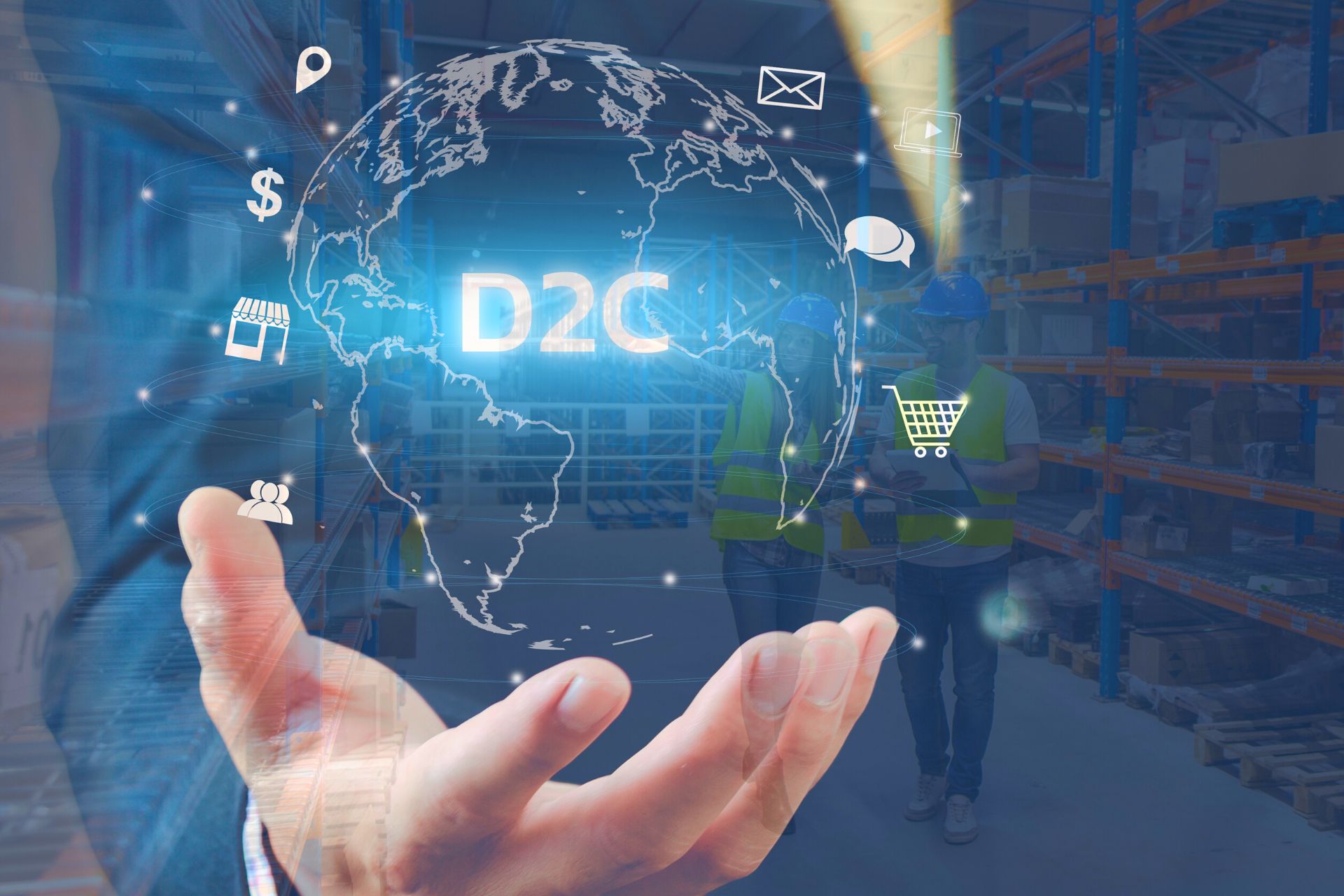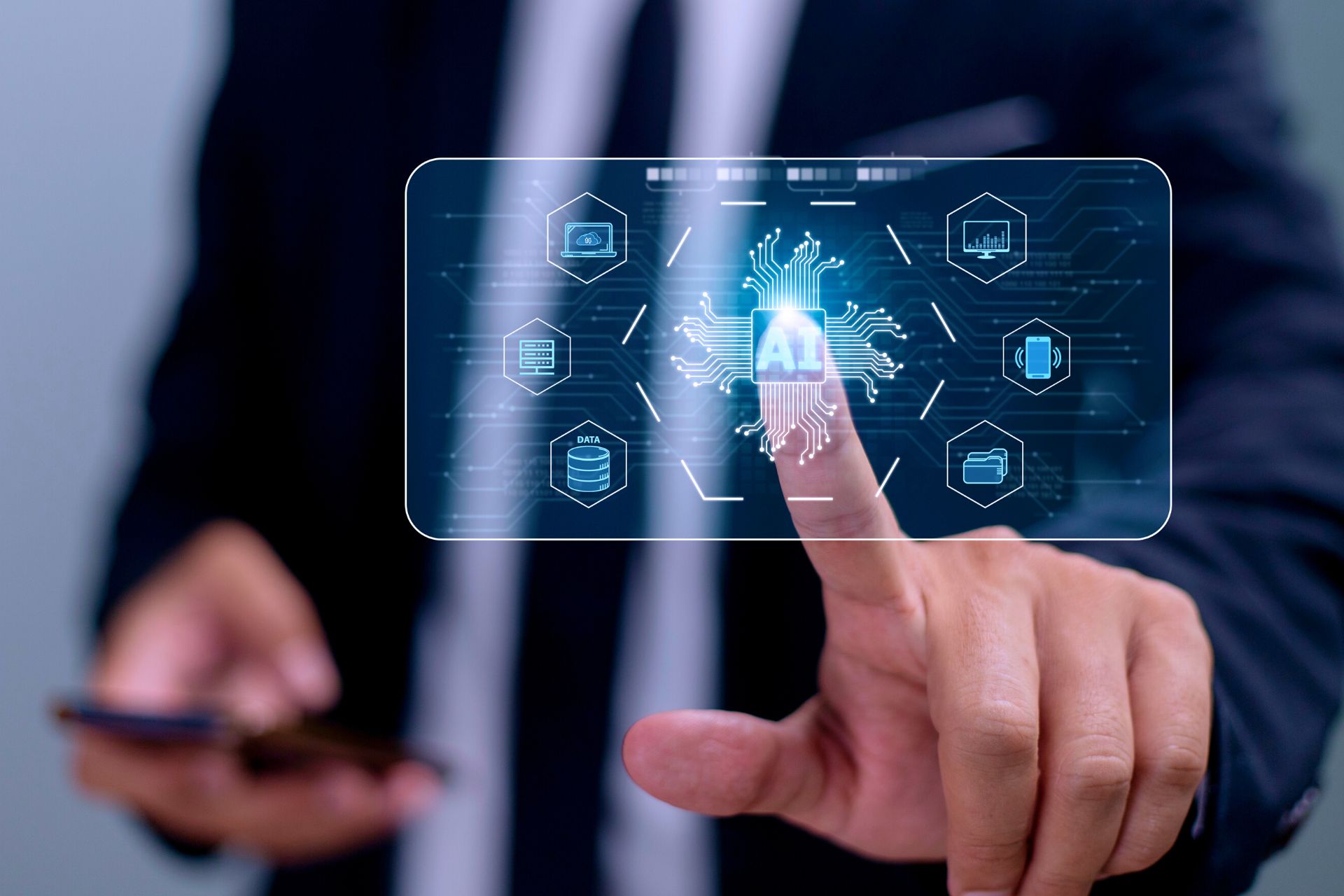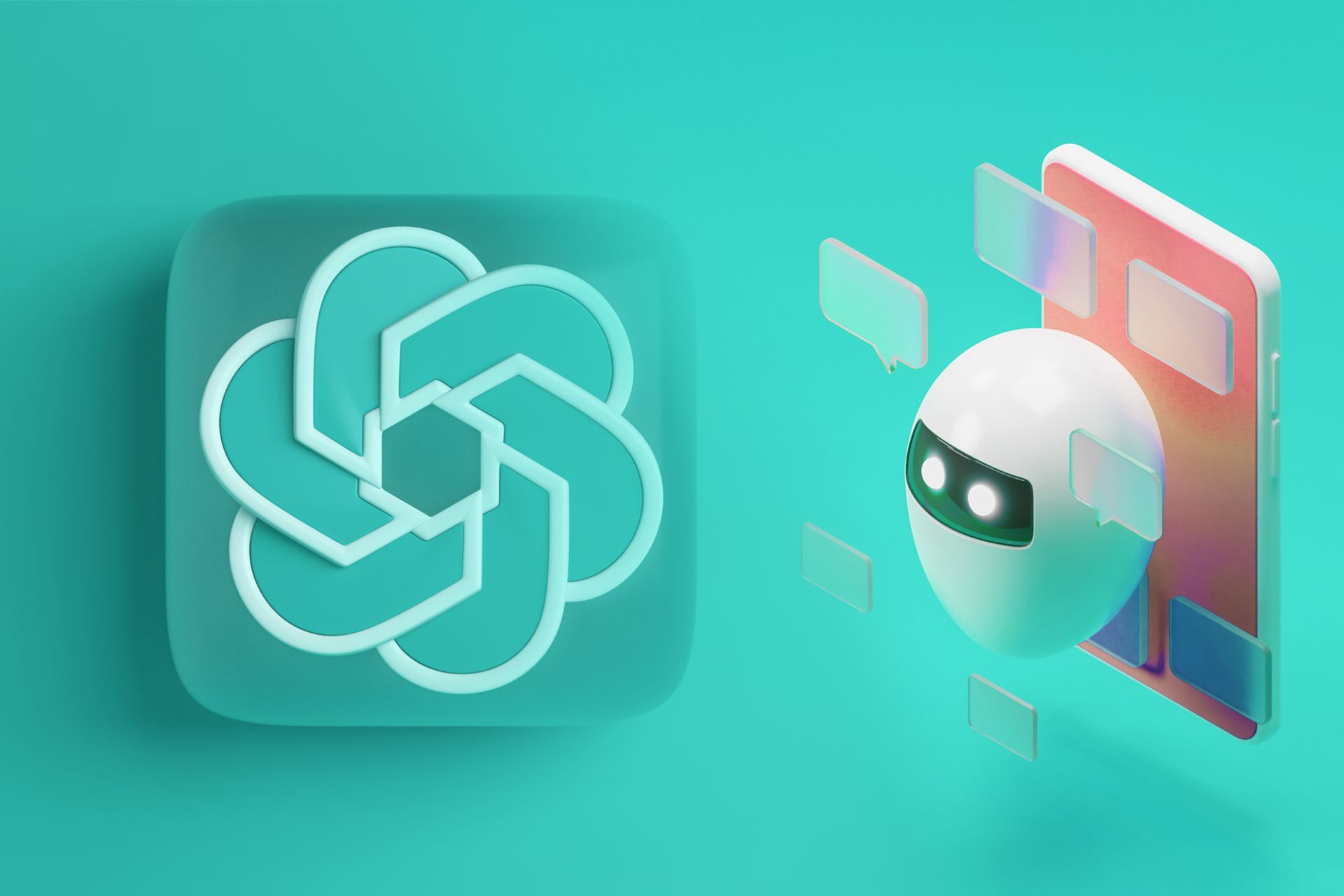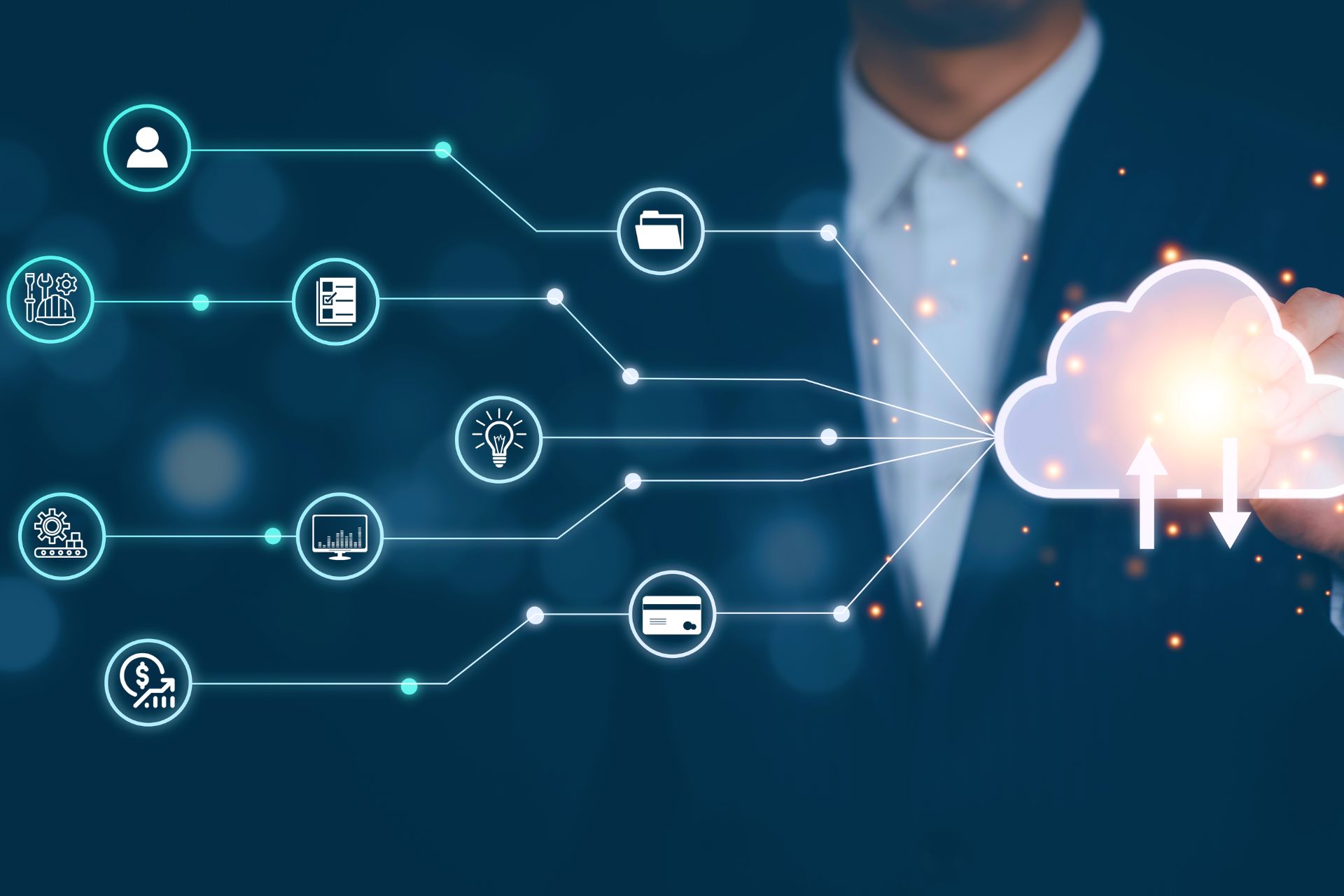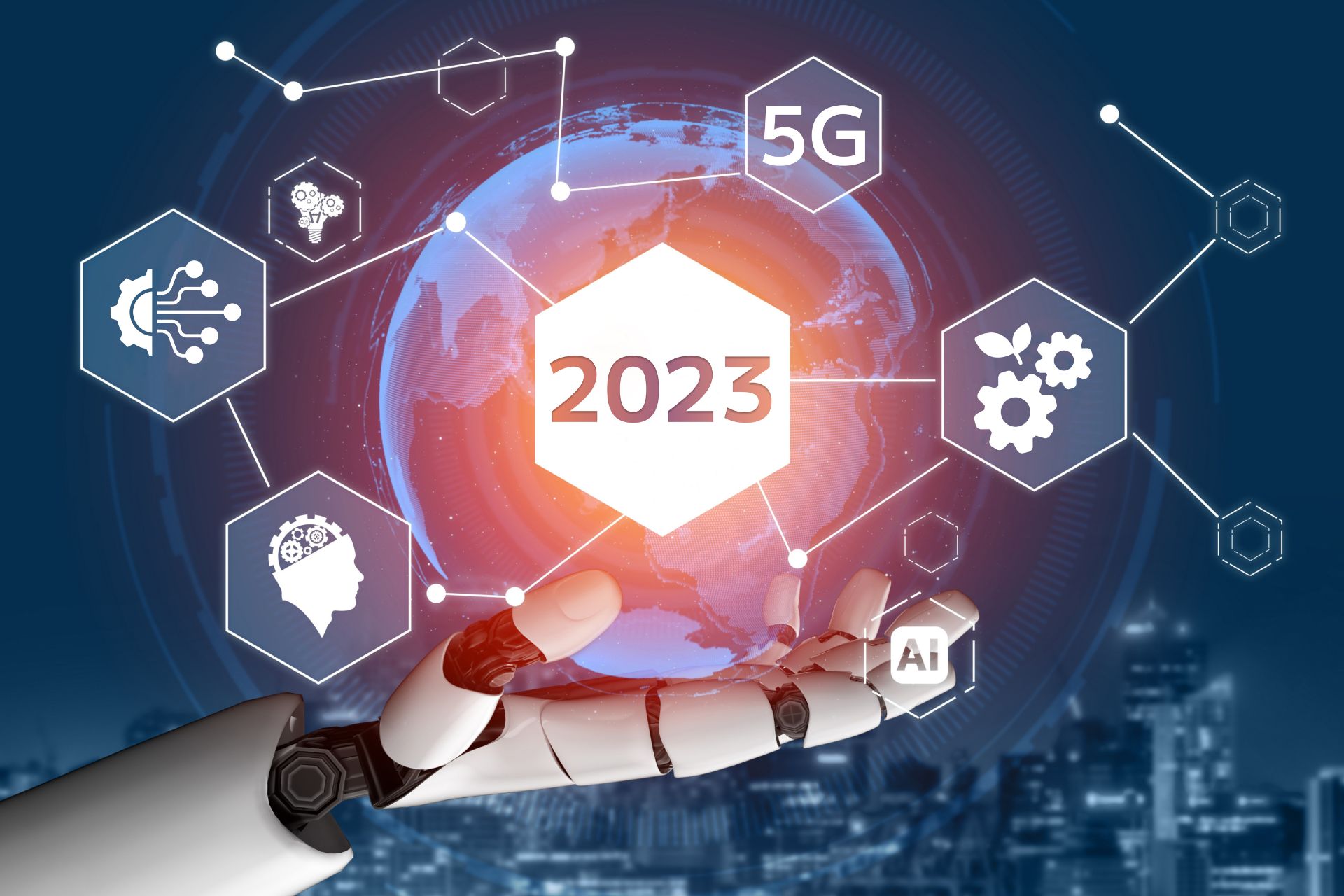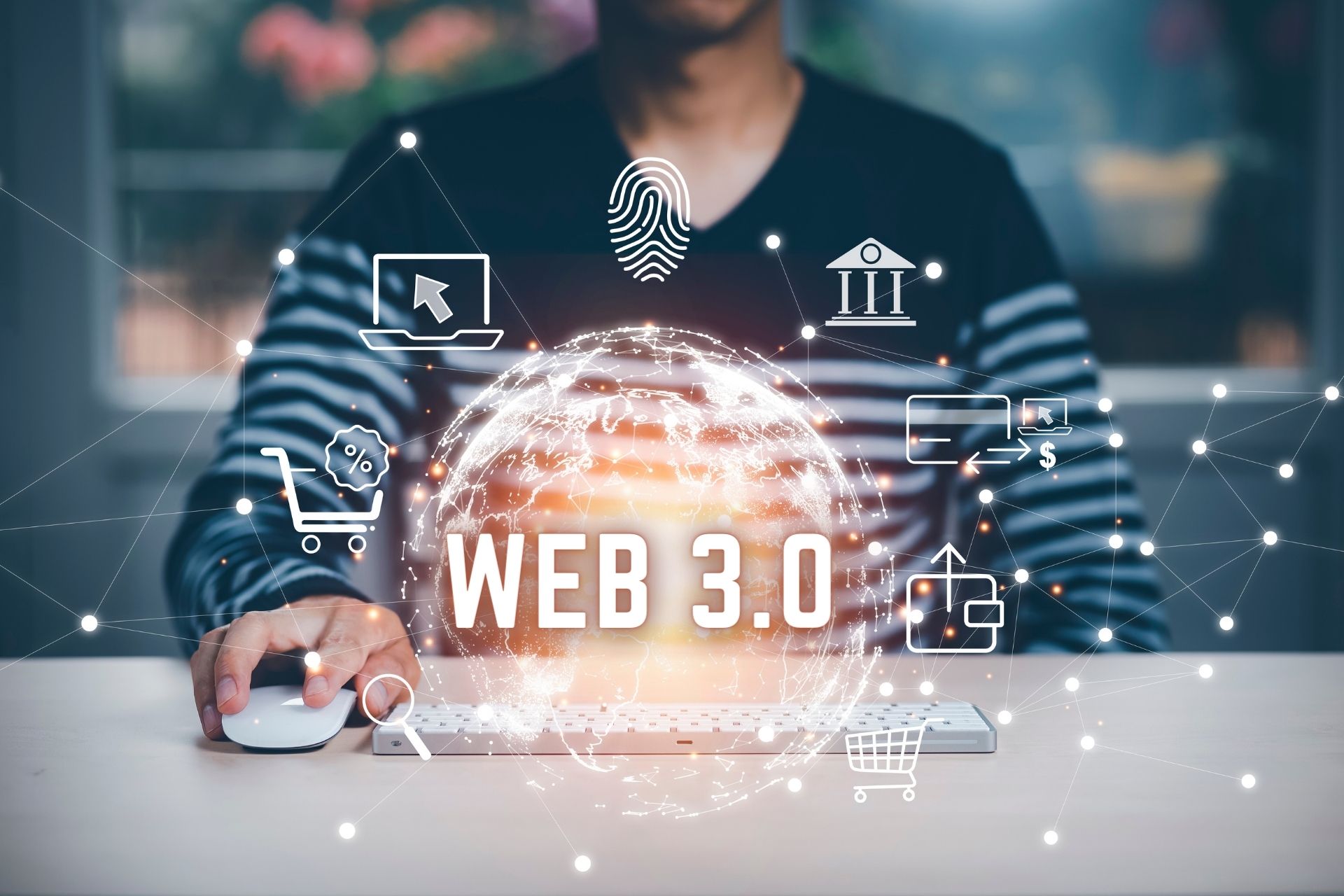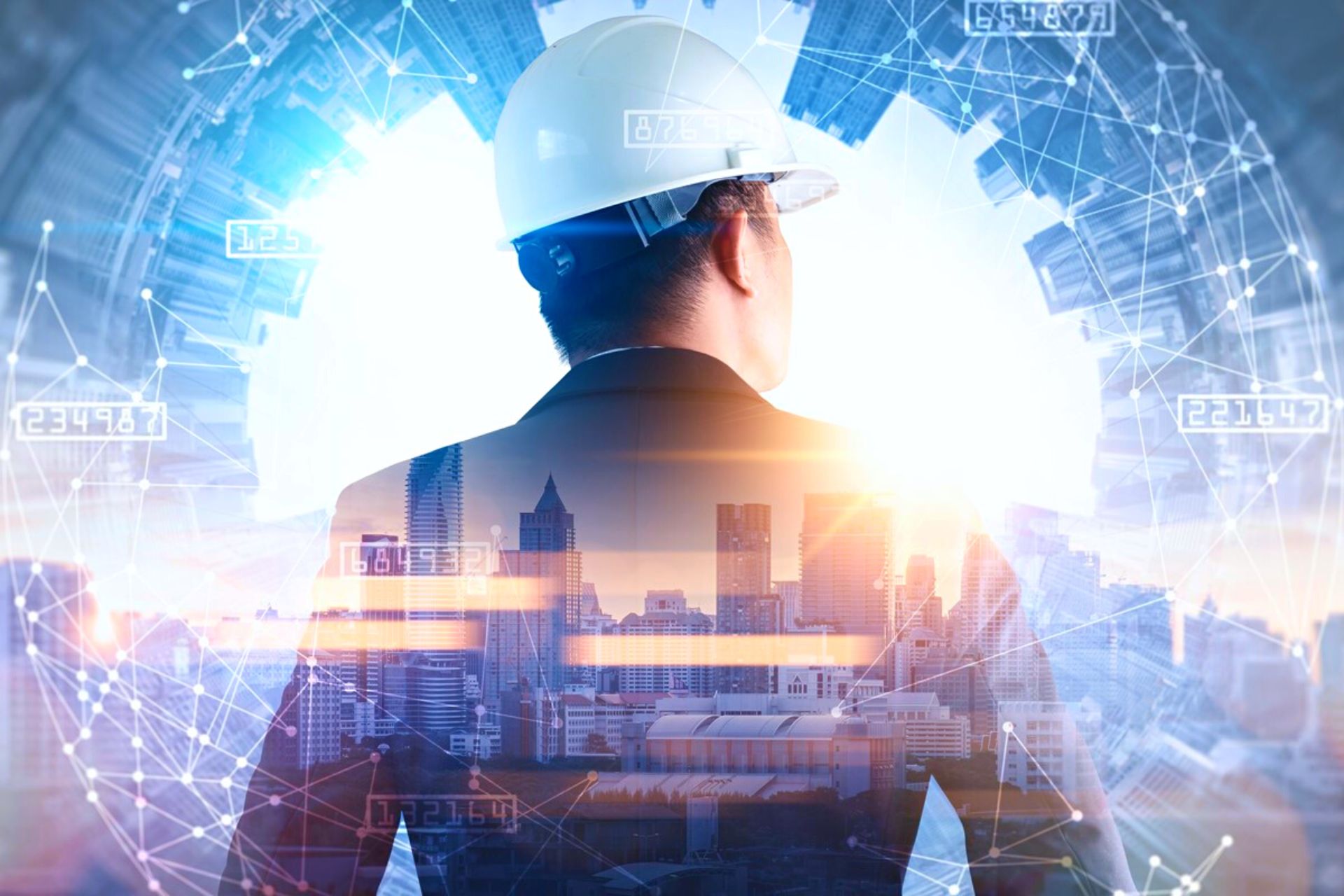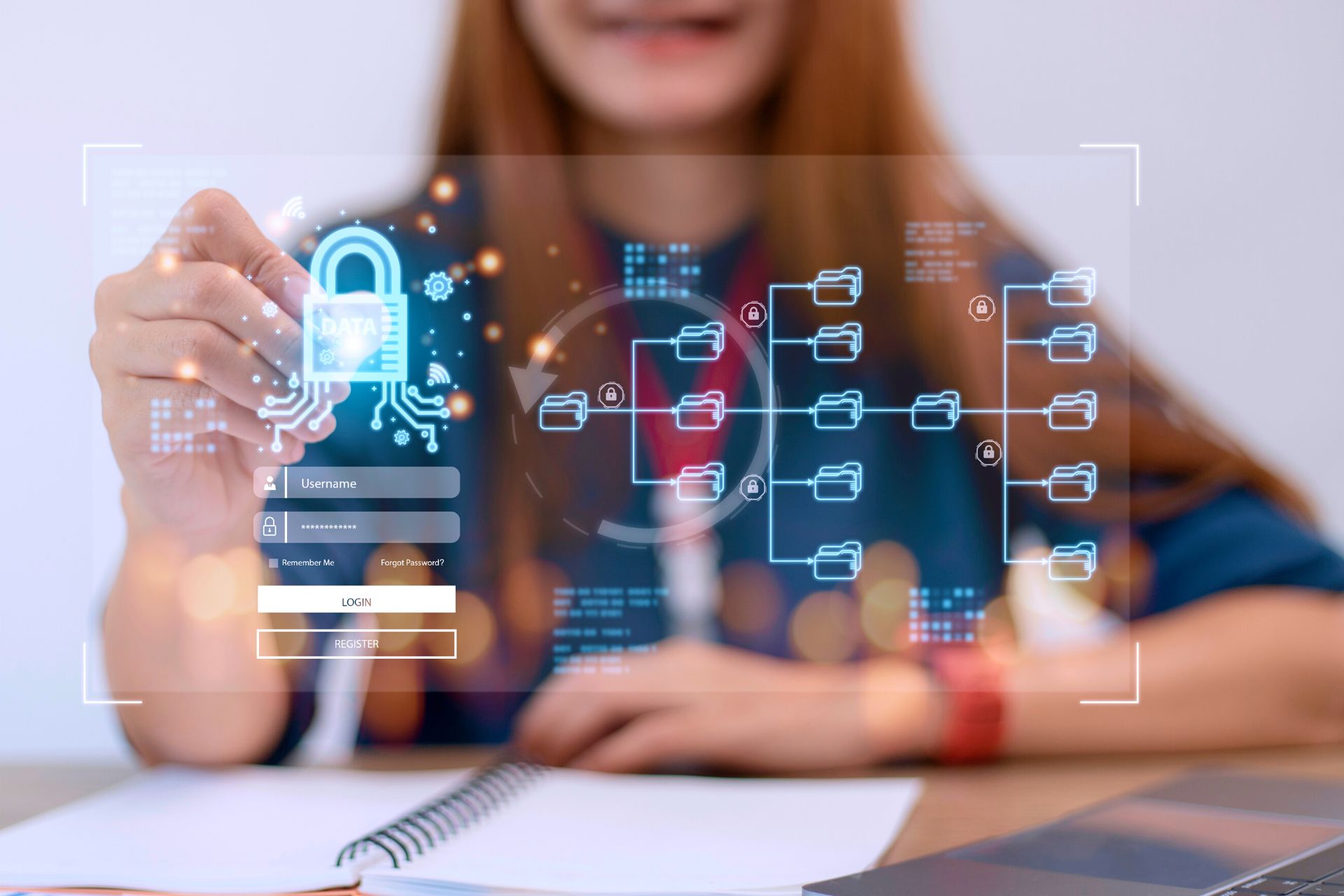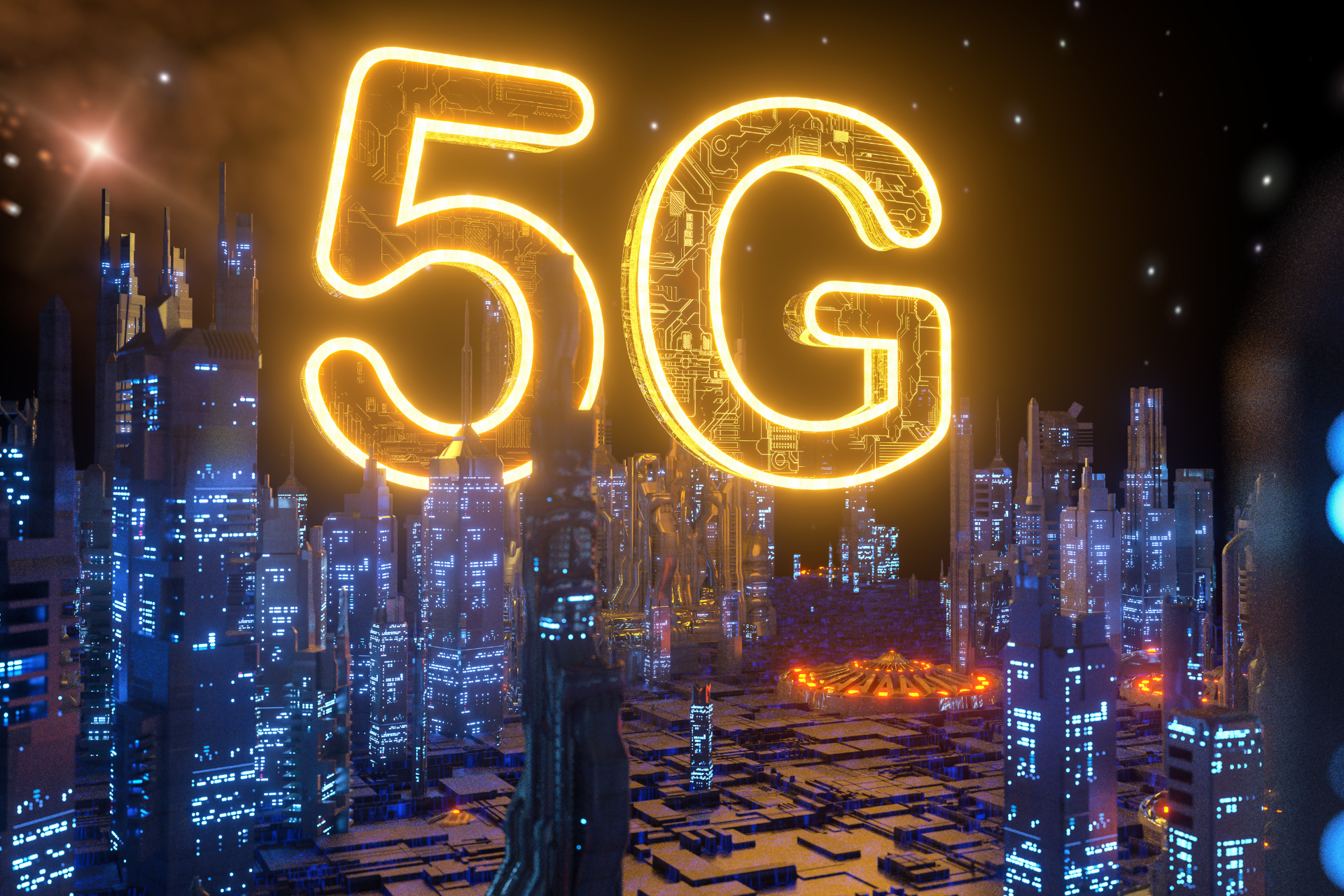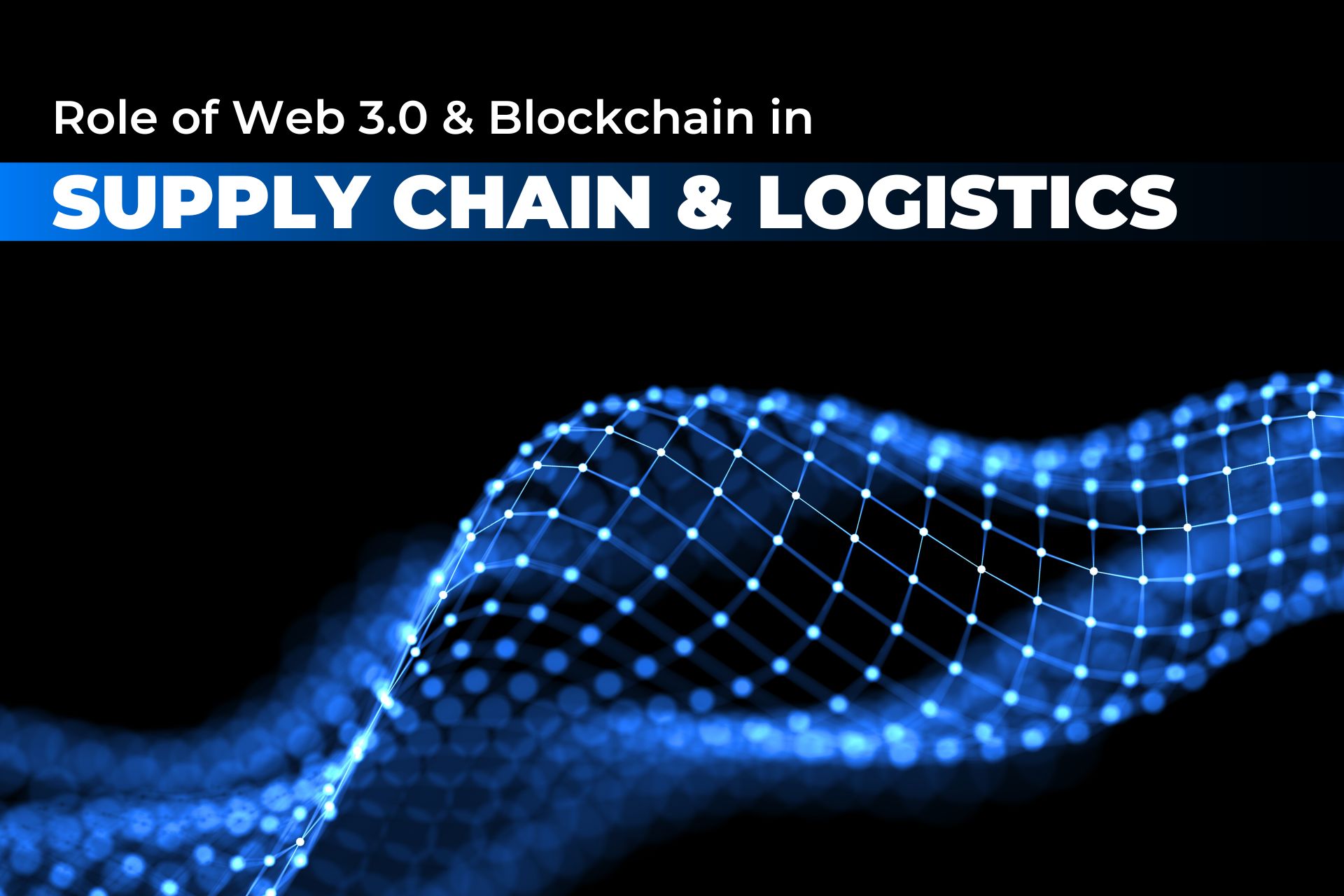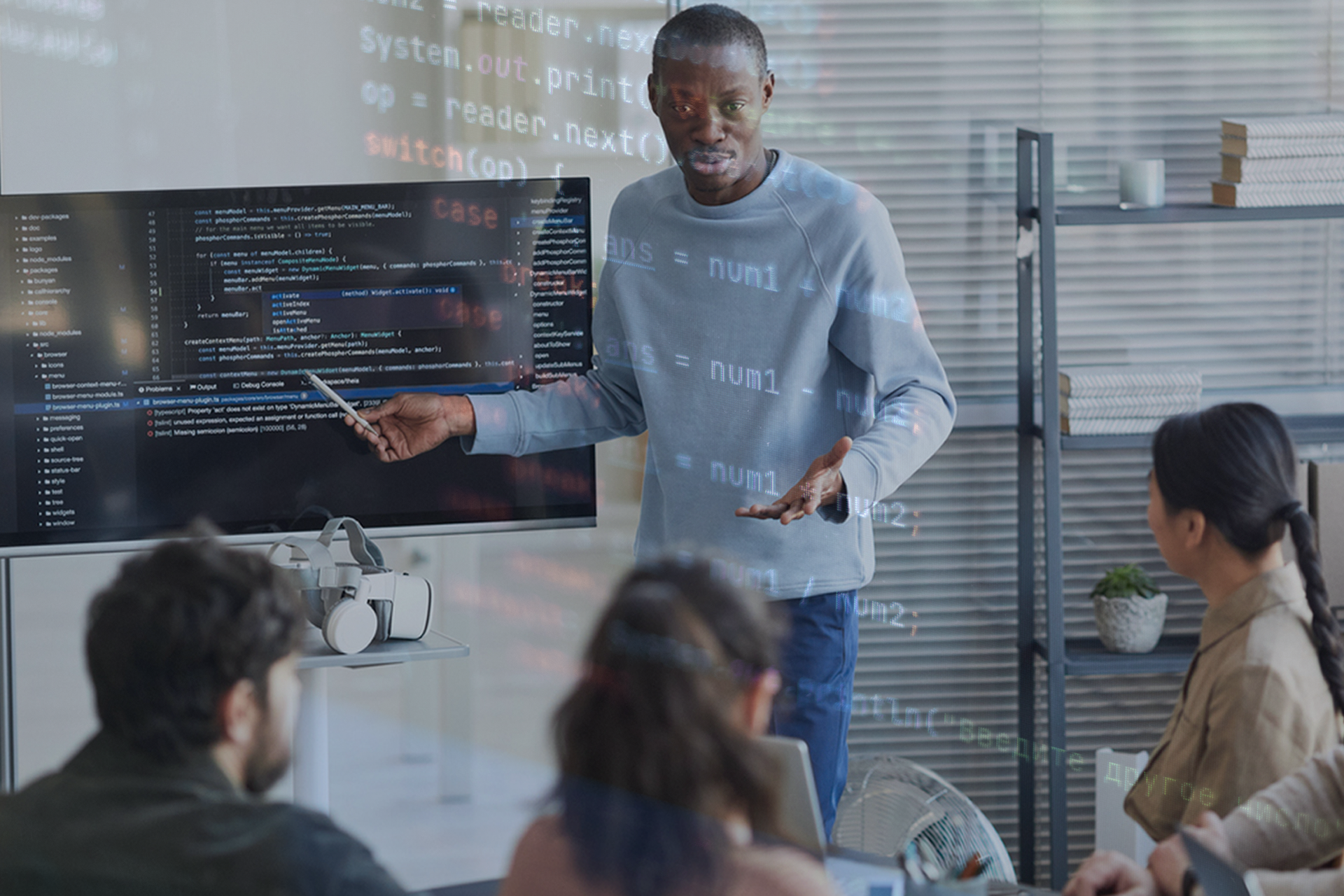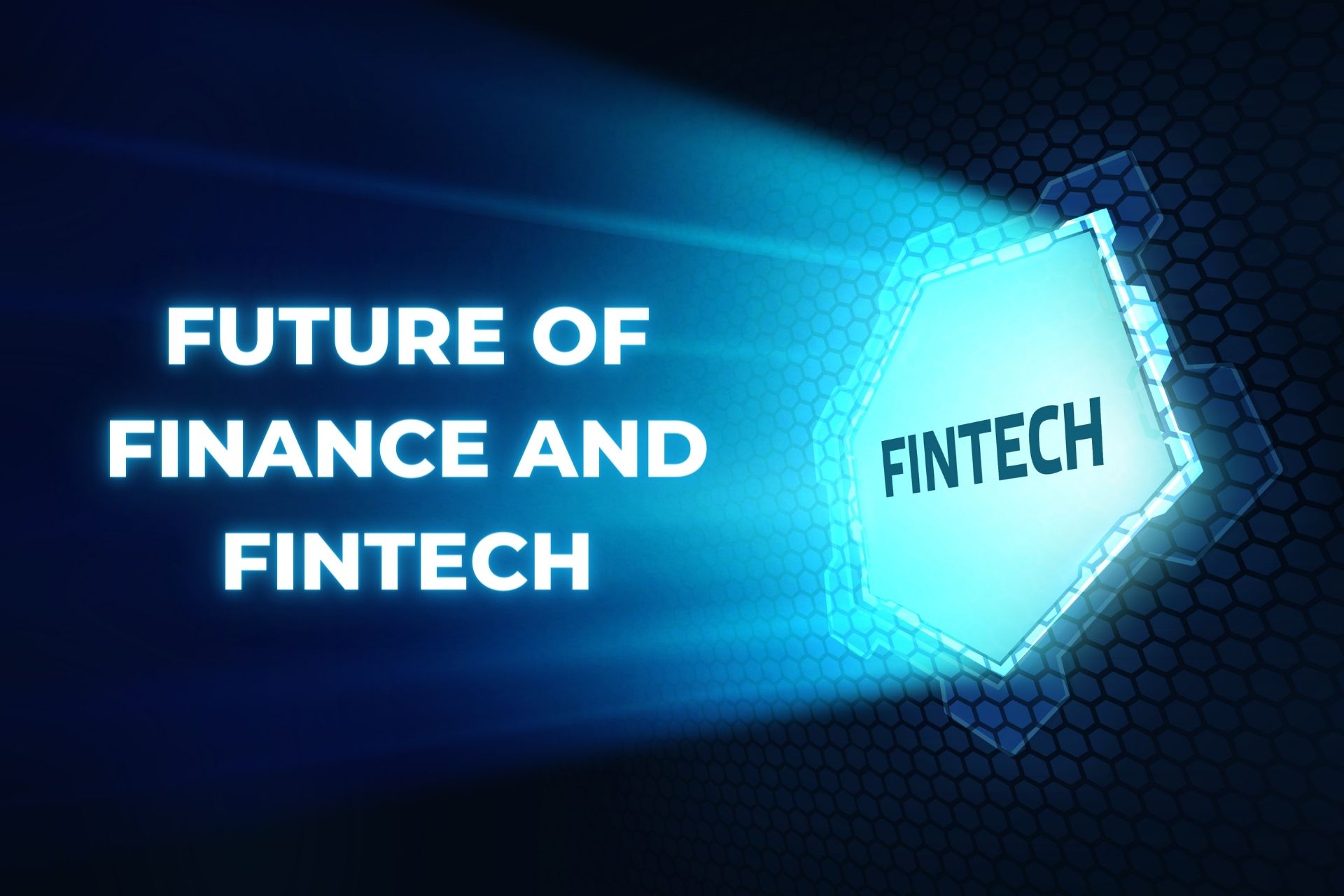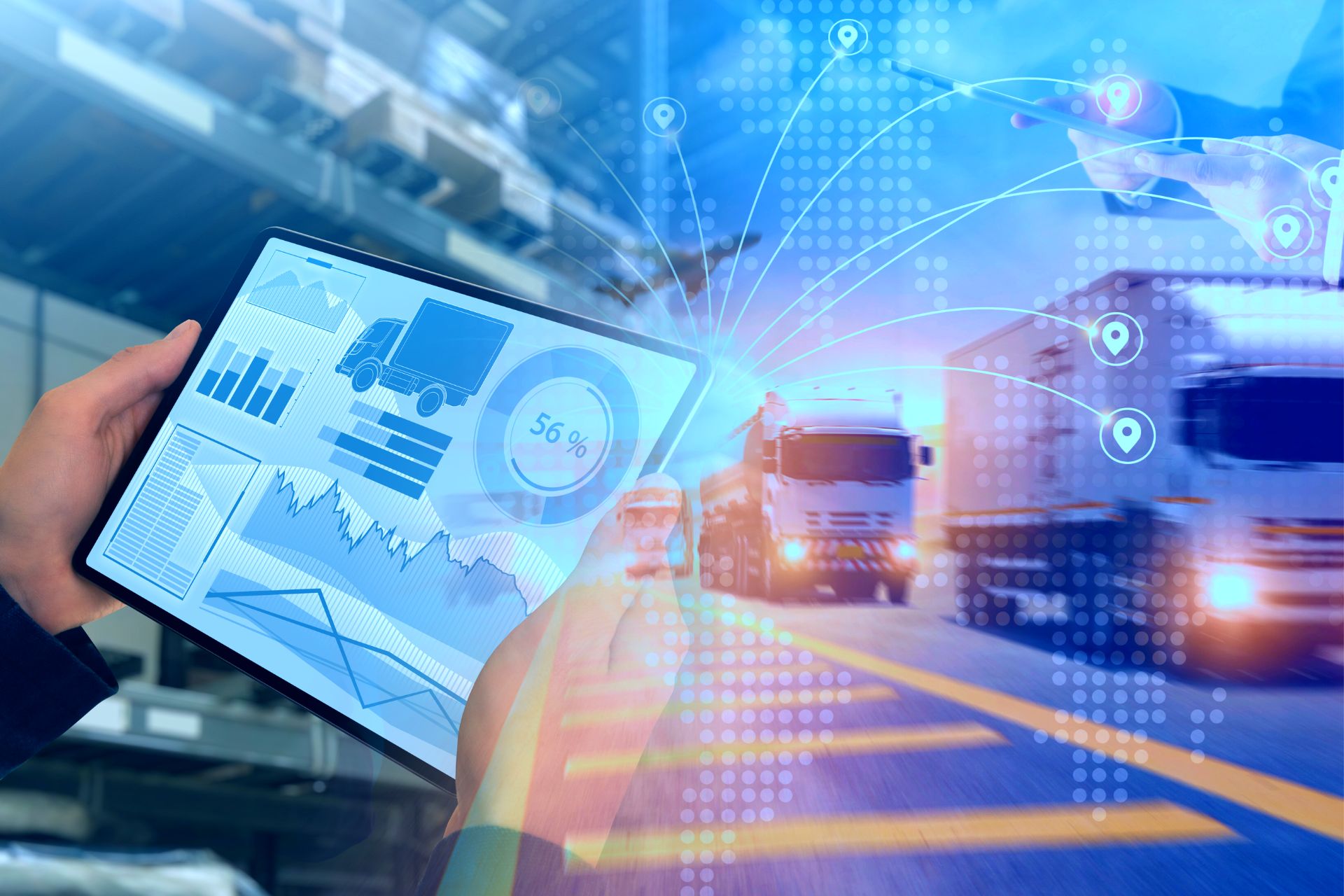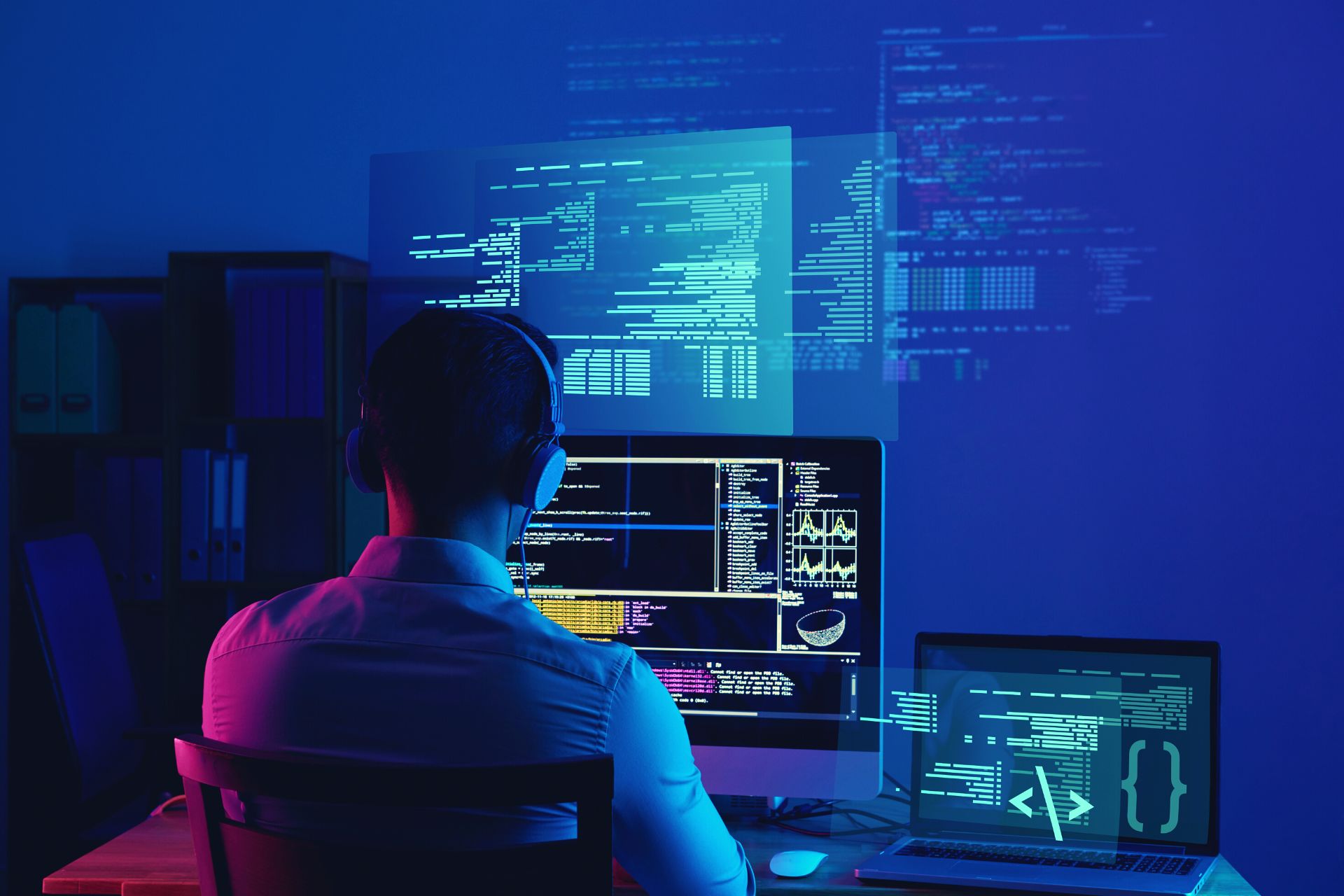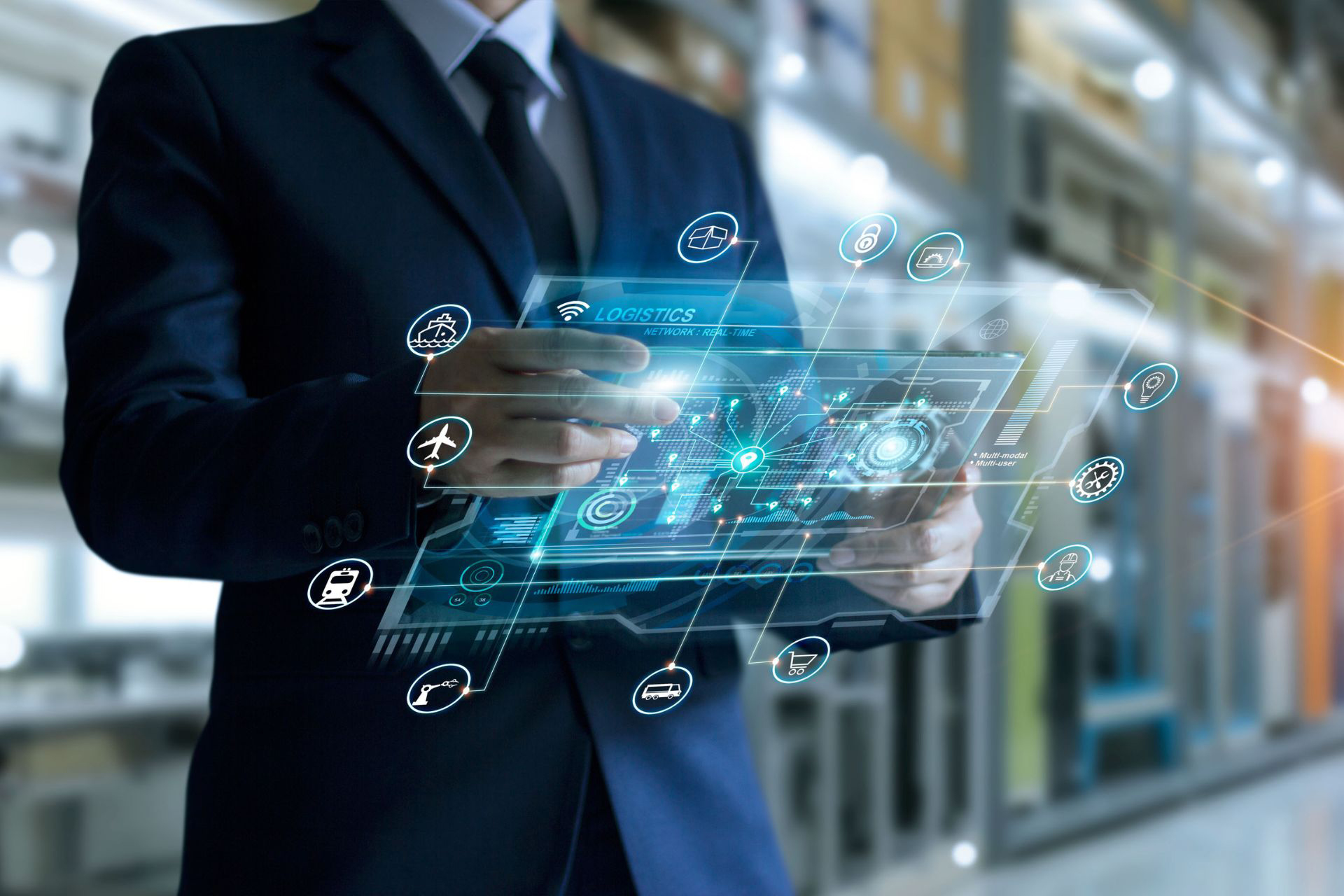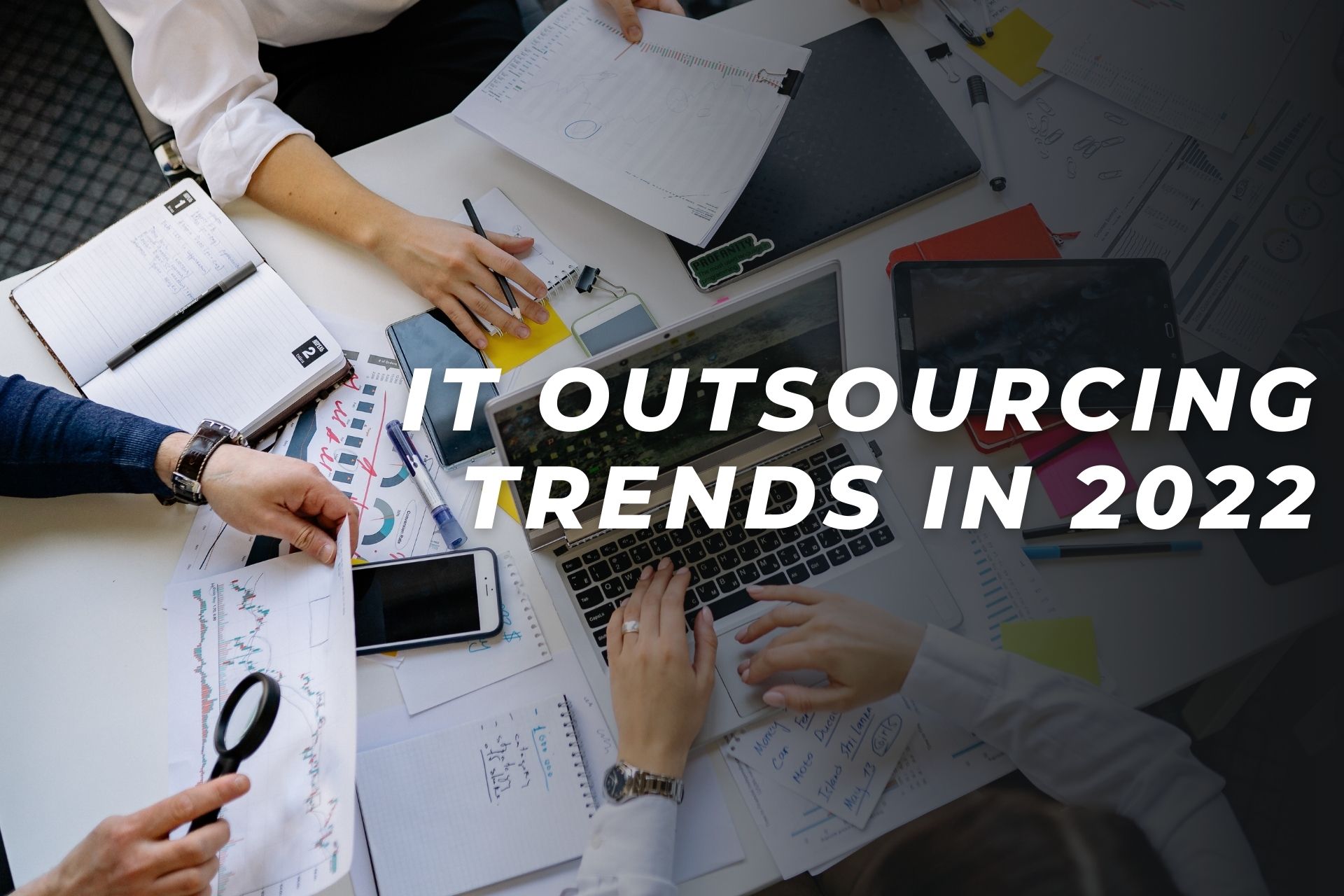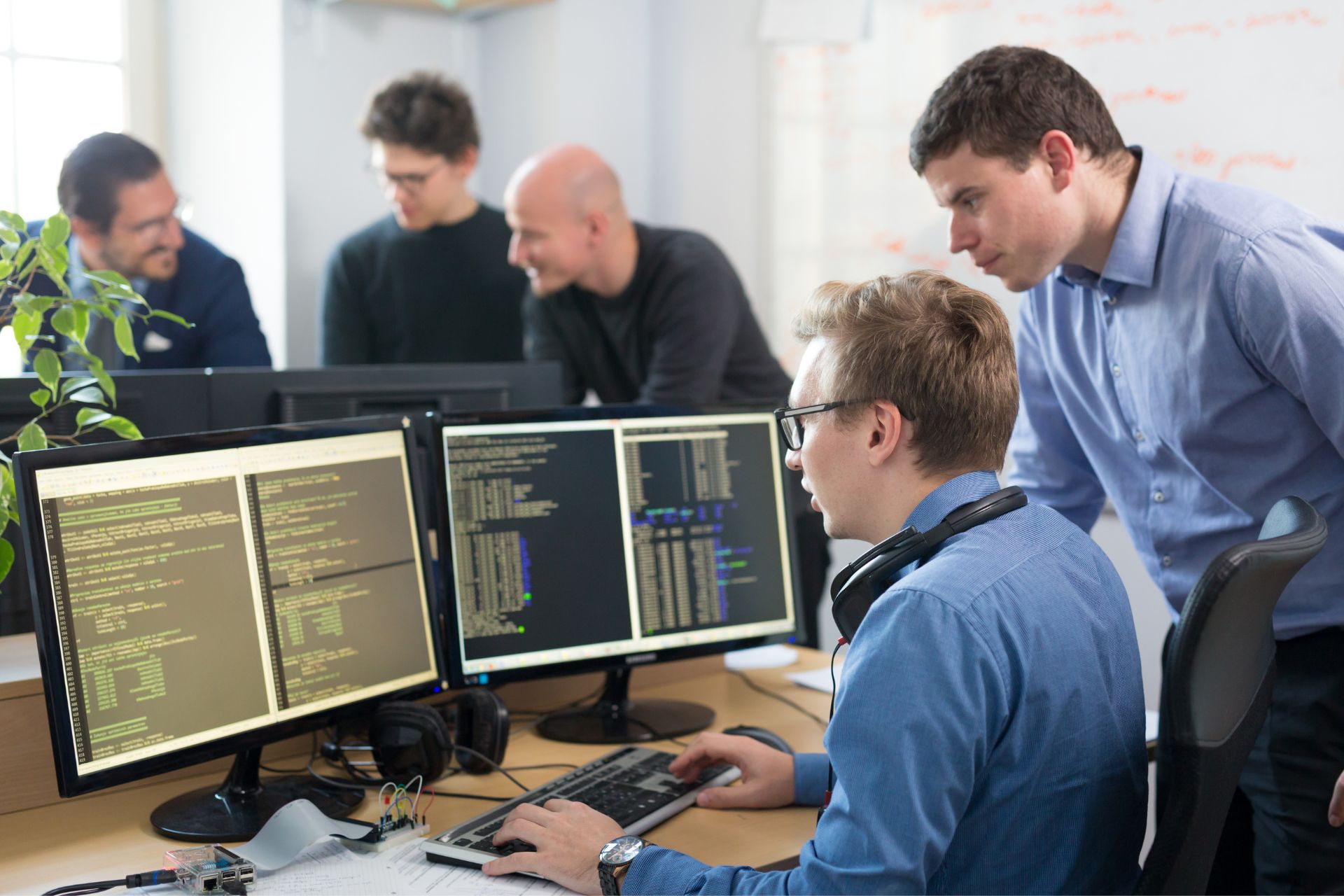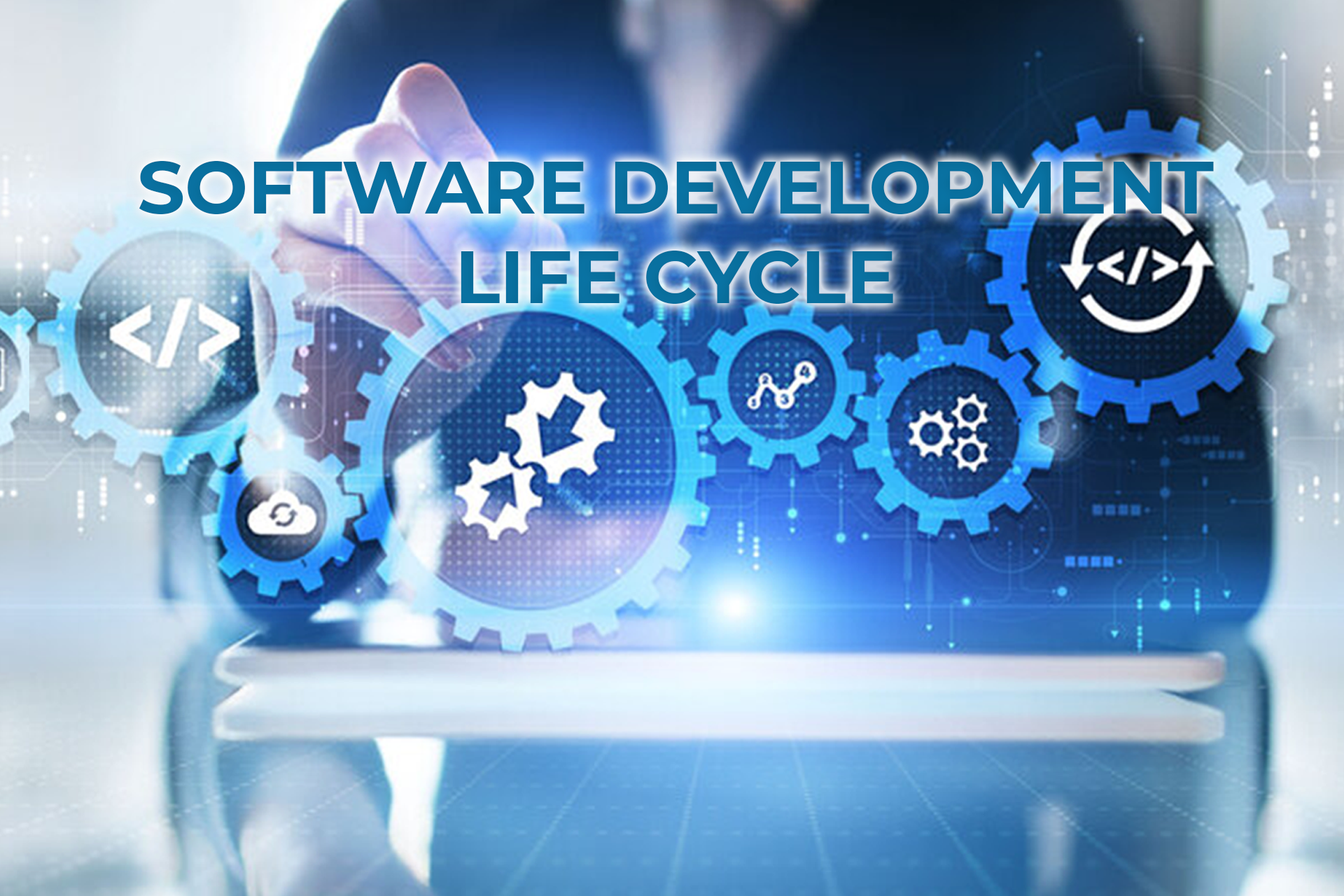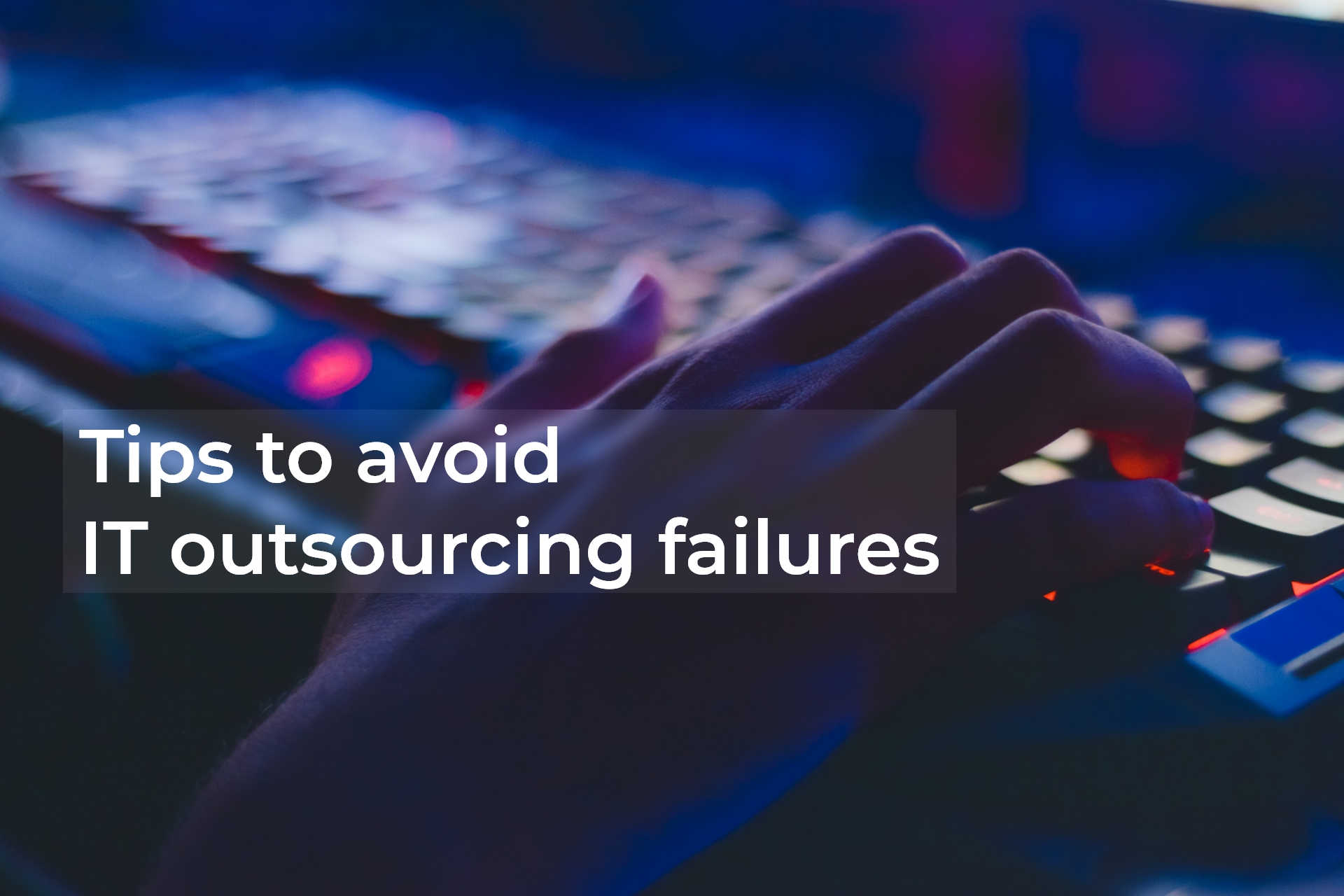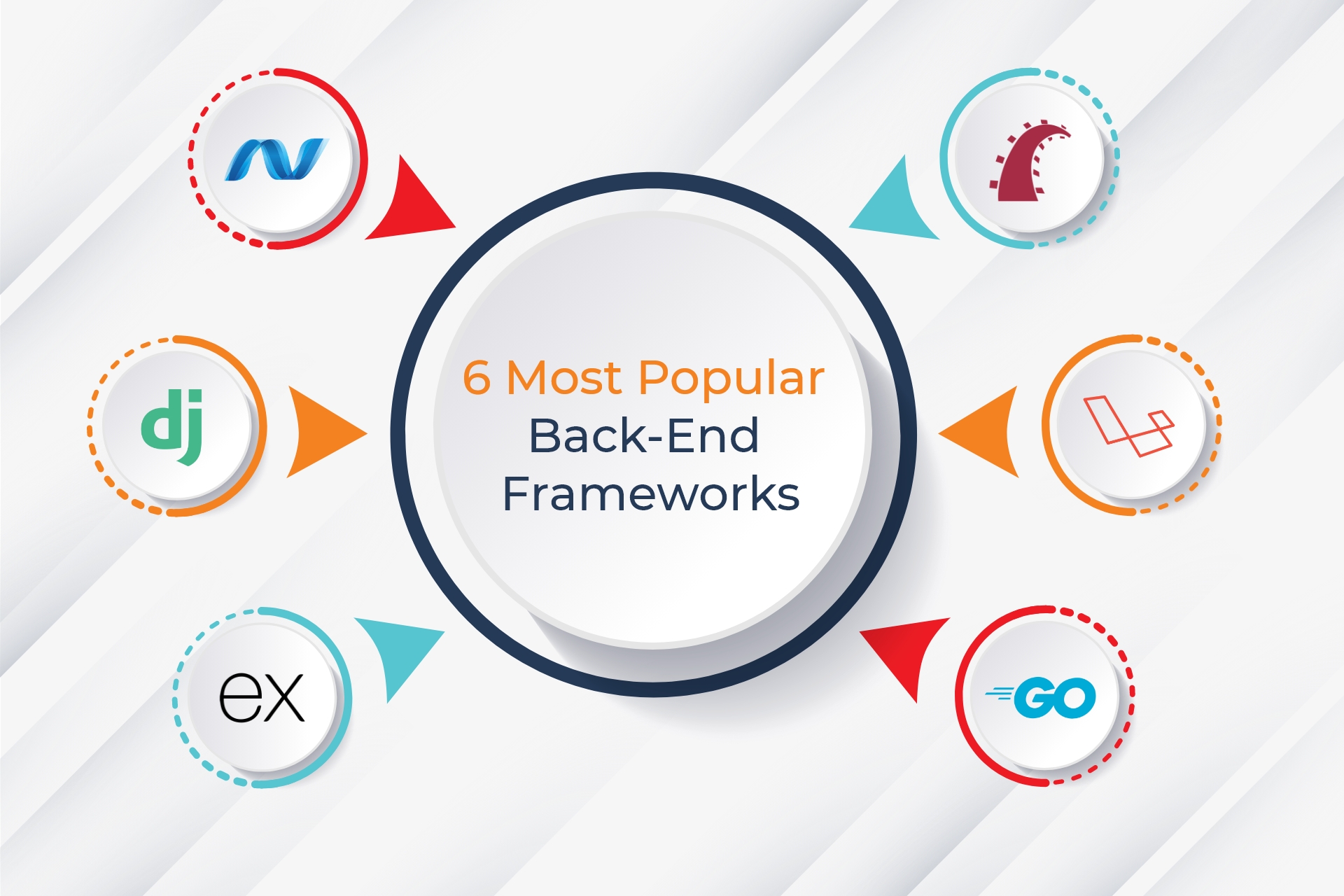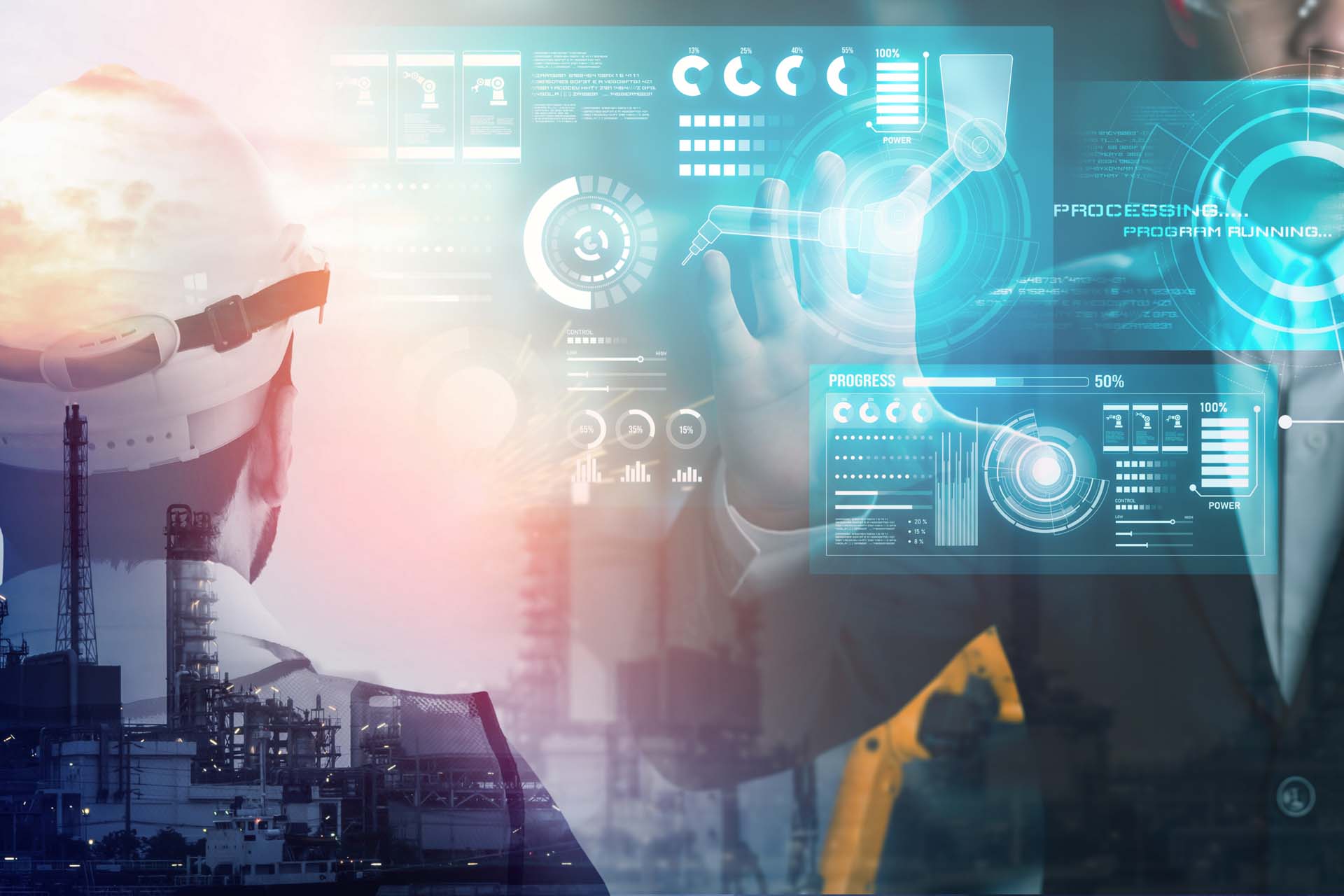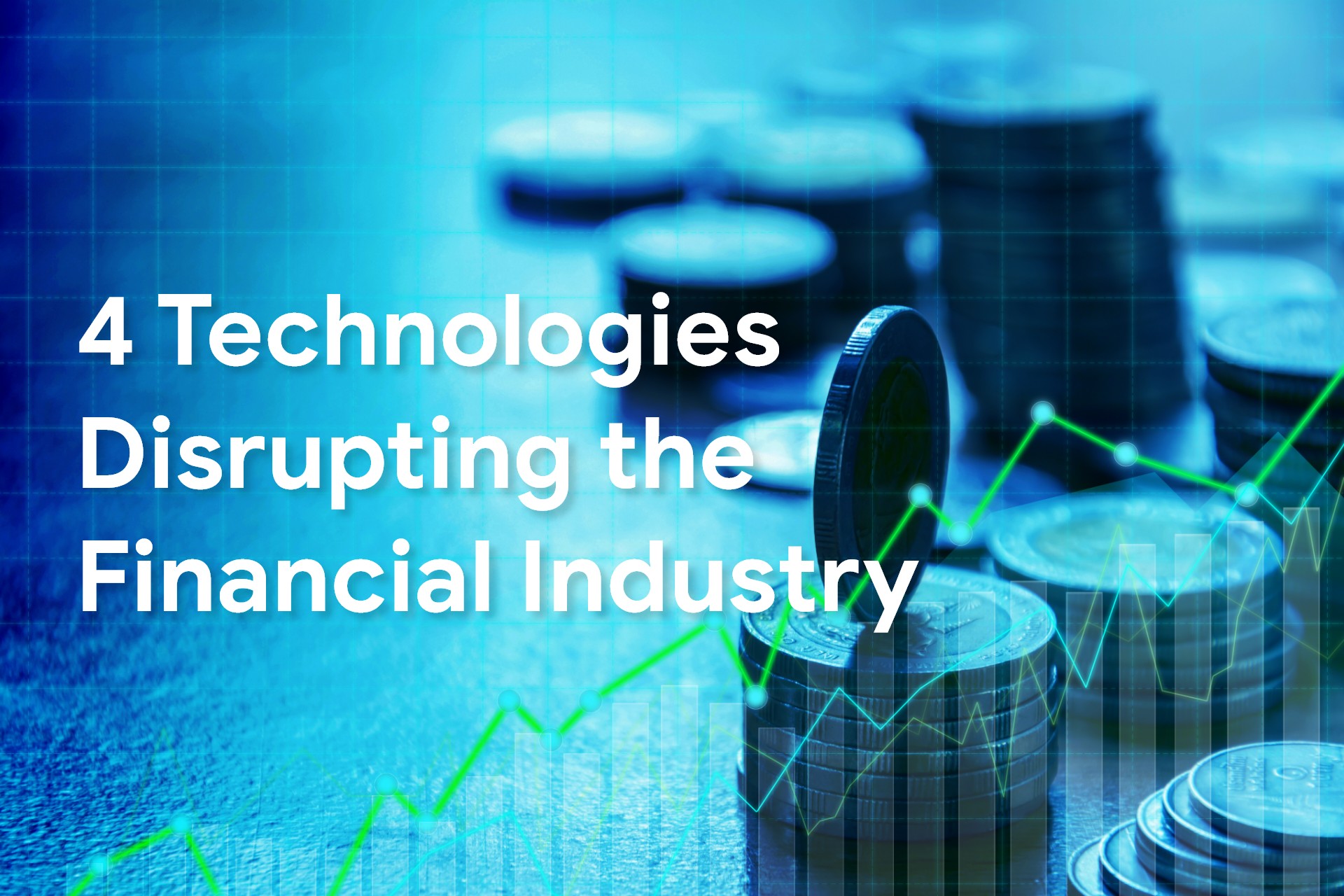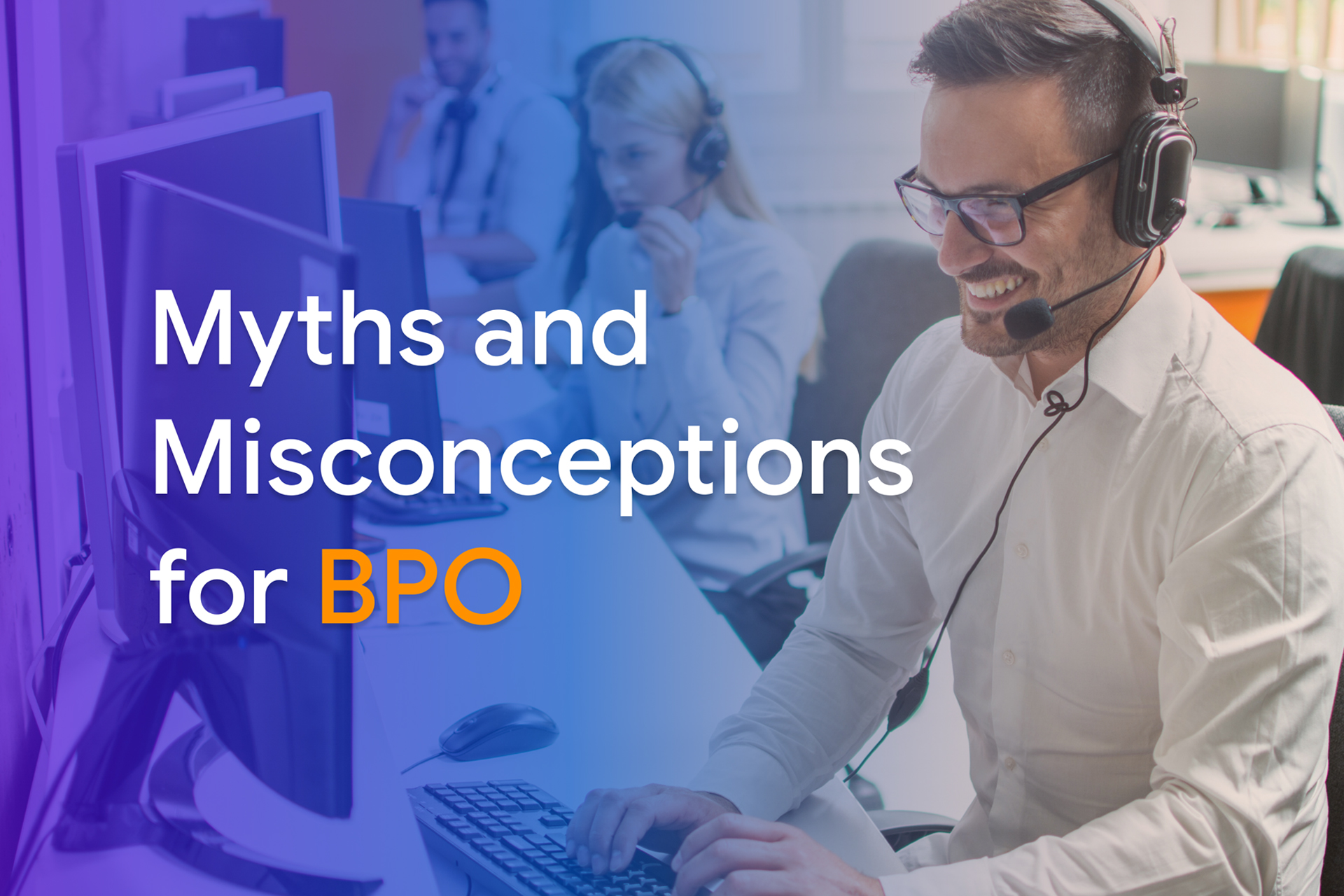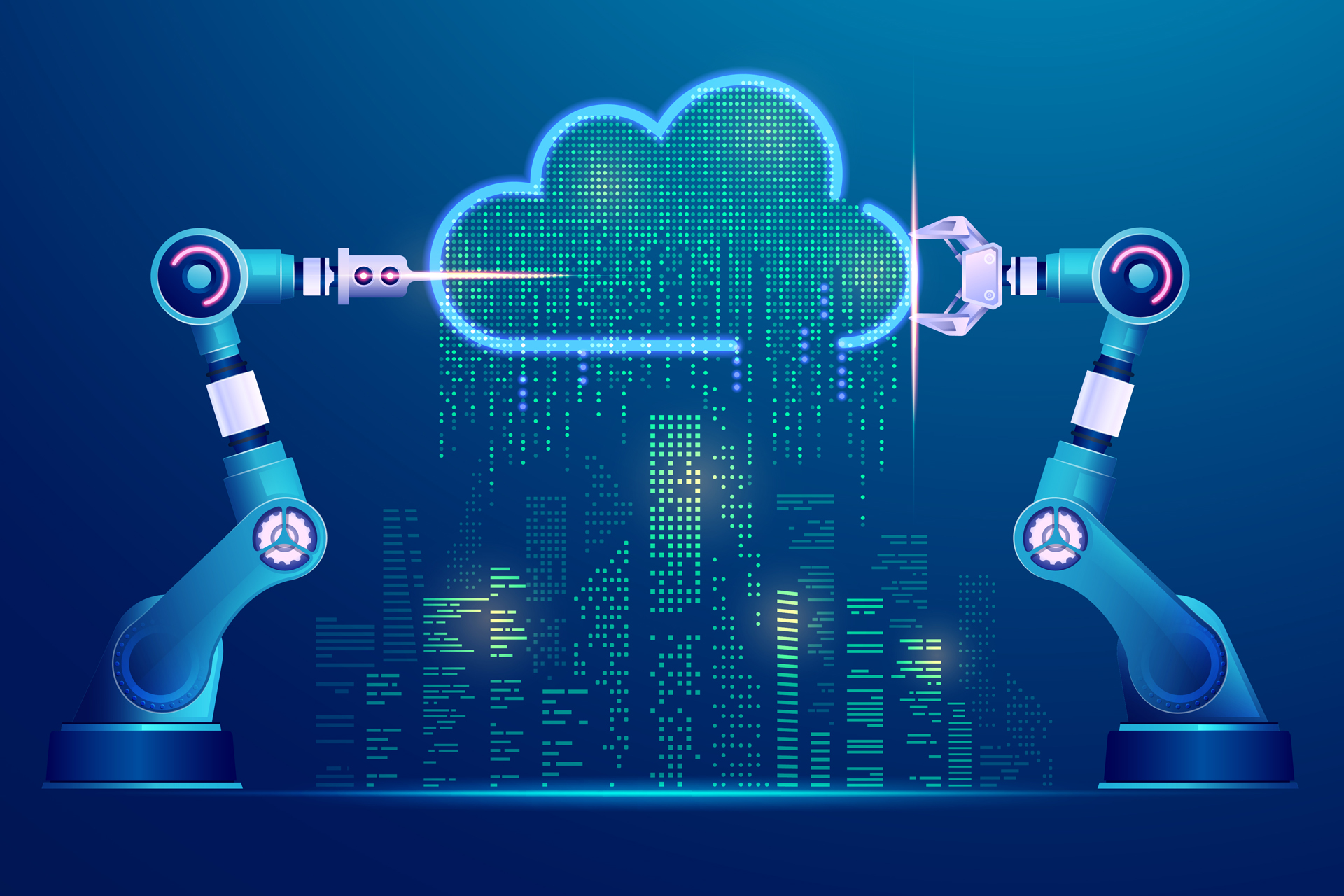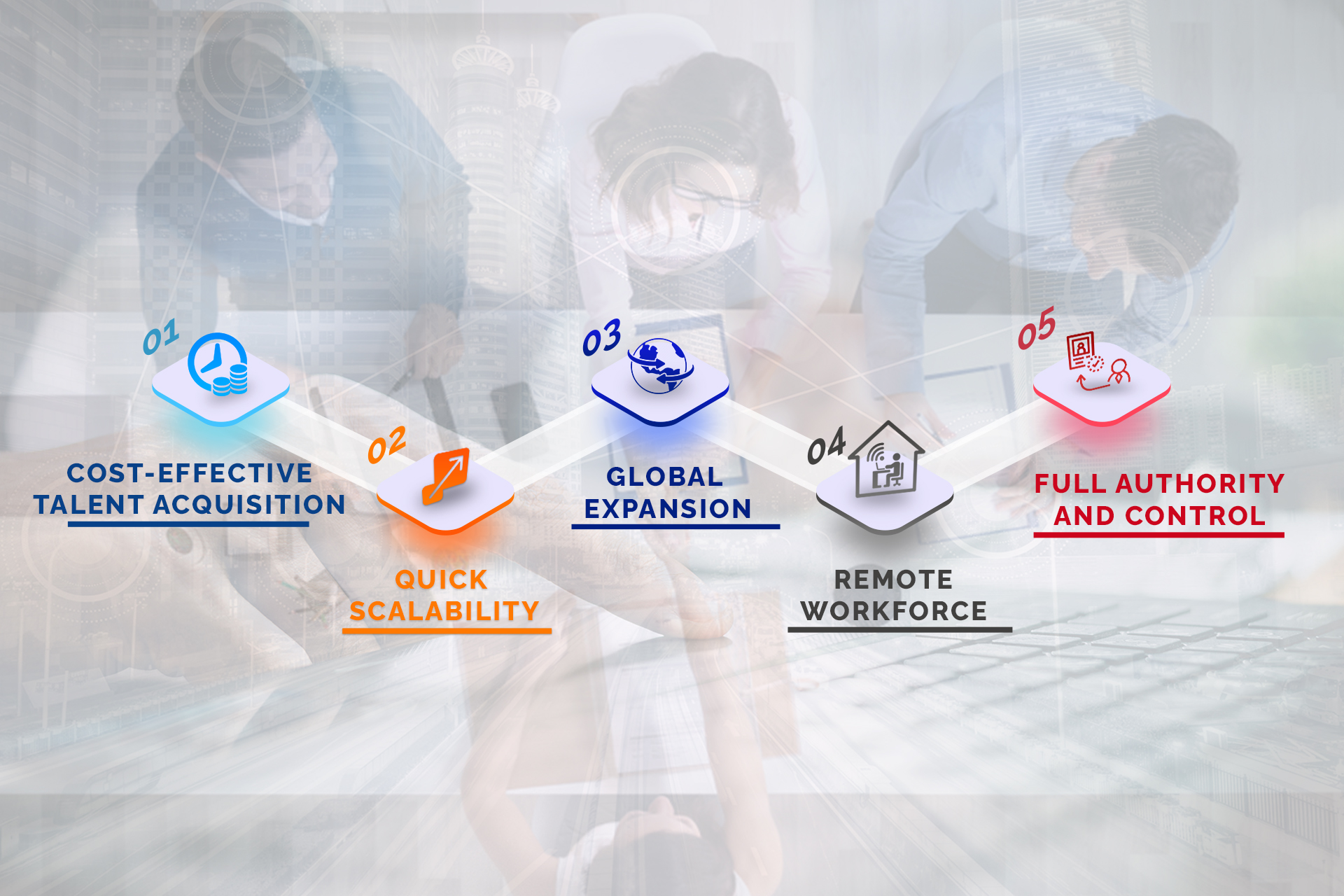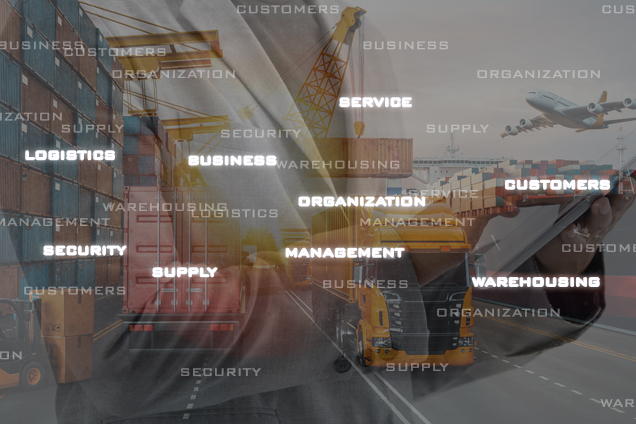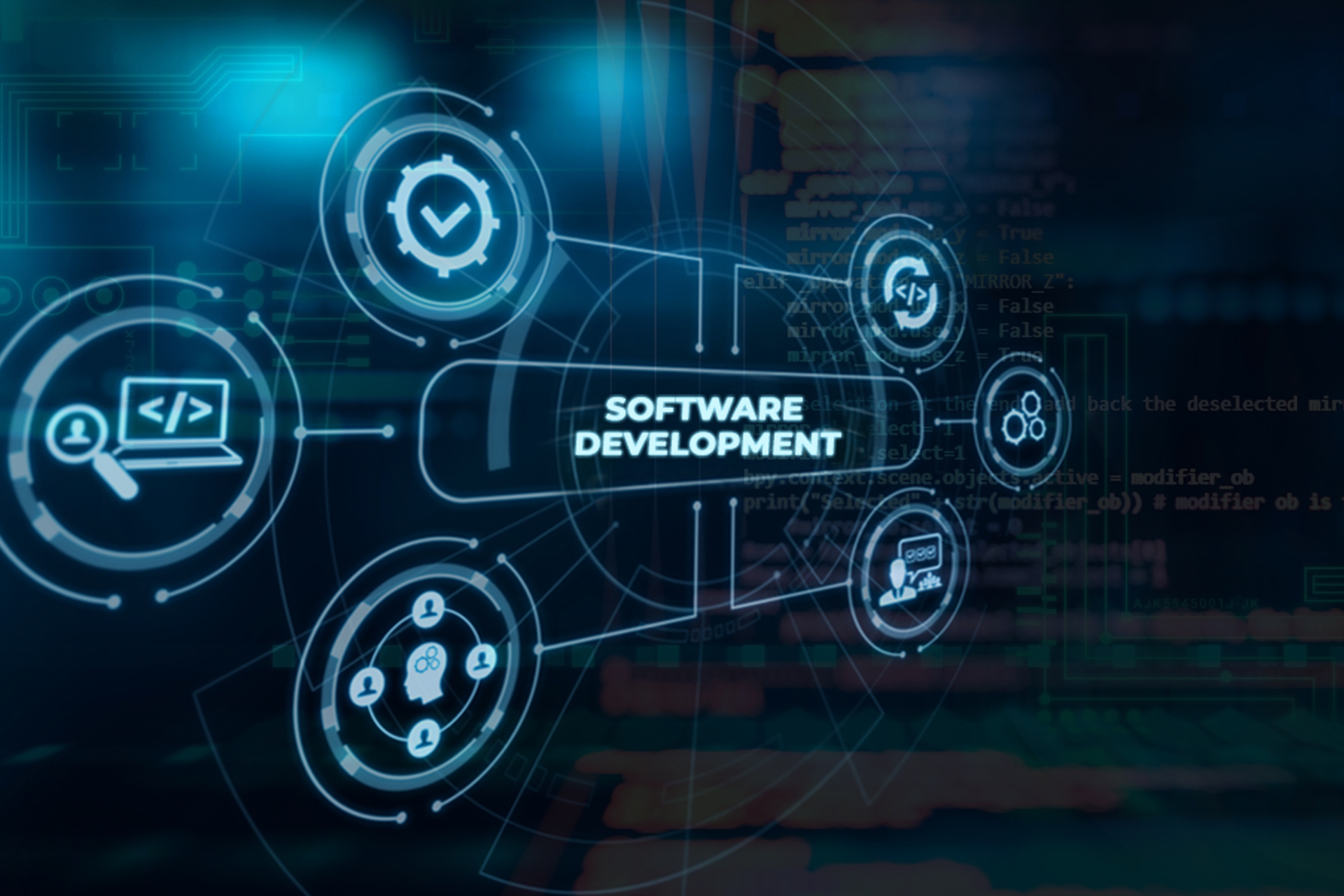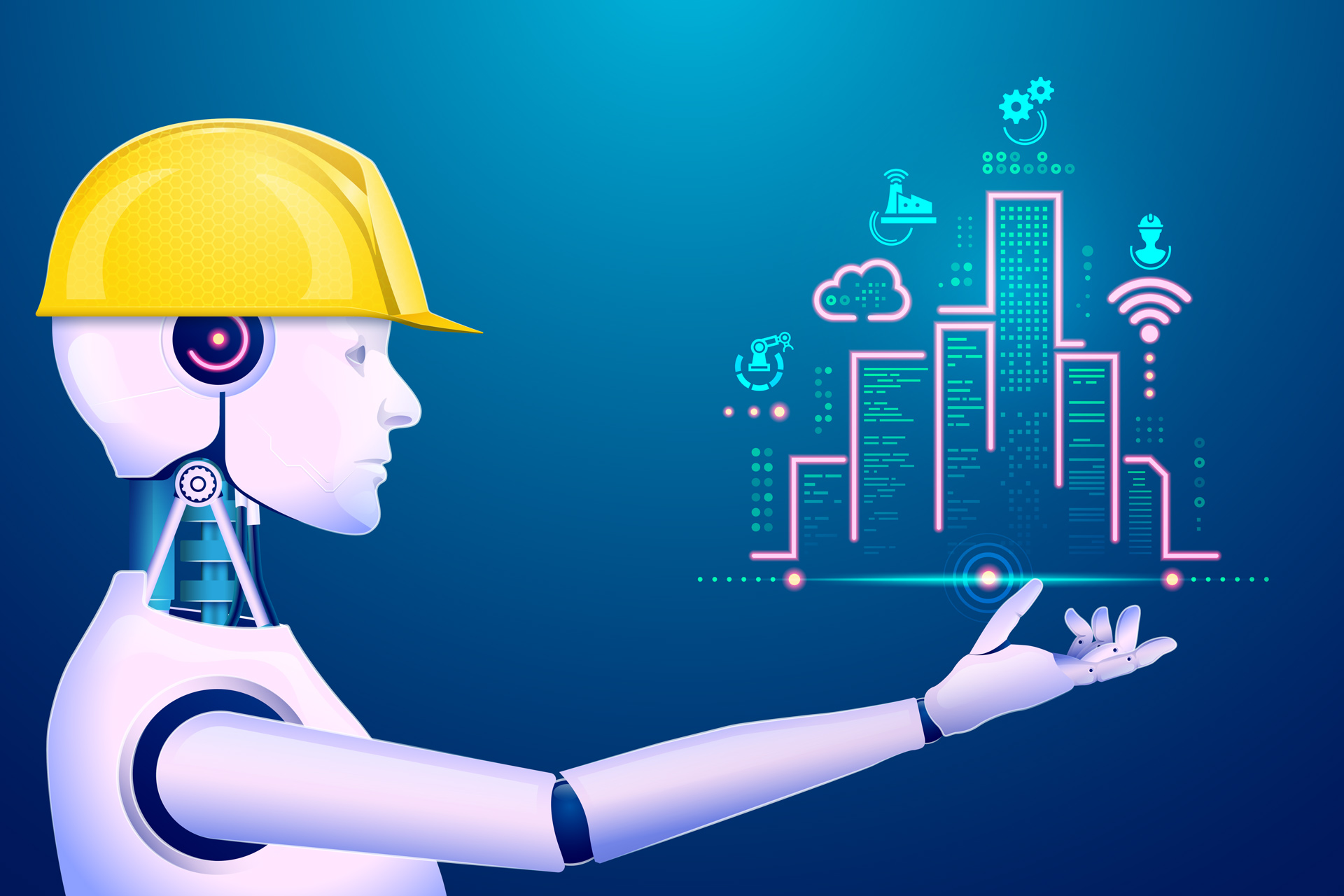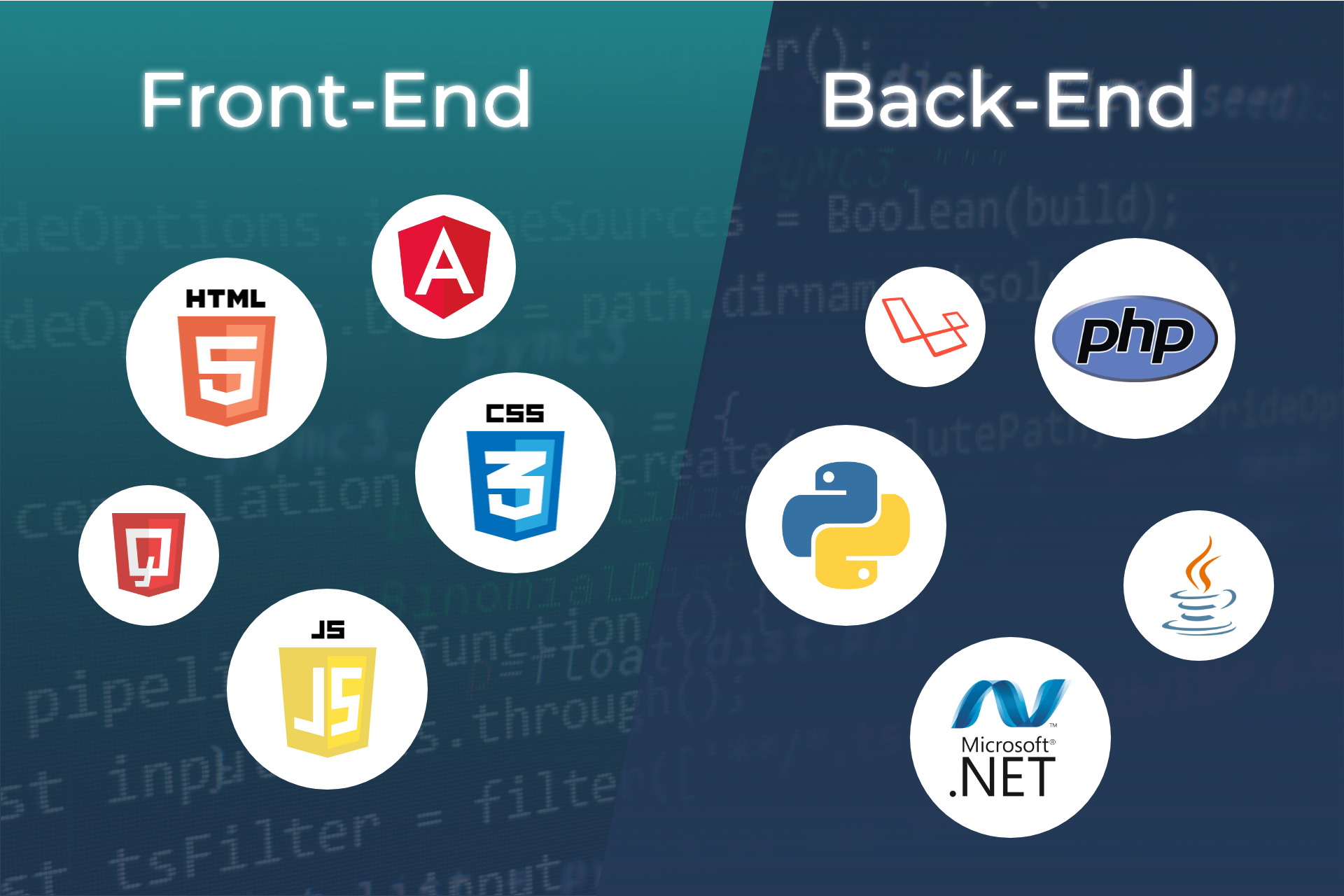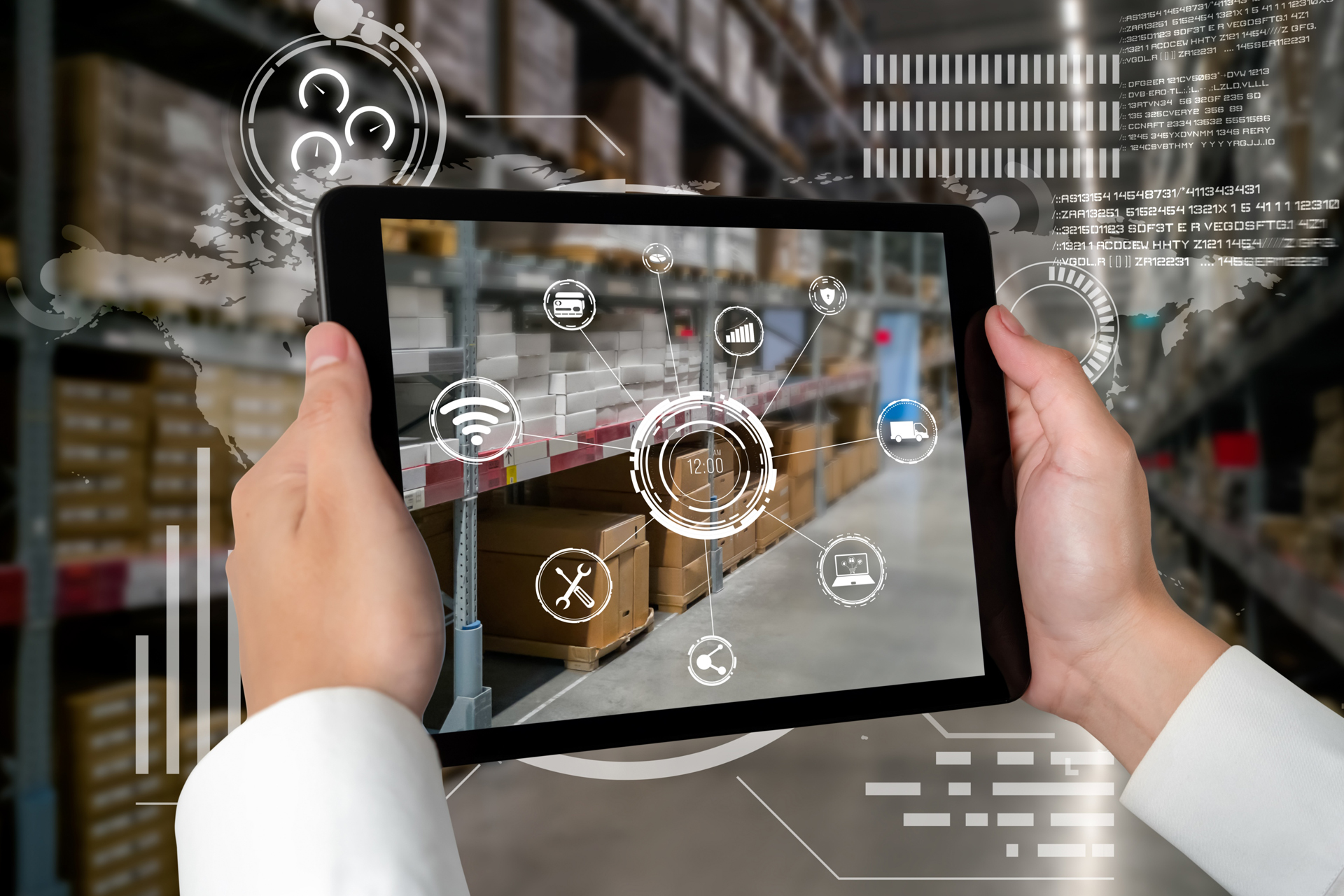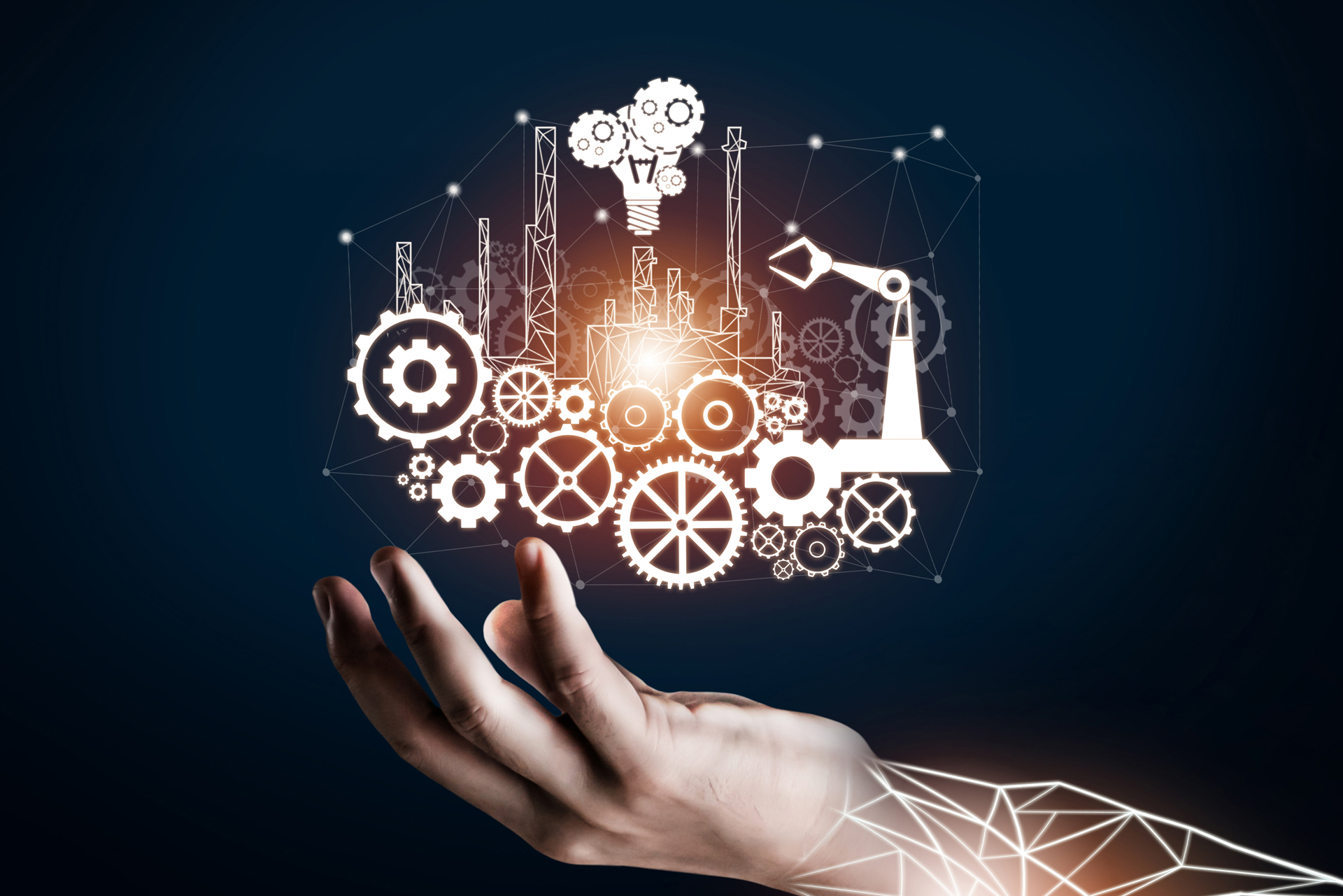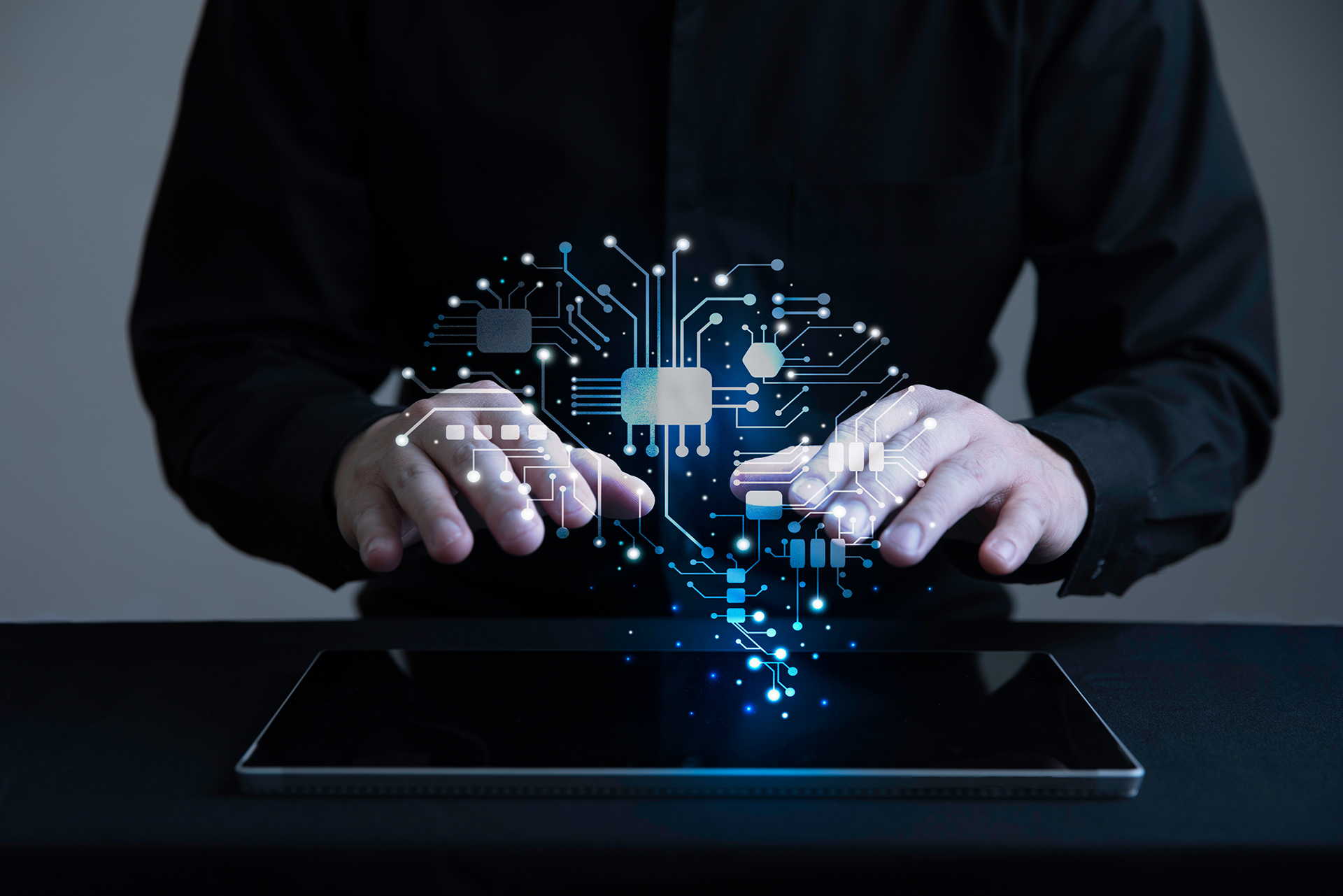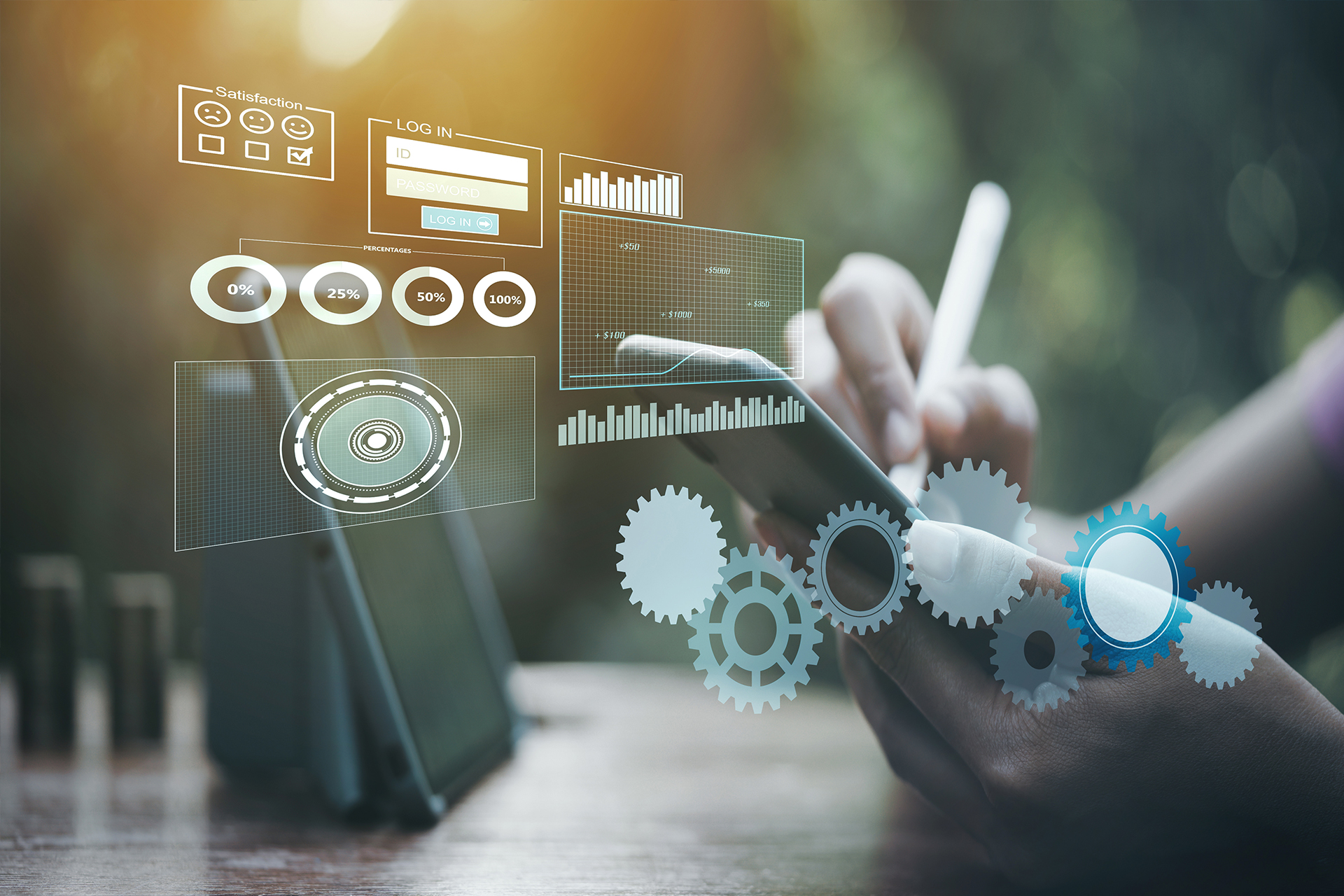
A glimpse into Decentralised AI and Data Privacy
By Admin
Data privacy has become one of the chief concerns and a leading topic of discussion not only among consumers and governments but also among the companies leading the AI revolution.
The catastrophic data breaches of the past decade have made the criticality of data privacy evident. Take, for an instance, the 2017 Equifax hack in which personally identifiable information (PII) of more than 147 million users in the US was stolen over a period of 76 days! Another major incident occurred with Dominos India in 2021, in which information of 18 million orders containing customer names, addresses, delivery locations, and phone numbers, along with allegedly credit card information of 1 million individuals from the database of Domino’s India, was hacked.
These incidents, while distressing, serve as powerful reminders. As we enter an era increasingly dominated by Artificial Intelligence (AI), the need for stringent data privacy becomes even more pronounced. Now that the capabilities and applications of AI evolve with each passing day, any sort of negligence with data privacy and data safety can have catastrophic consequences. Therefore, it has become imperative to look out for fortified data safeguards.
Understanding Decentralised AI:
When do you think will the consumer data be safe? When all of it is stored in one location only, or when it is distributed across multiple sites? While you may have the pros and cons of each option, Decentralised AI is most certainly becoming the point of focus among the modern businesses building for the future.
To date, AI has been associated with centralised data storage and processing systems. Dominated by tech giants, current AI systems involve a centralised entity with vast resources, collecting large datasets and crafting advanced models using high-end computing for detailed analysis and insights from the collected data for businesses, but with little to no value for the end consumers who provide the data.

https://medium.com/intotheblock/decentralized-ai-in-5-minutes-2f3769deeff7
However, recent advancements like mobile computing and the Internet of Things (IoT) have started challenging AI's centralised paradigm. Instead of knowledge merely converging to central hubs, there's a growing awareness for a shift to a framework where AI's training, optimisation, testing, and knowledge creation are distributed among multiple stakeholders.
So, in essence, Decentralised AI, often termed as DAI, has a model contrary to Centralised AI, in which decision-making is distributed, relying on a consensus across various nodes instead of a singular governing body. It utilises Blockchain technology for data storage and processing, which provides heightened levels of security, clarity, and dependability in AI systems. It makes manipulation or alteration of data nearly impossible since it is tamper-proof.
Benefits of Decentralised AI for Data Privacy:
Now, as we see a way forward to address the issues or gaps created by centralised AI, let’s understand the benefits of Decentralised AI systems.
Empowerment:
Decentralised AI returns control to users, allowing them to decide where and how their data is used.
Security:
By adopting a distributed system, the risks associated with central points of failure are reduced significantly, leading to enhanced data security.
Transparency:
Decentralised protocols offer clear visibility into data processes, promoting trust and clarity.
Regulation Compliance:
With decentralisation, adhering to stringent regulations like GDPR becomes more straightforward, ensuring businesses stay ahead of compliance curves. It's worth noting that companies like MSBC Group are at the forefront of integrating these benefits into tangible software solutions.
Privacy:
By dispersing data and computational capabilities over the network, decentralised AI enhances privacy and security measures. Coupled with blockchain technology, it ensures data storage is resistant to tampering.
The way forward:
We are spearheading our way into AI evolution and its applications across a large spectrum. For instance, CCTV surveillance in public areas is commonly accepted, but pairing it with facial recognition can greatly intensify privacy concerns. Therefore, the task at hand for the businesses is to build AI systems that are compliant with privacy and safety requirements.
However, technological hurdles, especially concerning scalability and efficient data processing, are real; for example, one leading financial institution faced heightened challenges after its compliance software failed to spot trading issues because the data feeds no longer included all customer trades.
Moreover, businesses need to weigh the implications of integrating such systems—considering costs, potential disruptions, and the learning curve associated with novel technologies, as not only millions and billions of dollars and consumer security but the businesses’ invaluable reputation is also at stake. This requires a trustworthy AI development partner driven by strong values alongside experience and expertise in the field, such as MSBC Group.
Have more questions about the ever-evolving AI and how you can leverage it for your business and consumers in compliance with data privacy and security standards? Drop a message here, and our team will help you!
Insights
Insights into
our World
A view of the ever-evolving digital world through our screens

